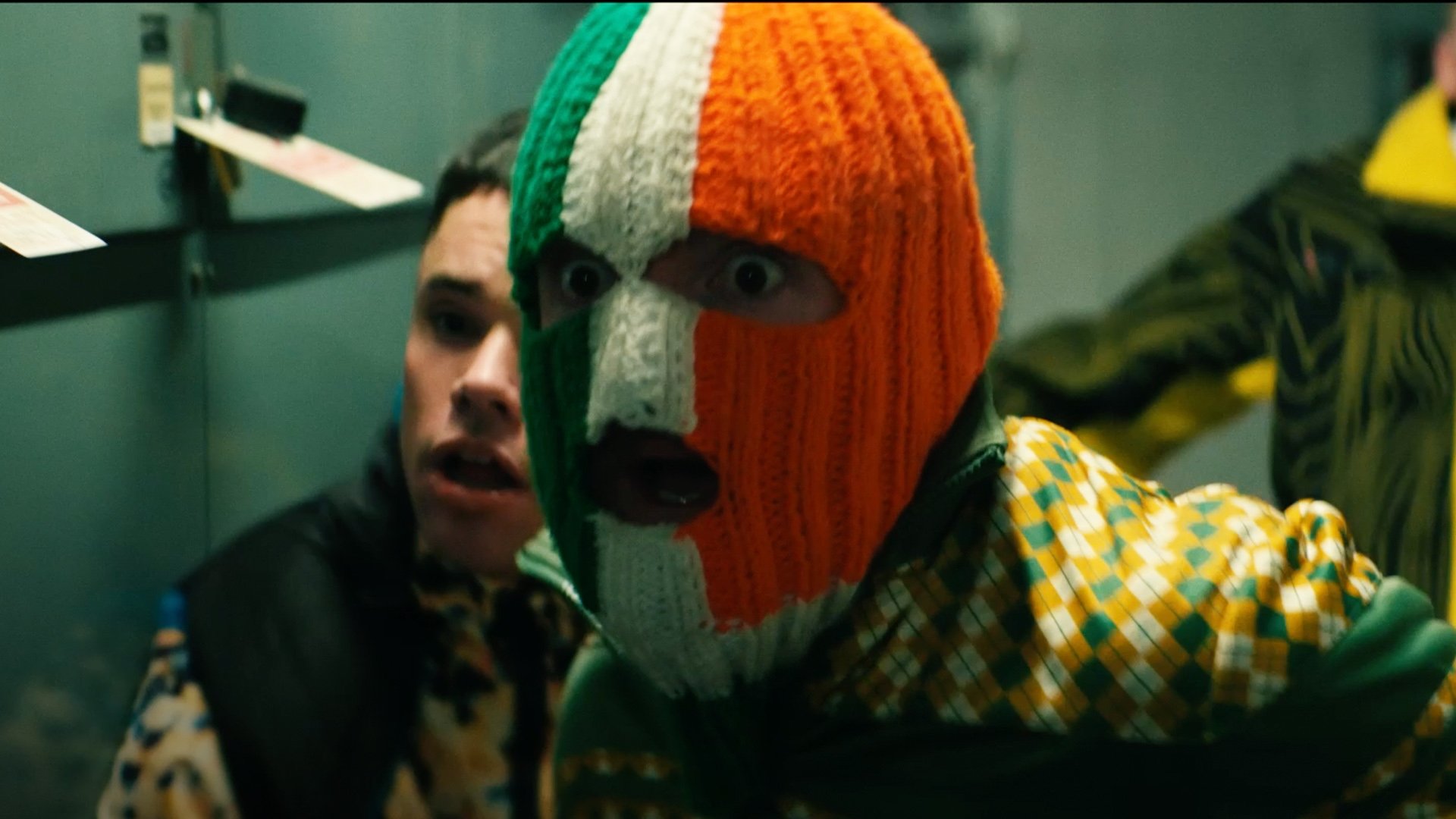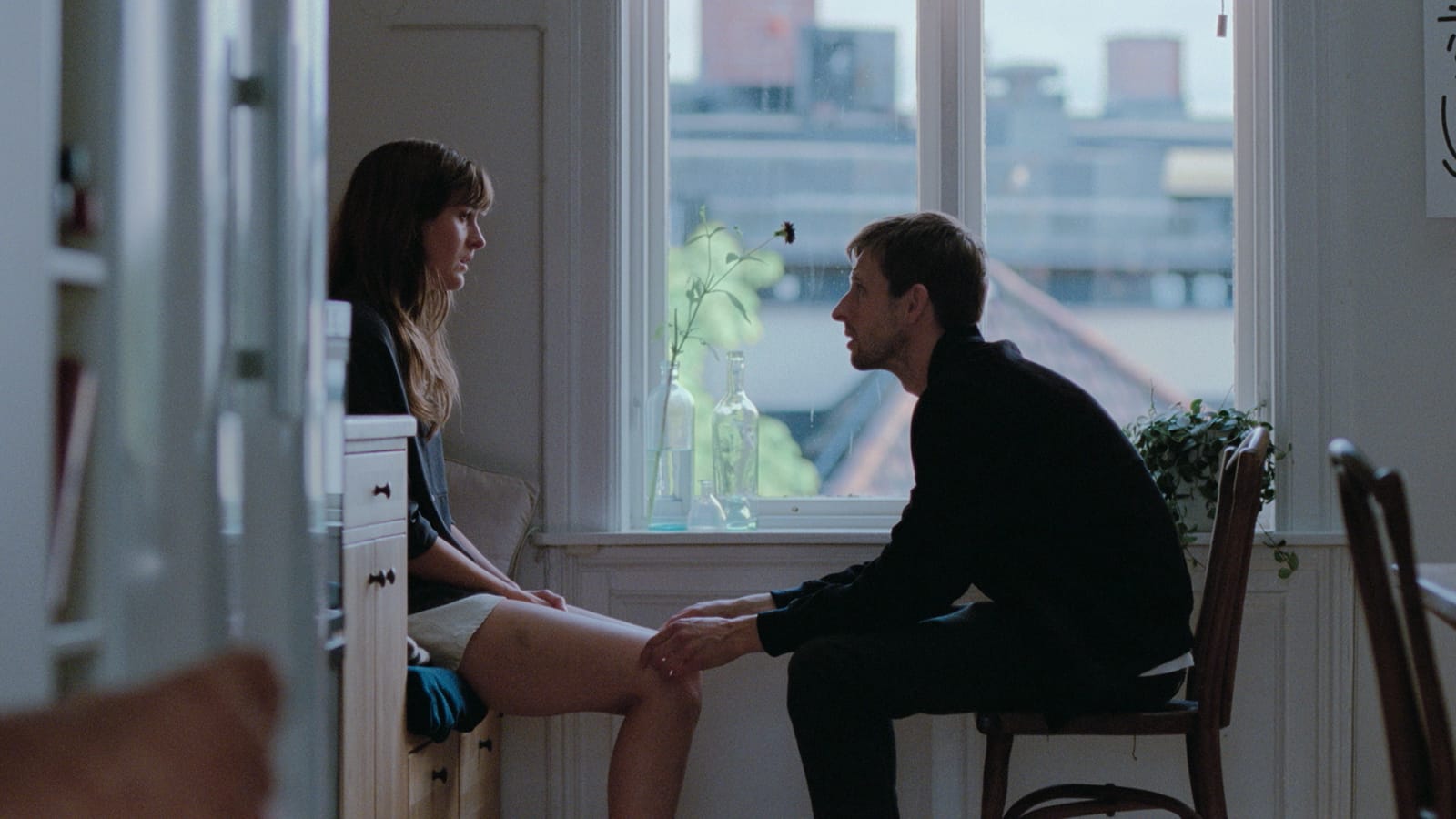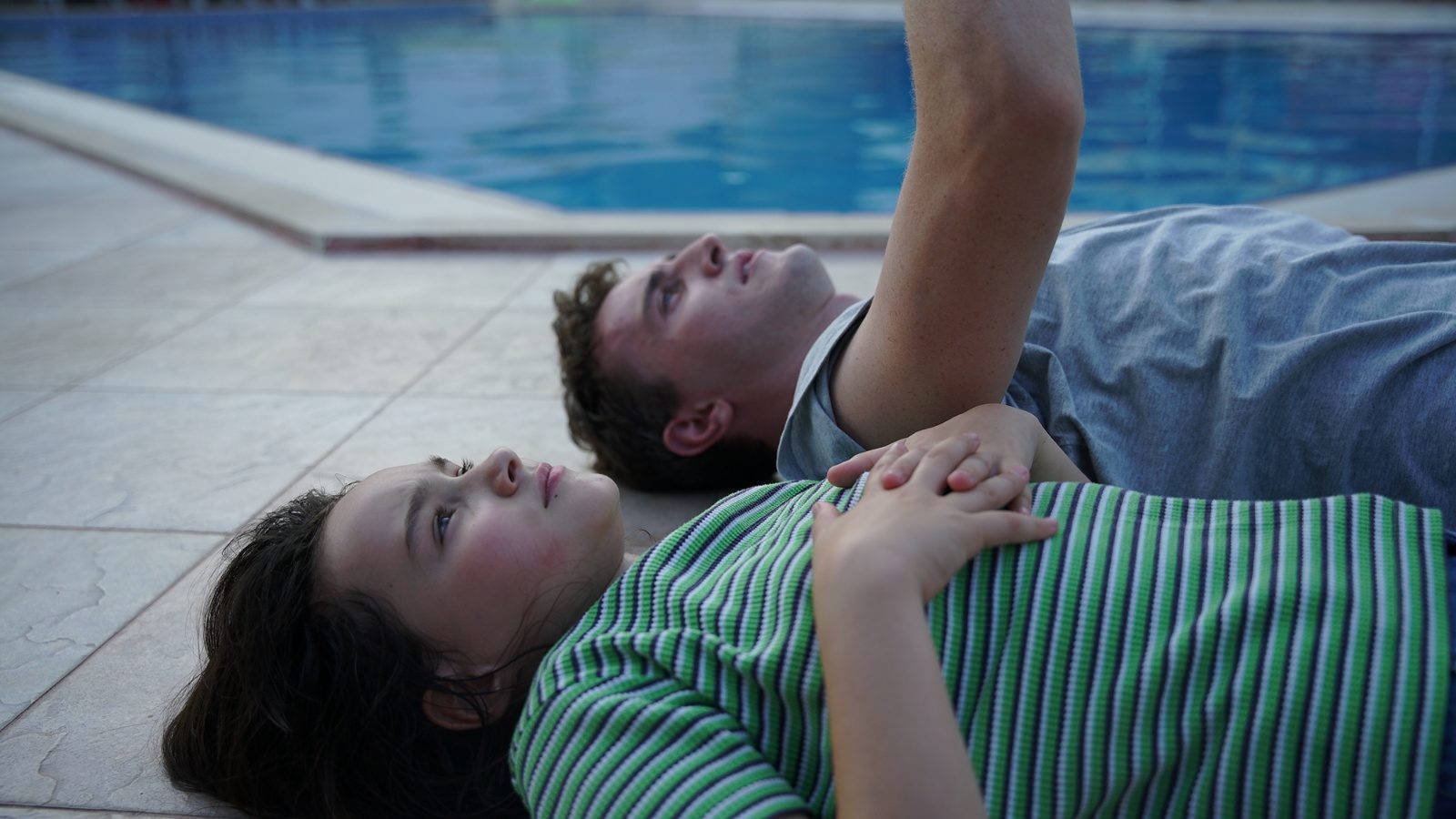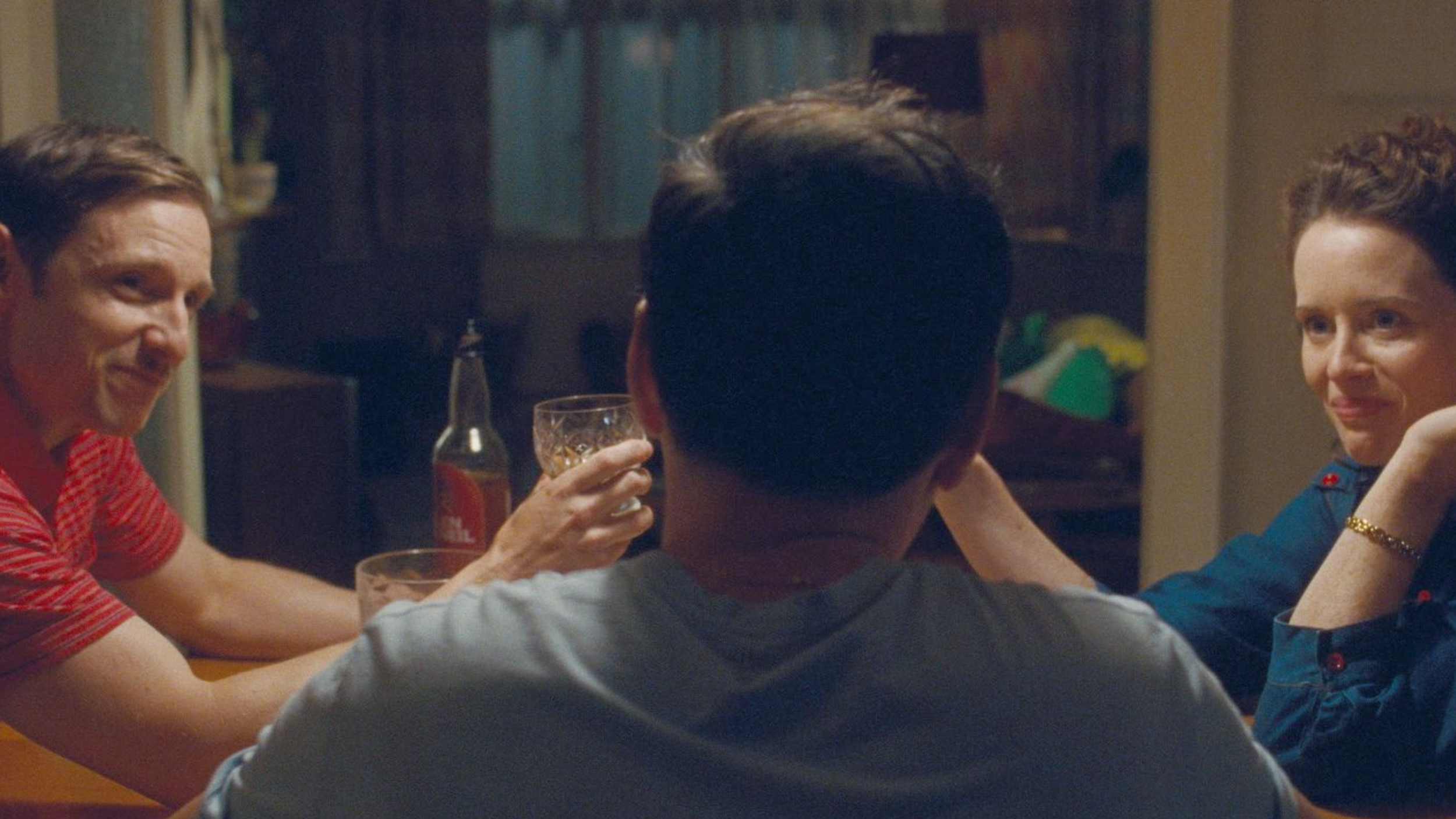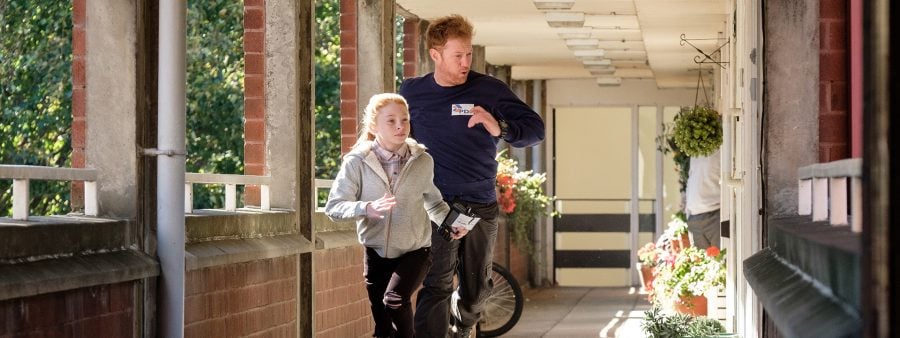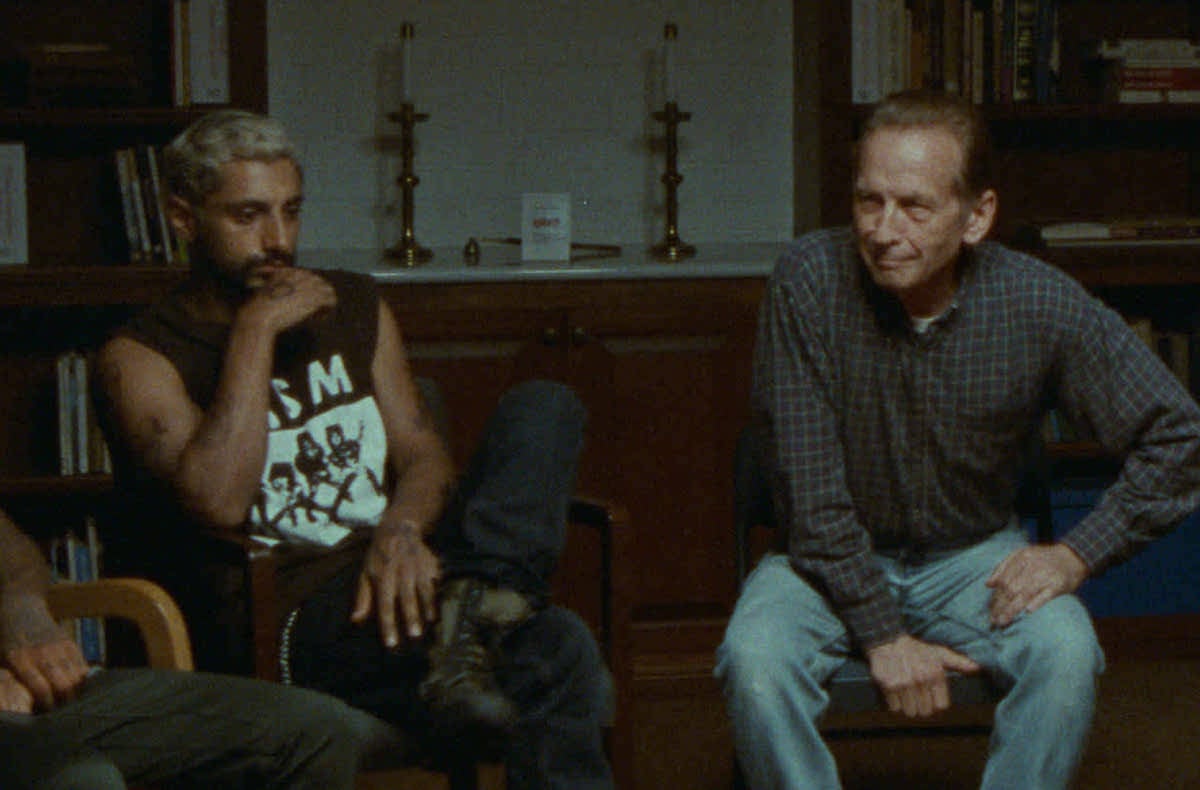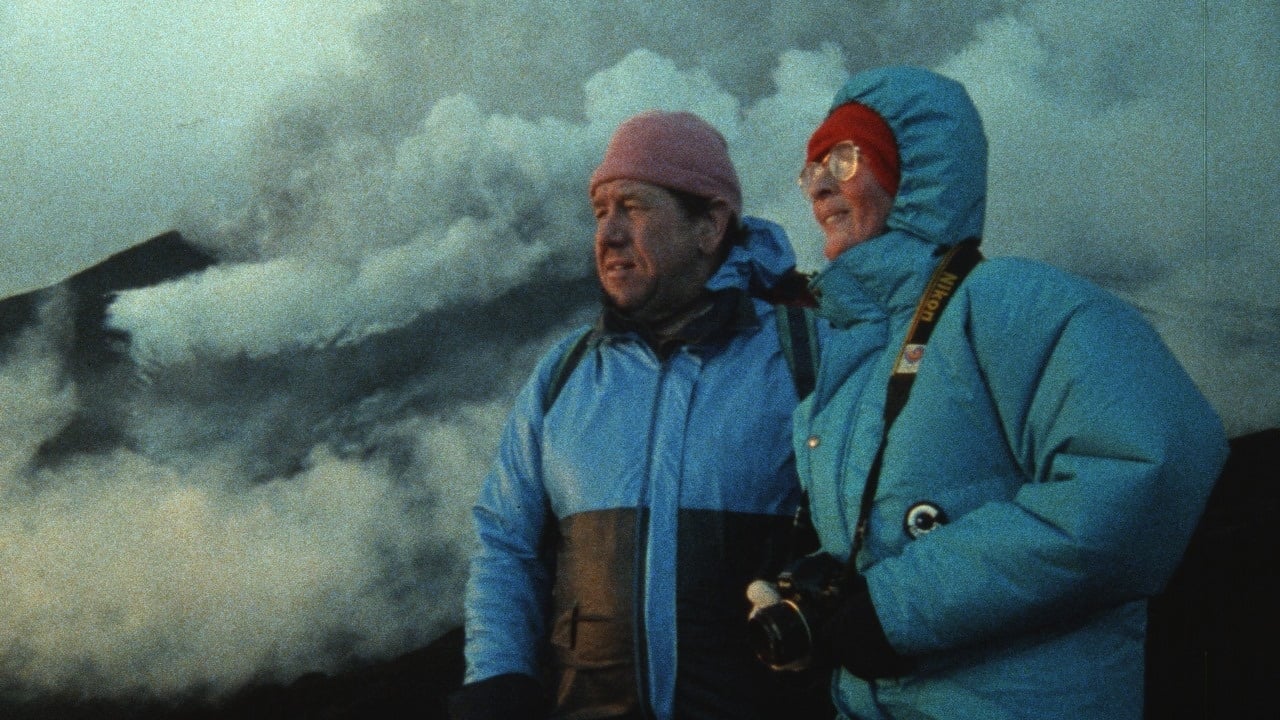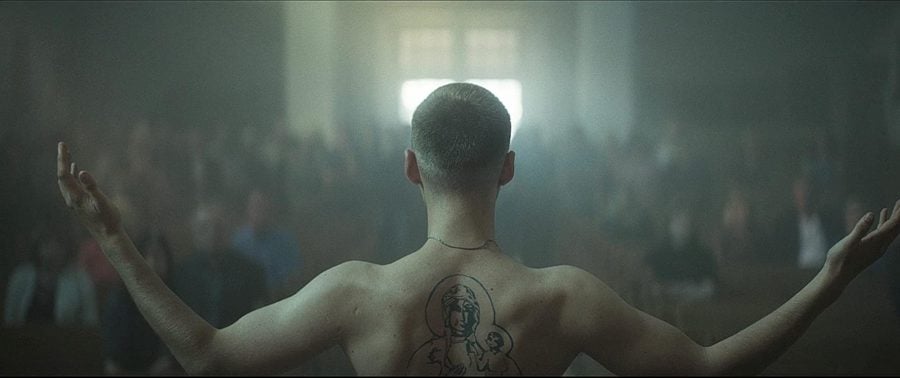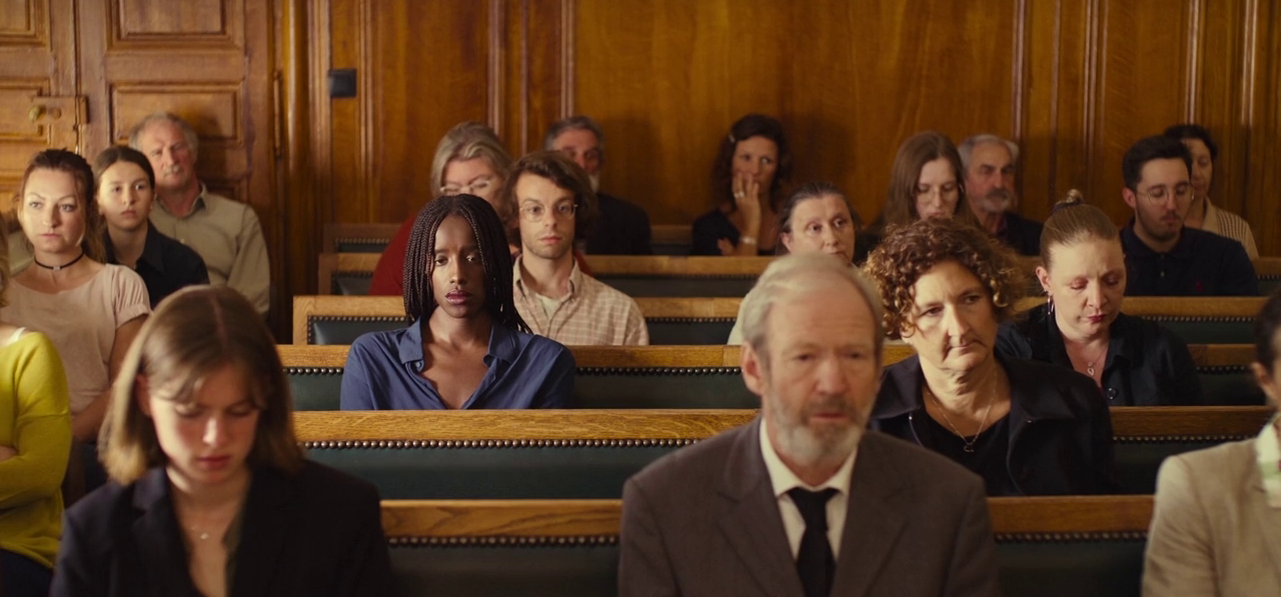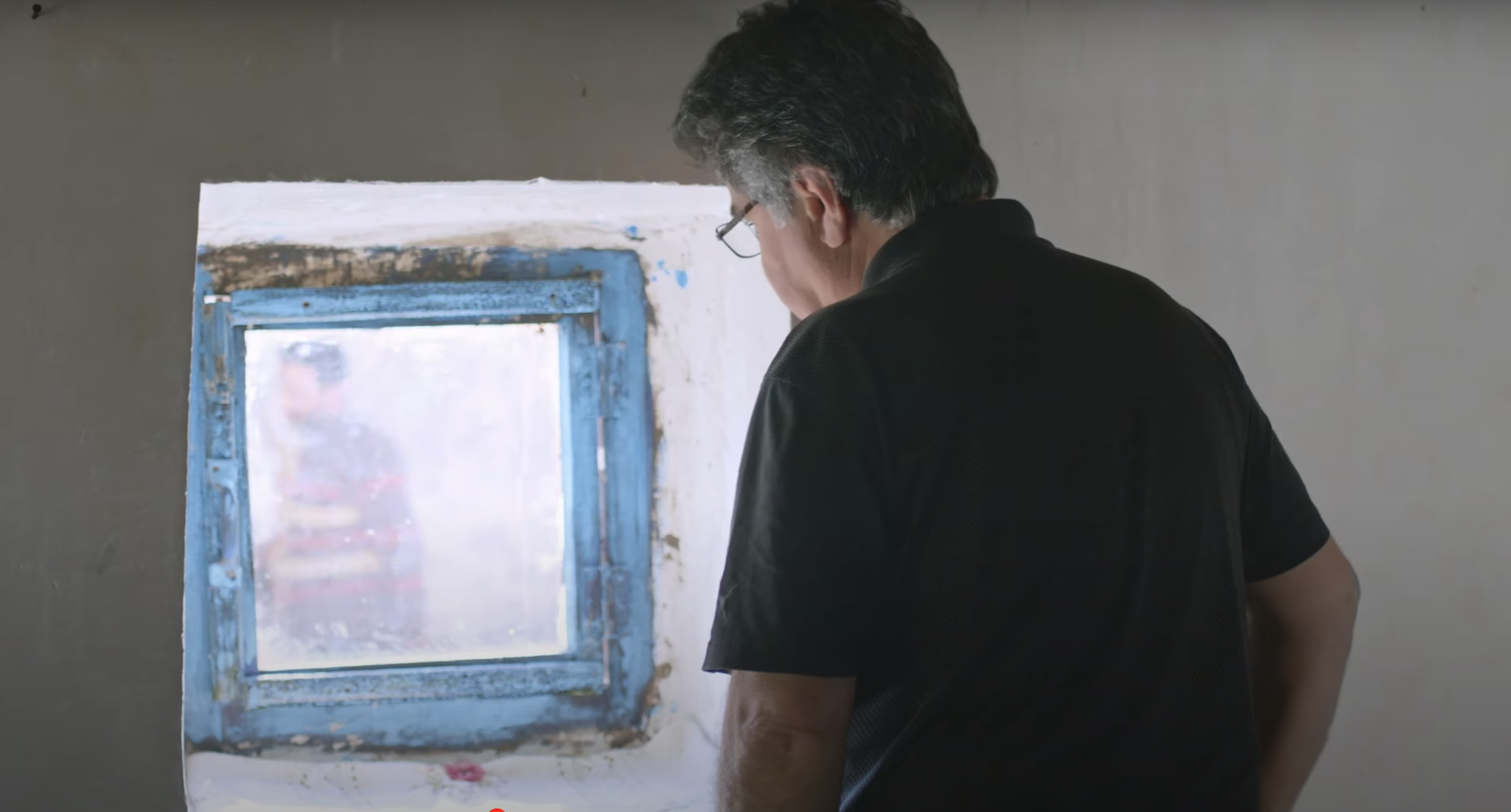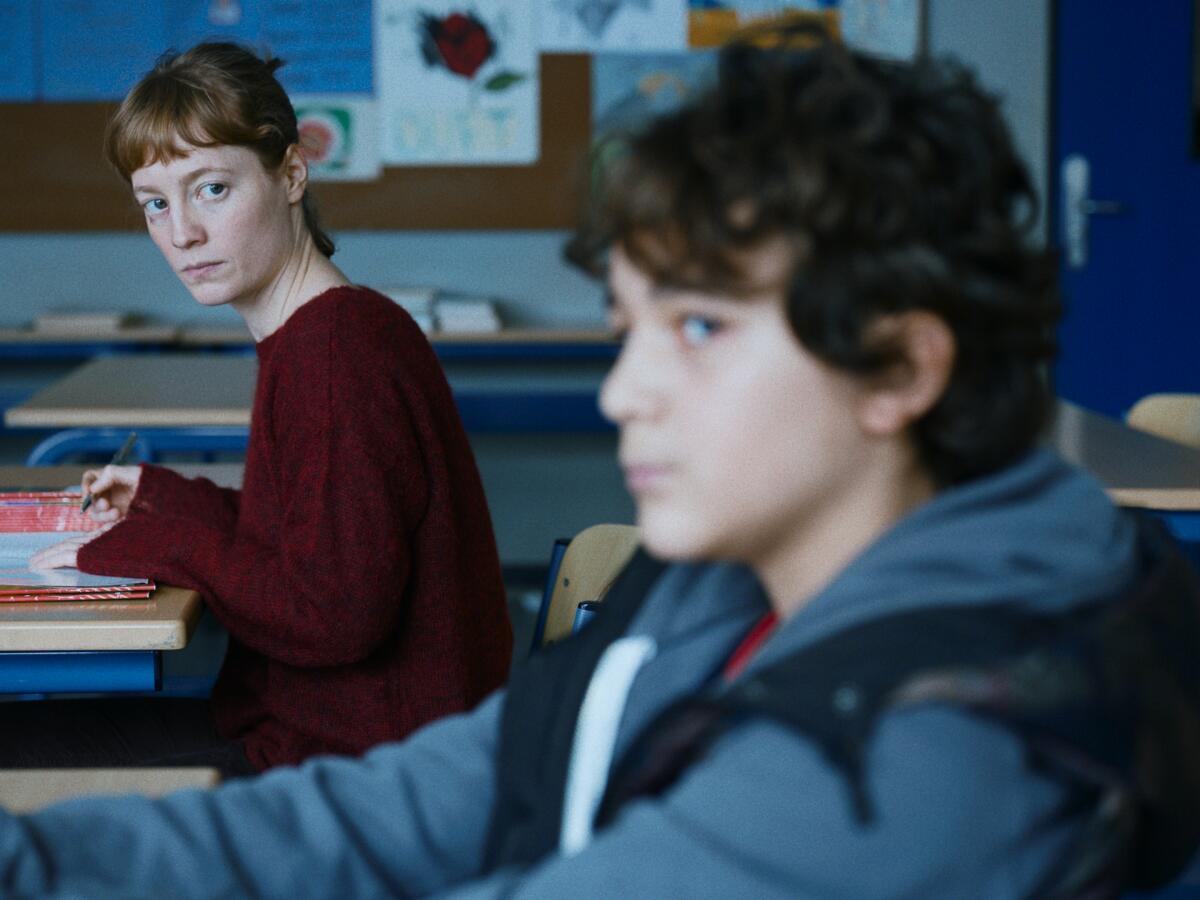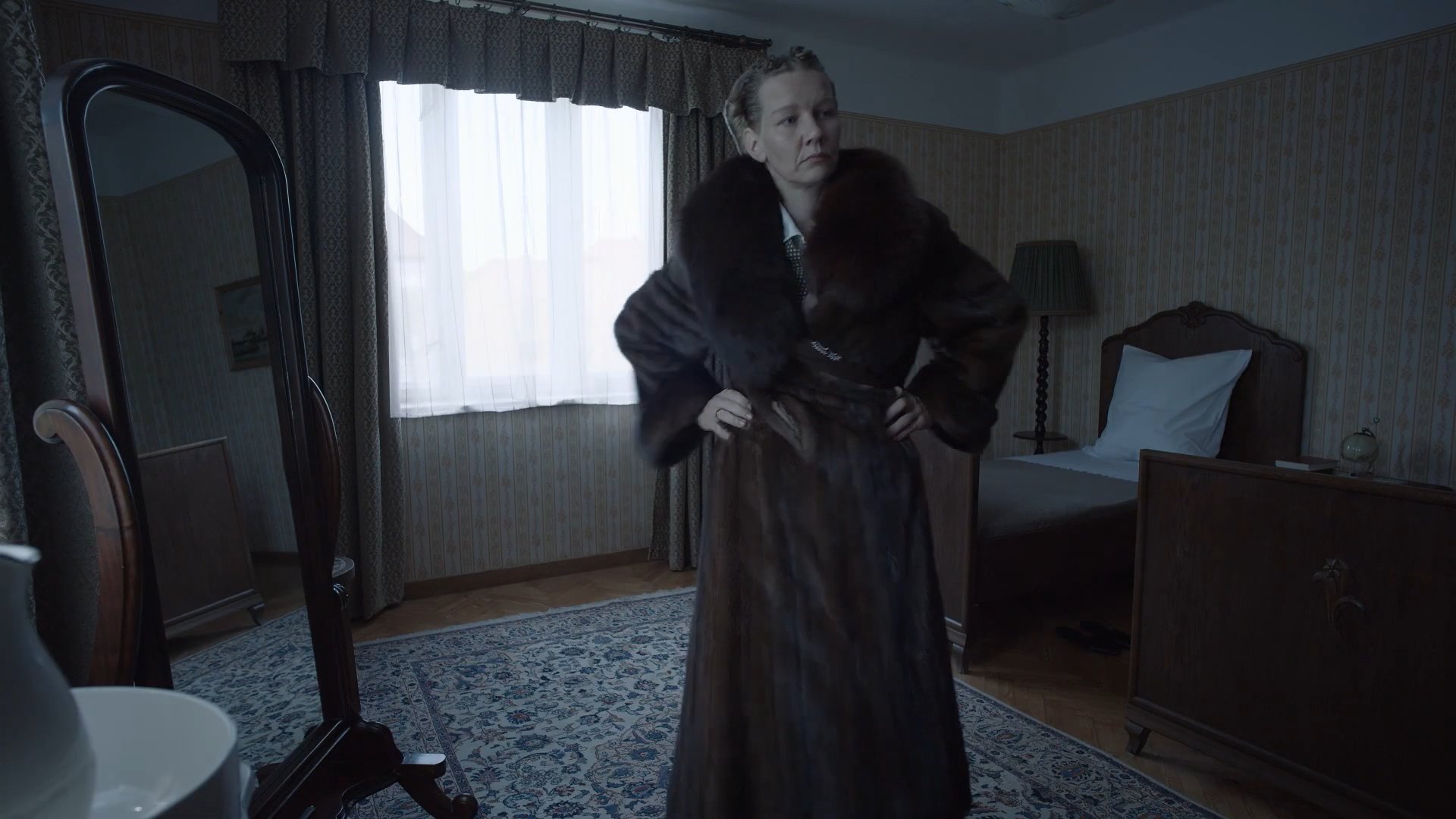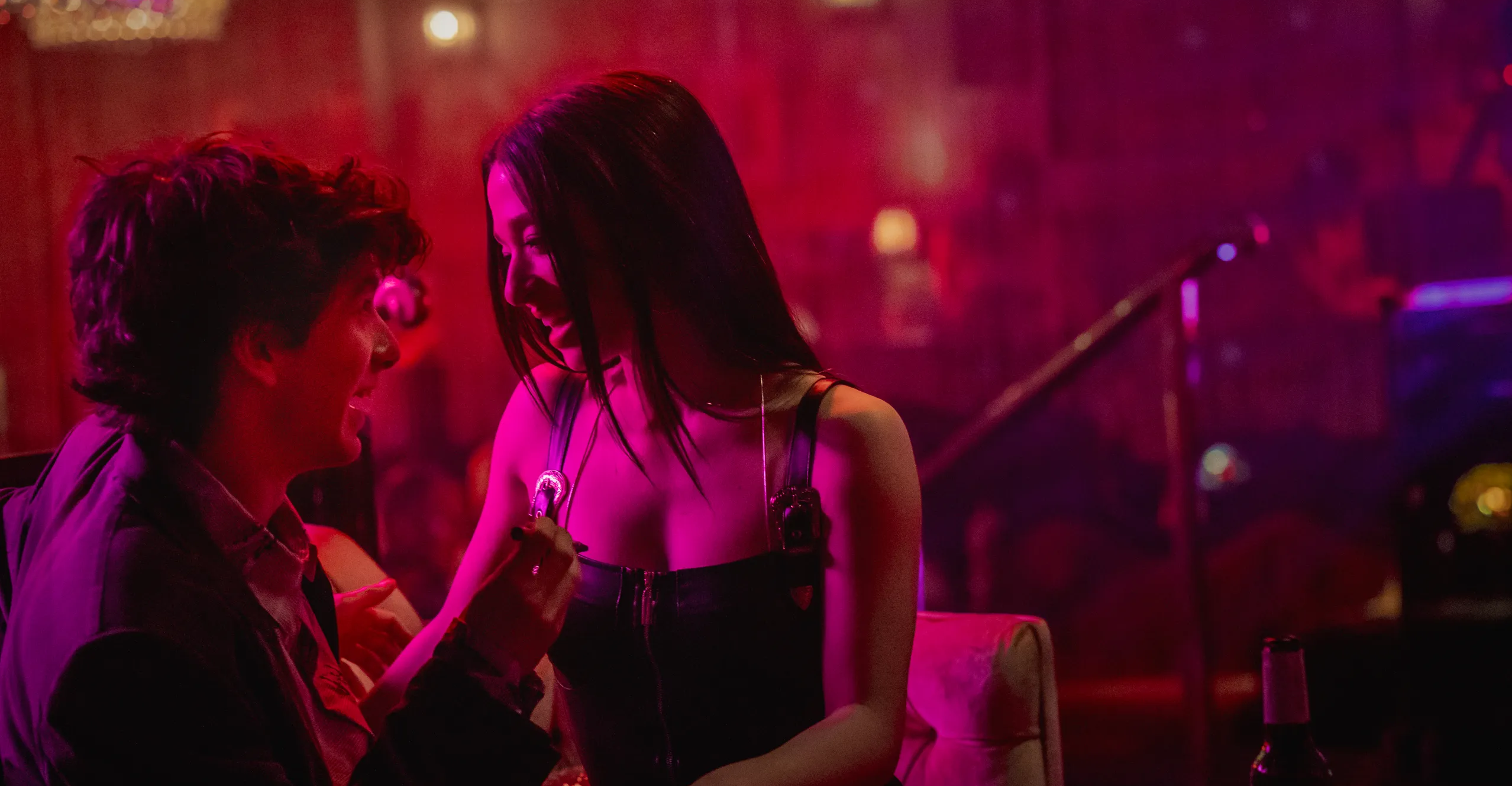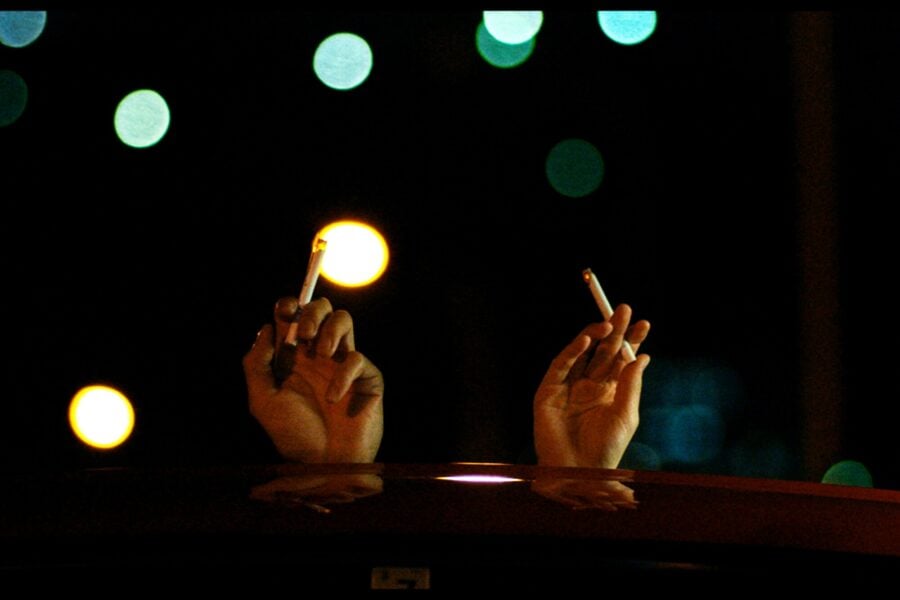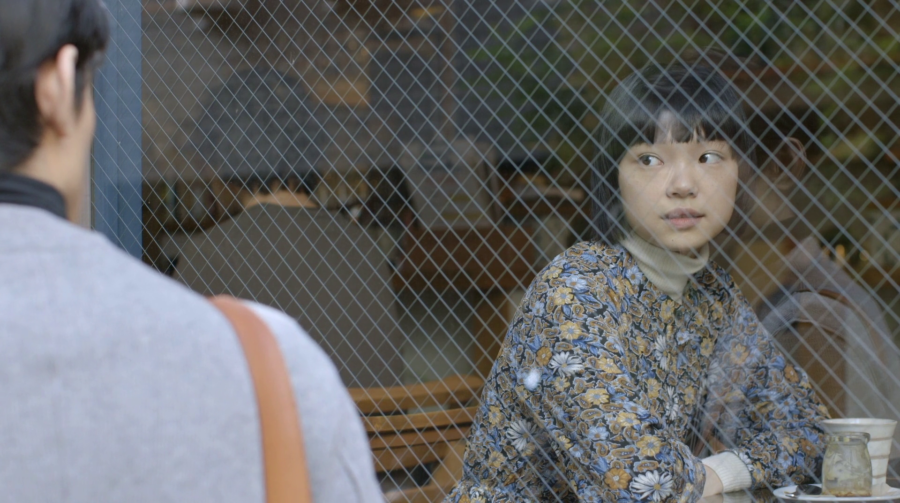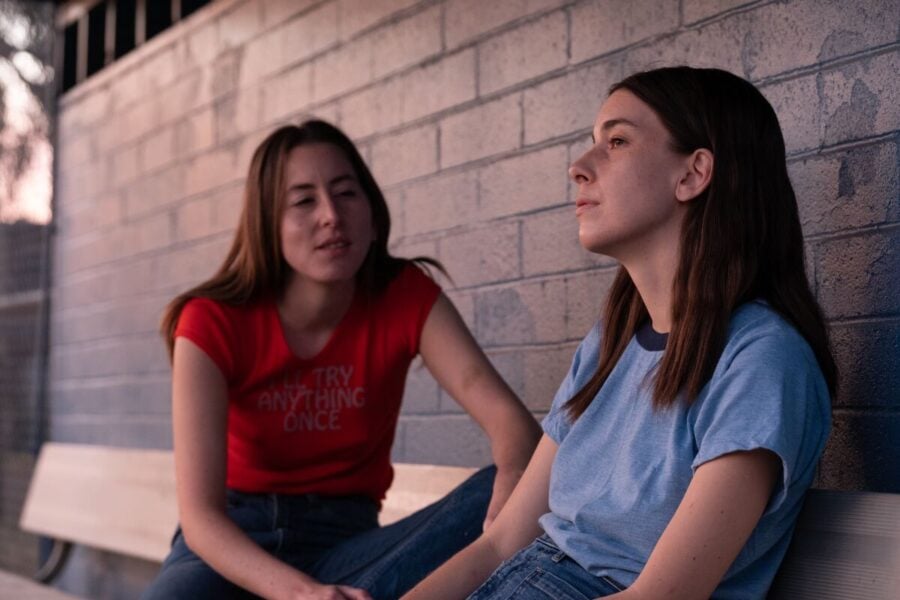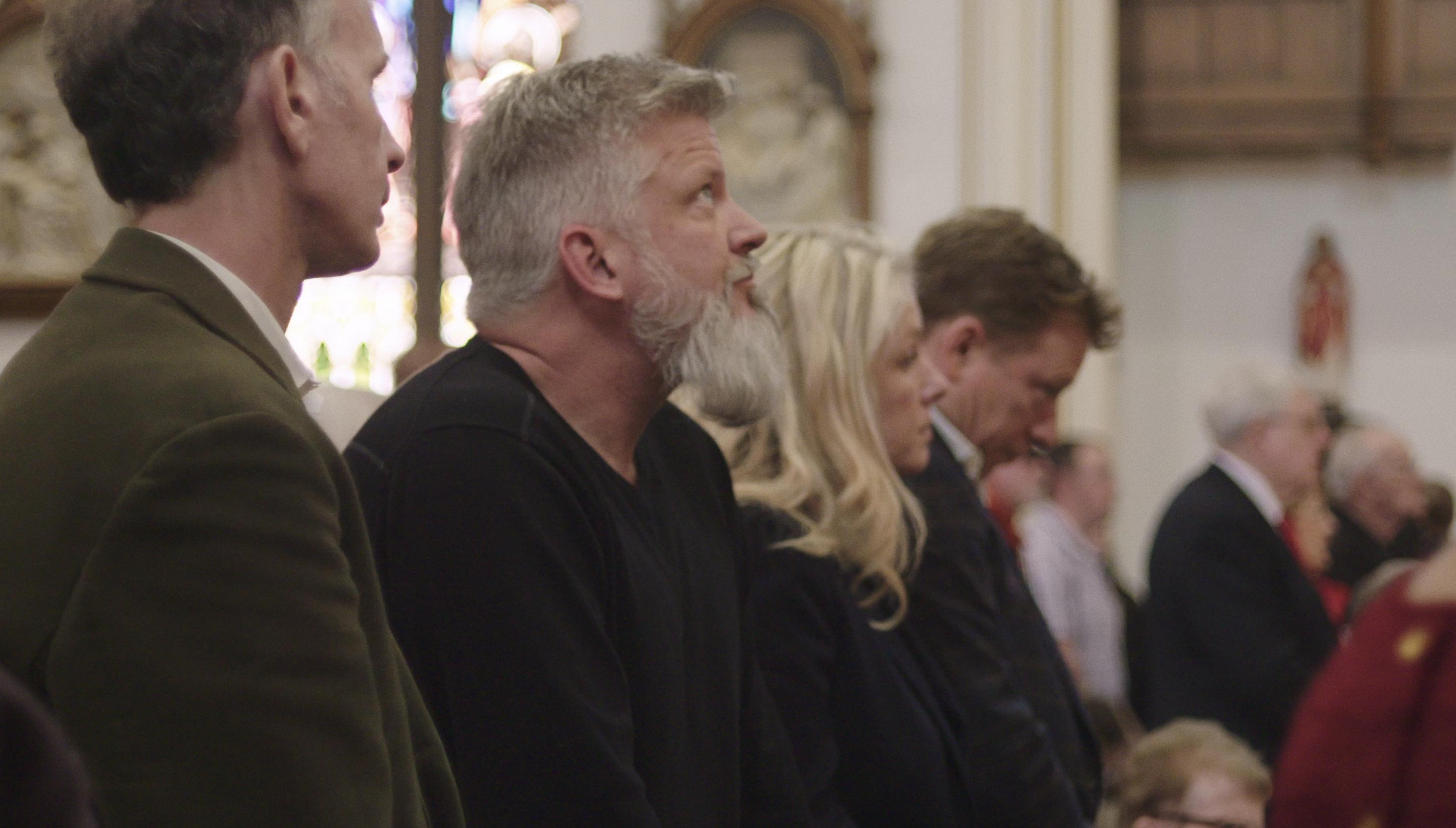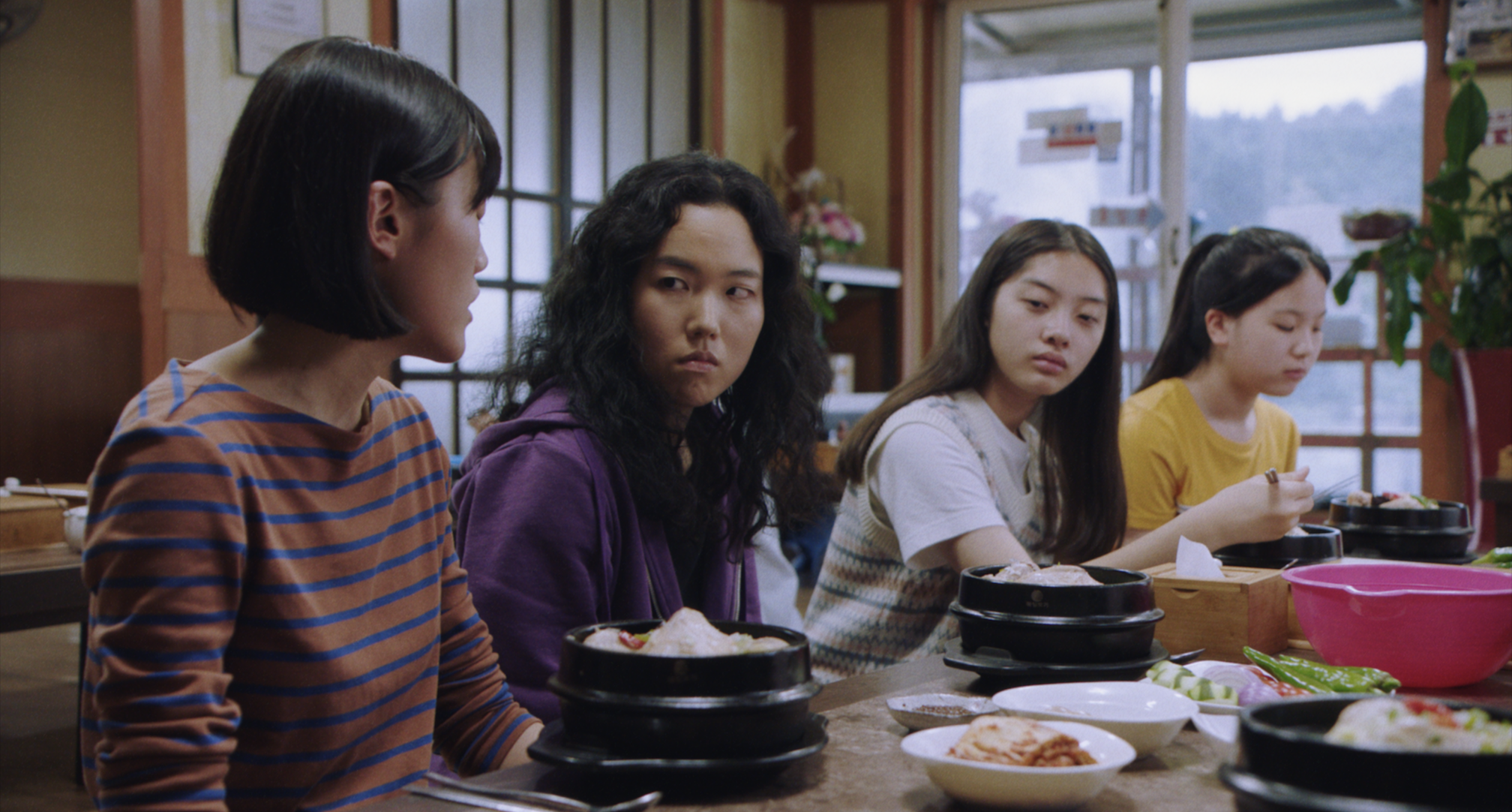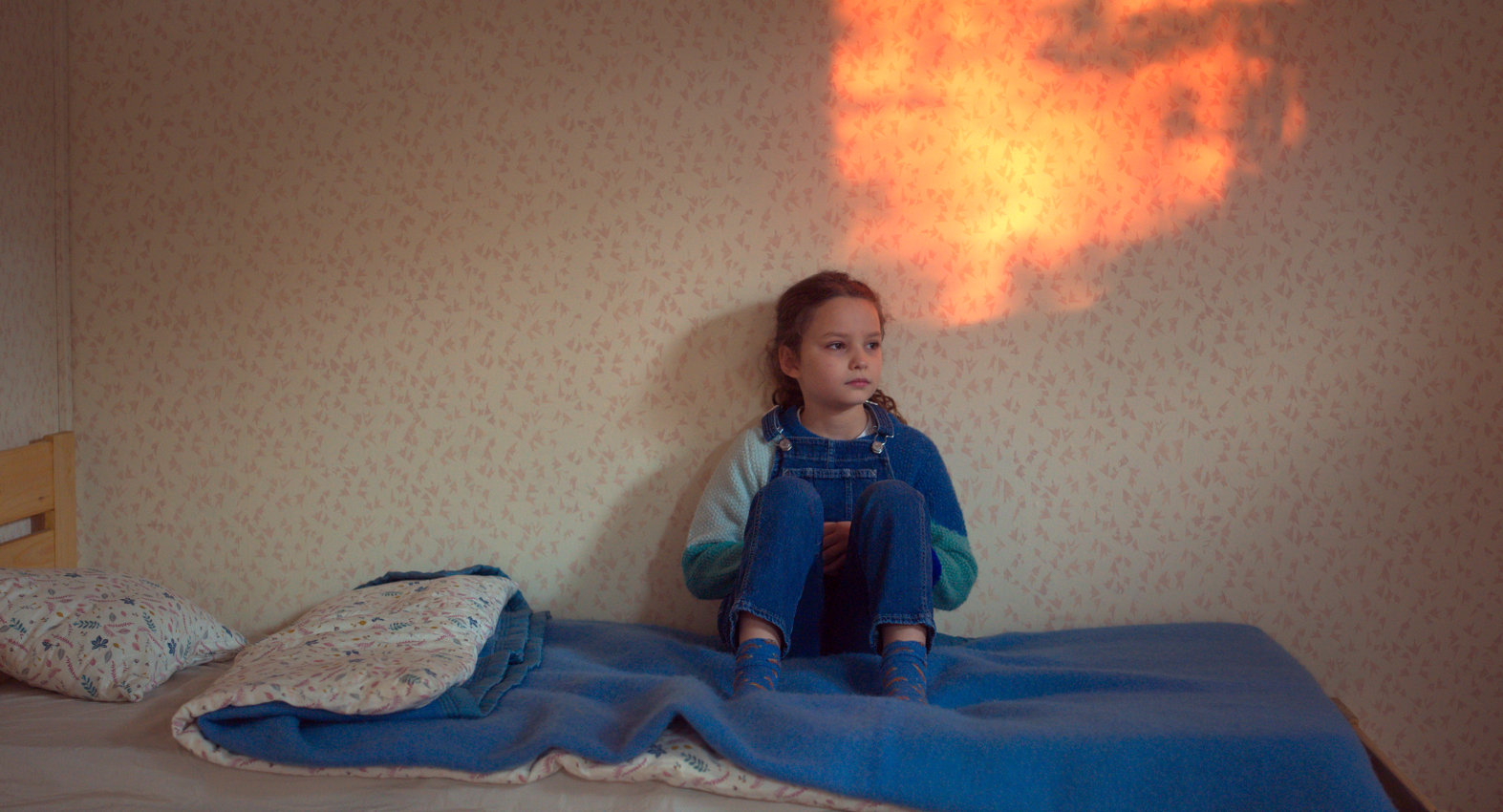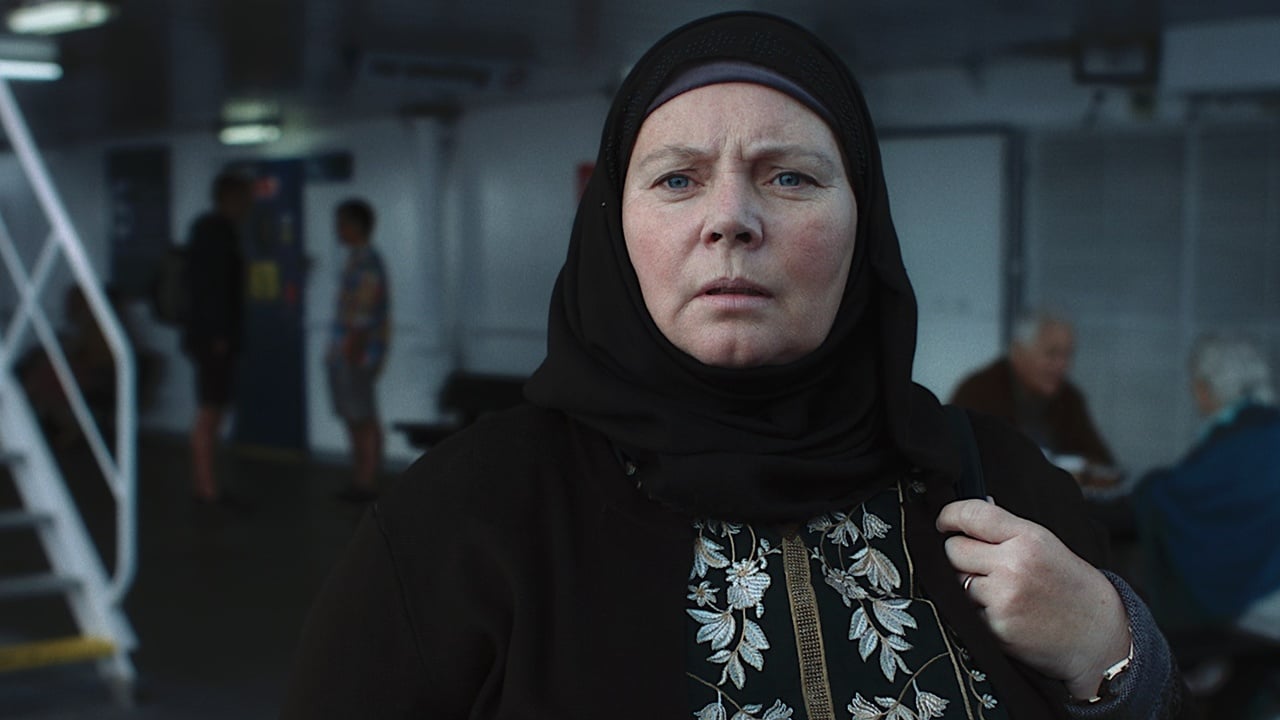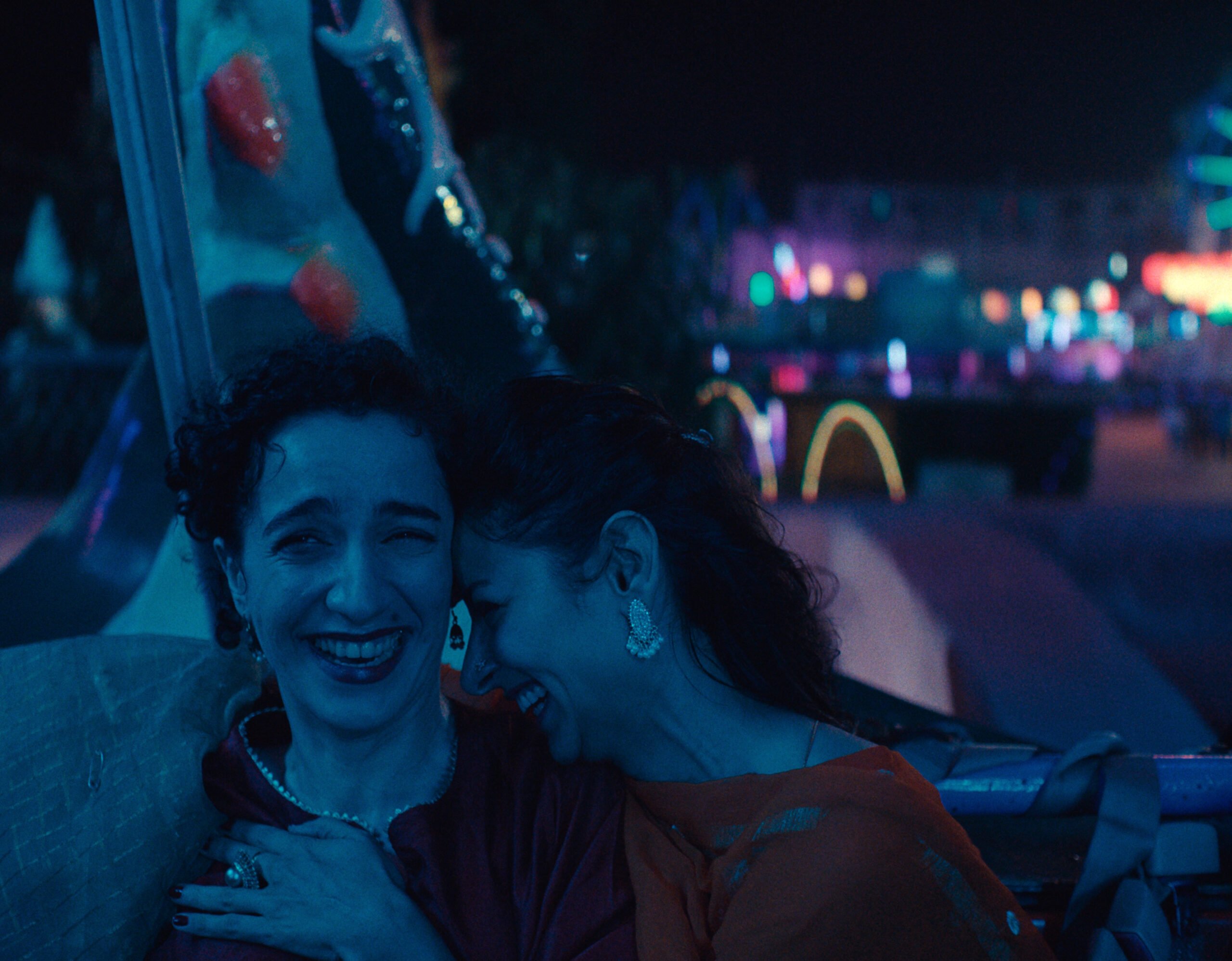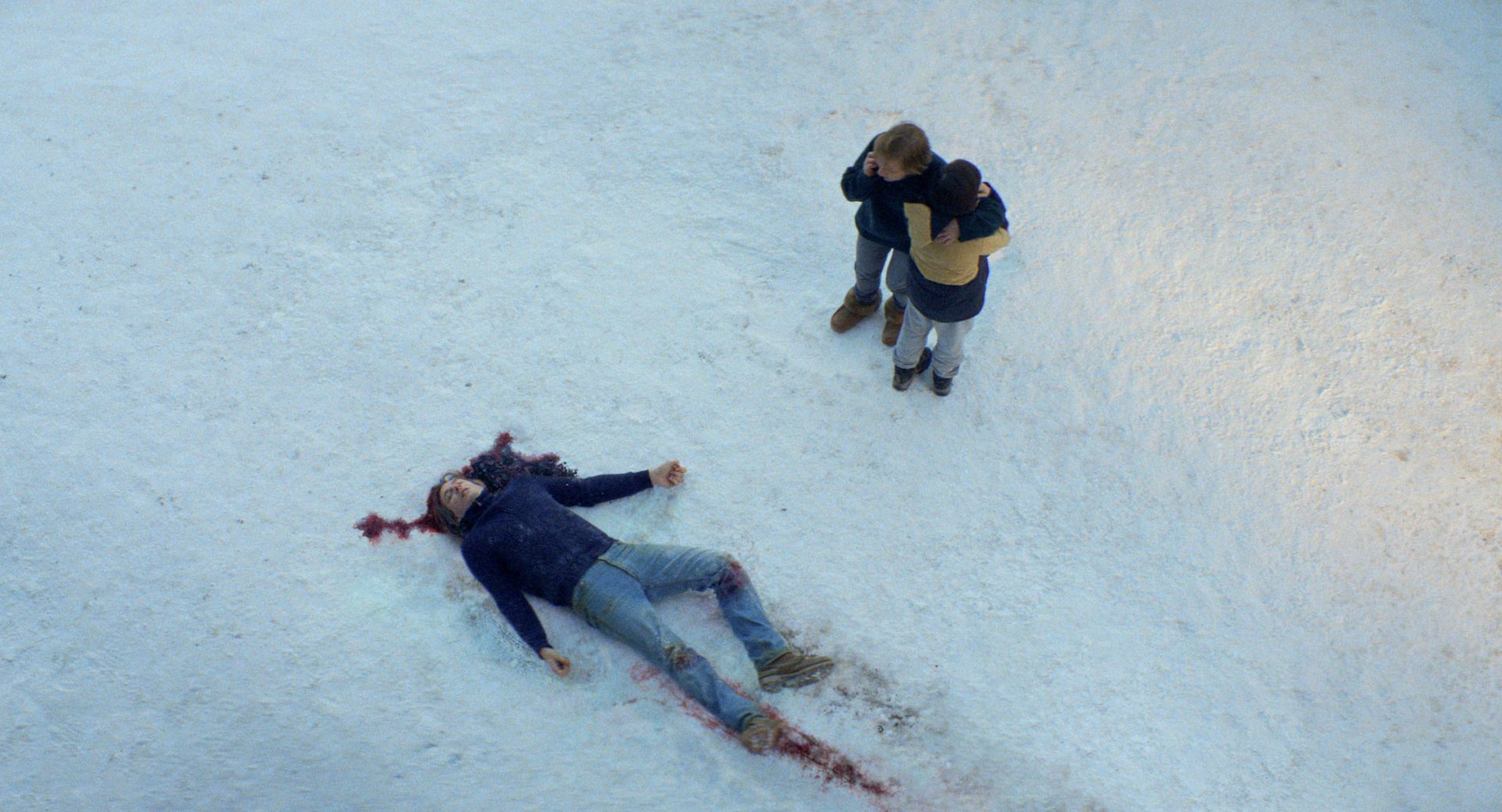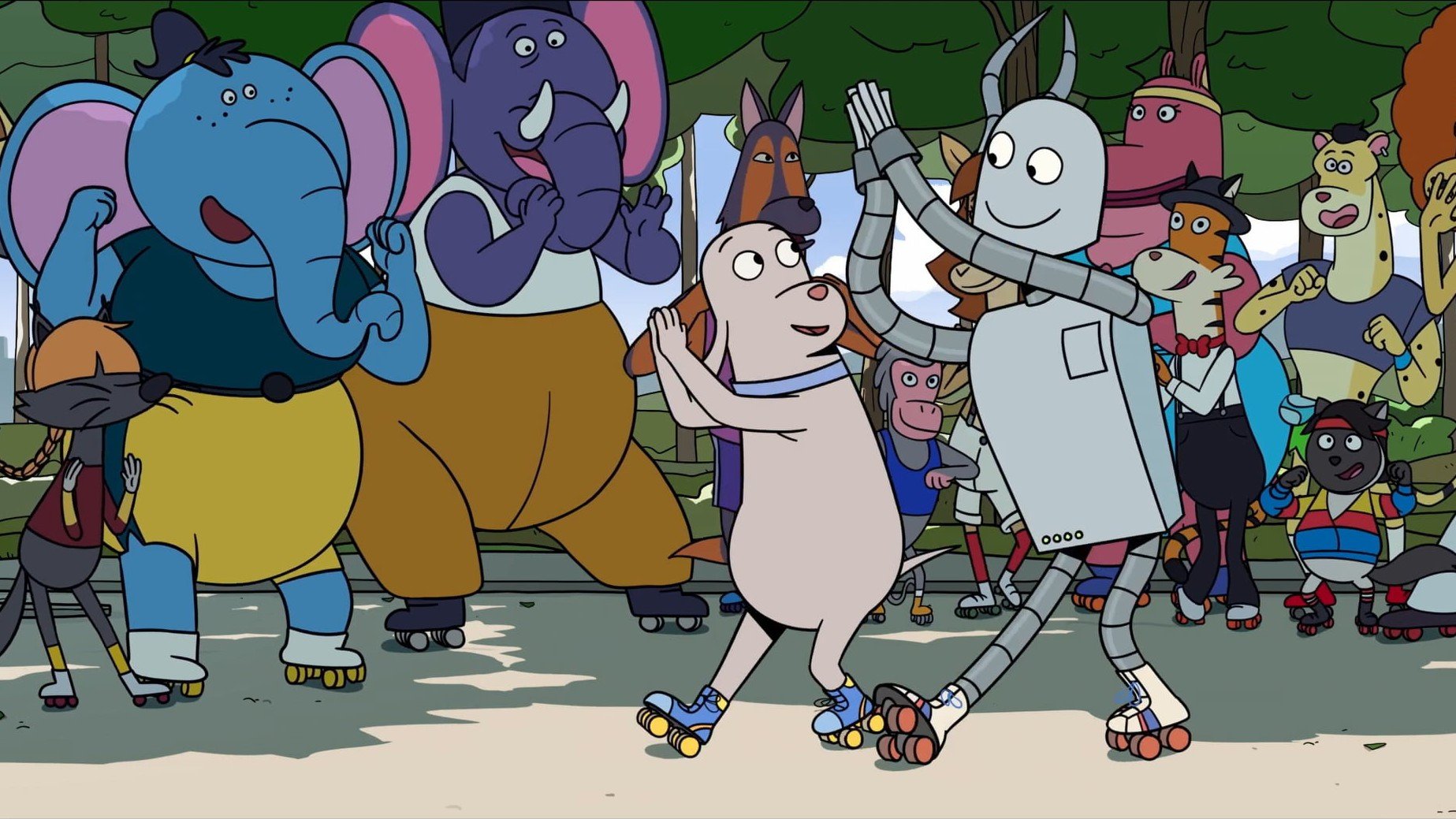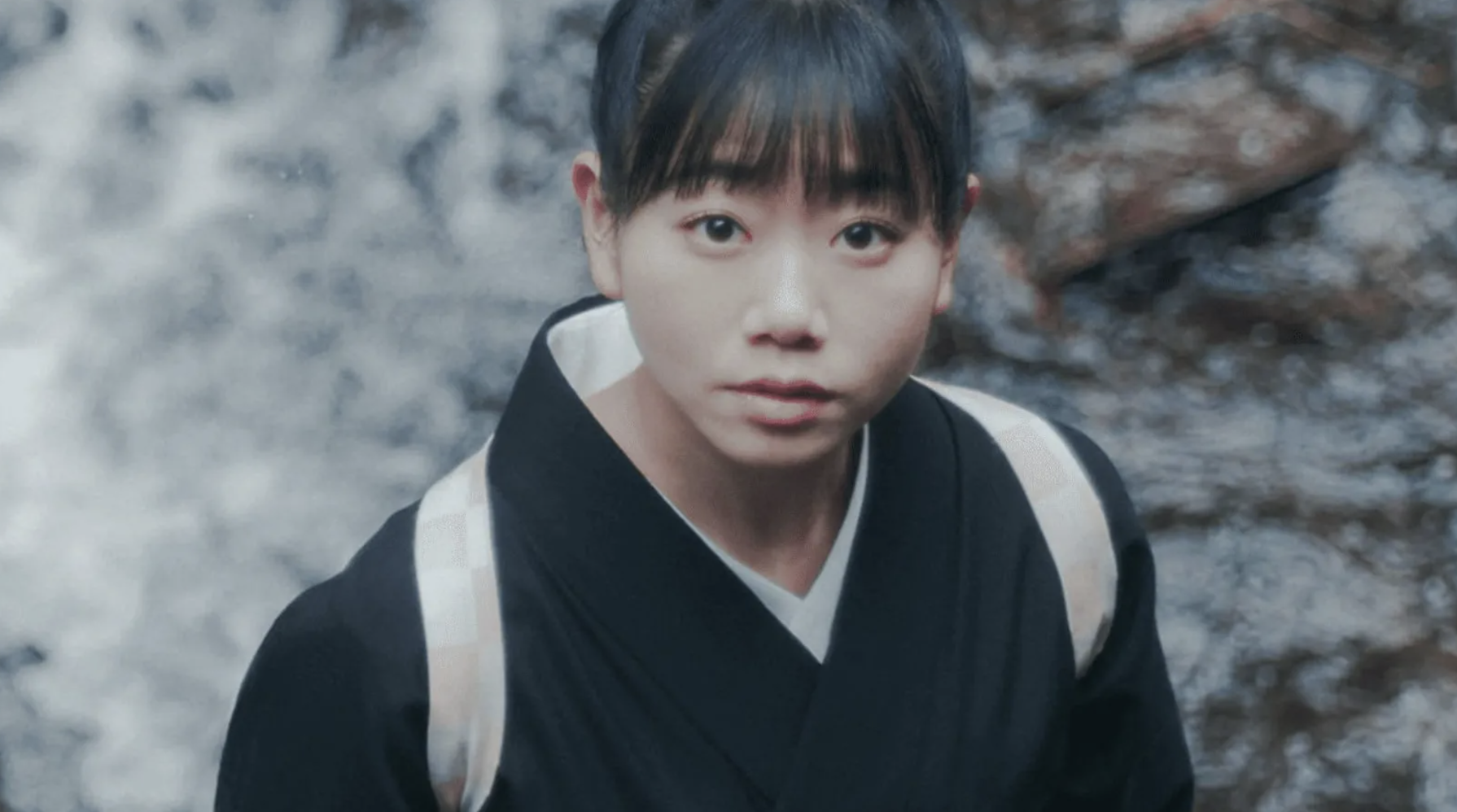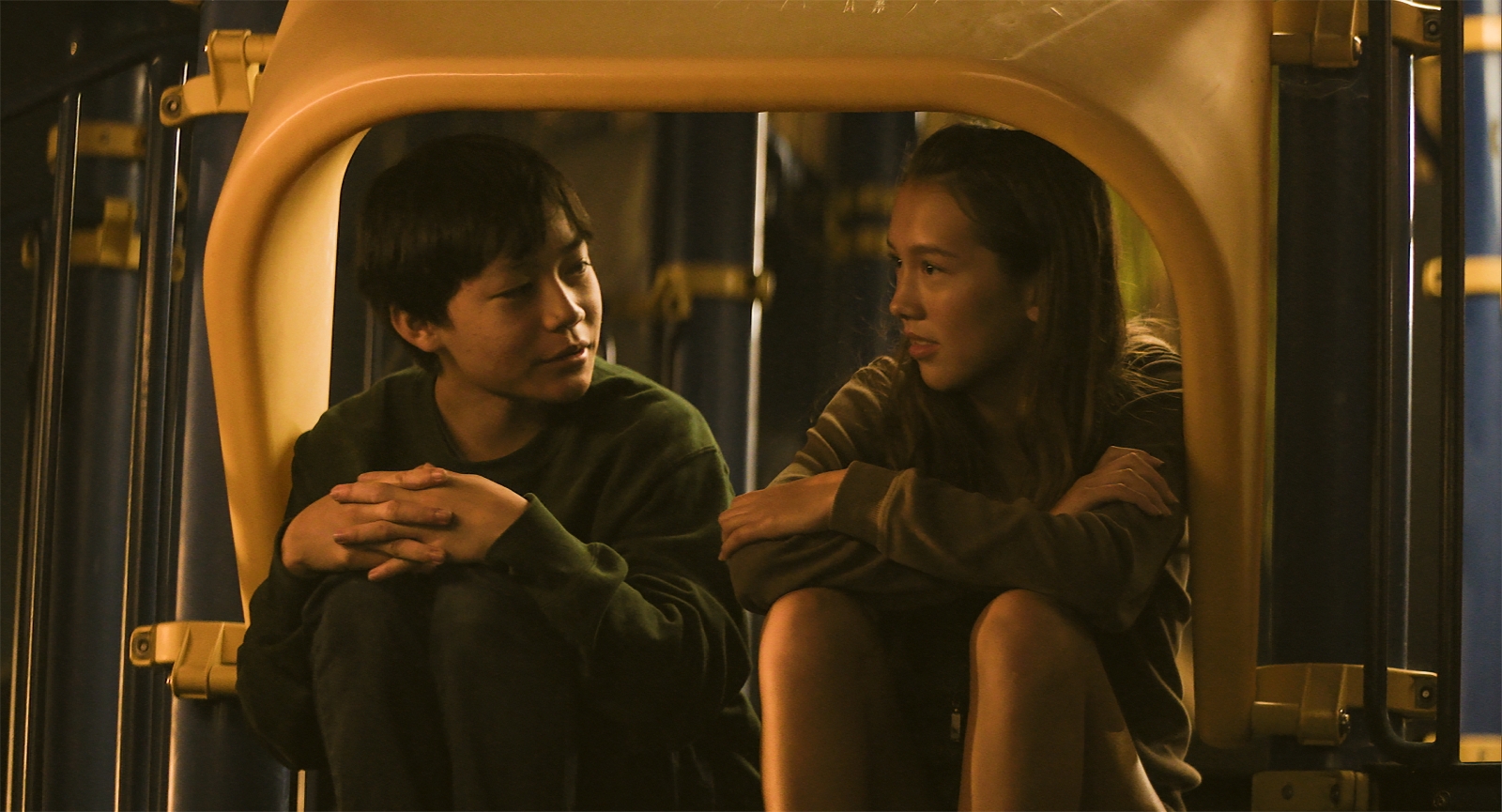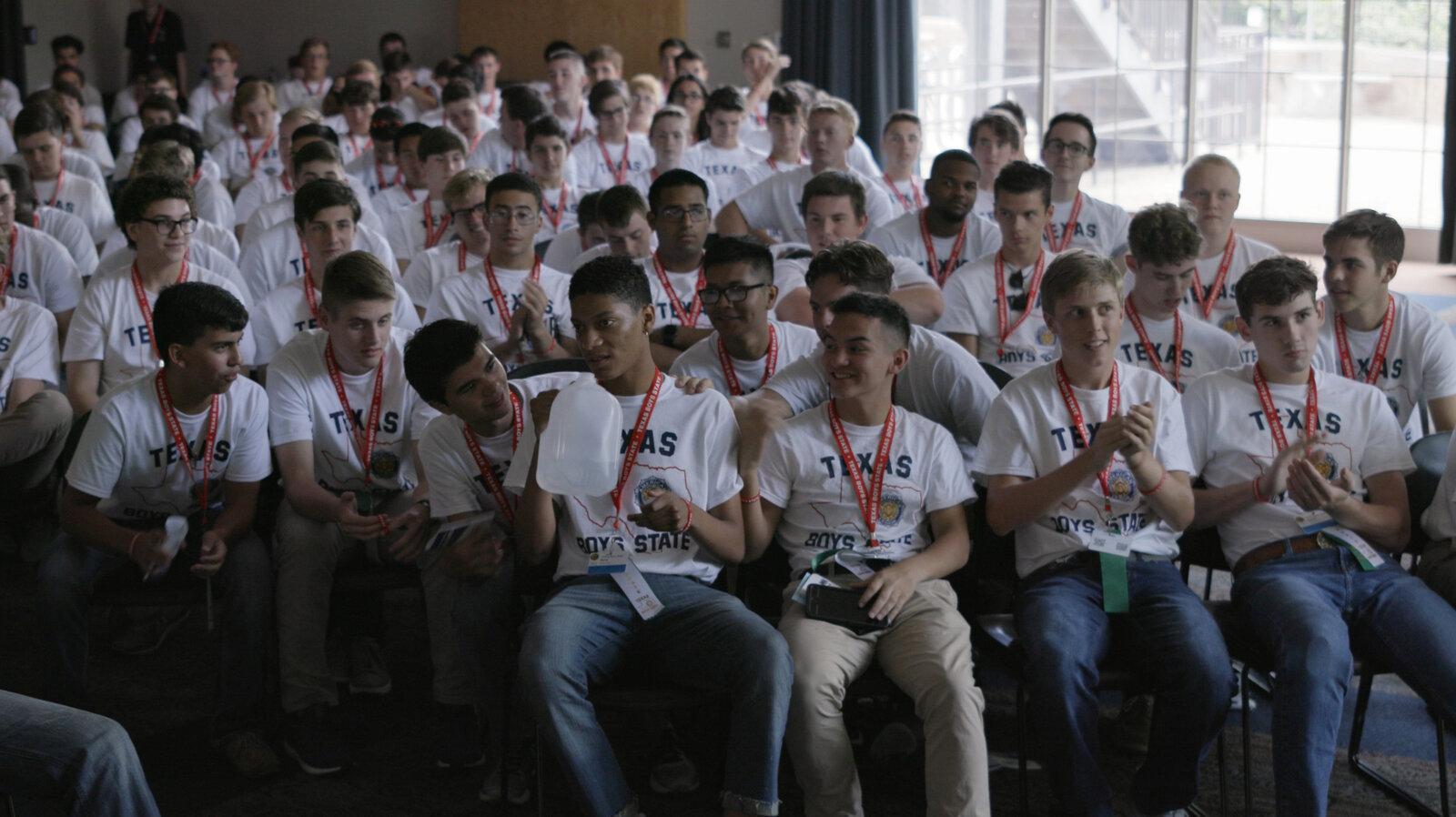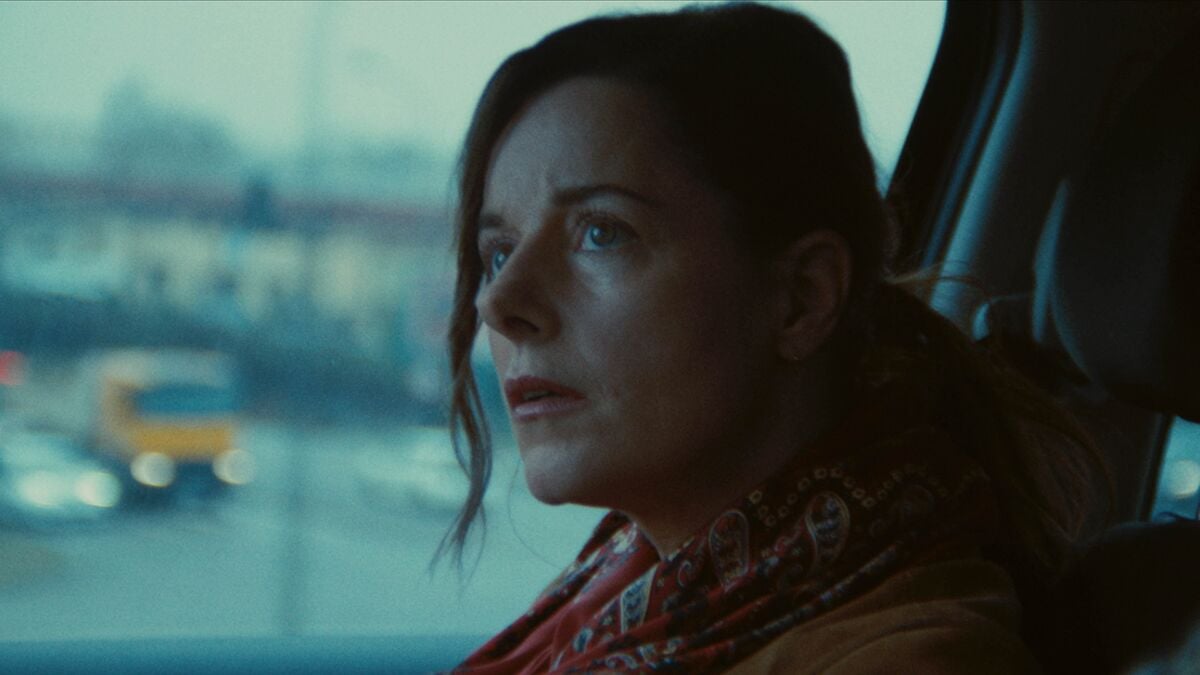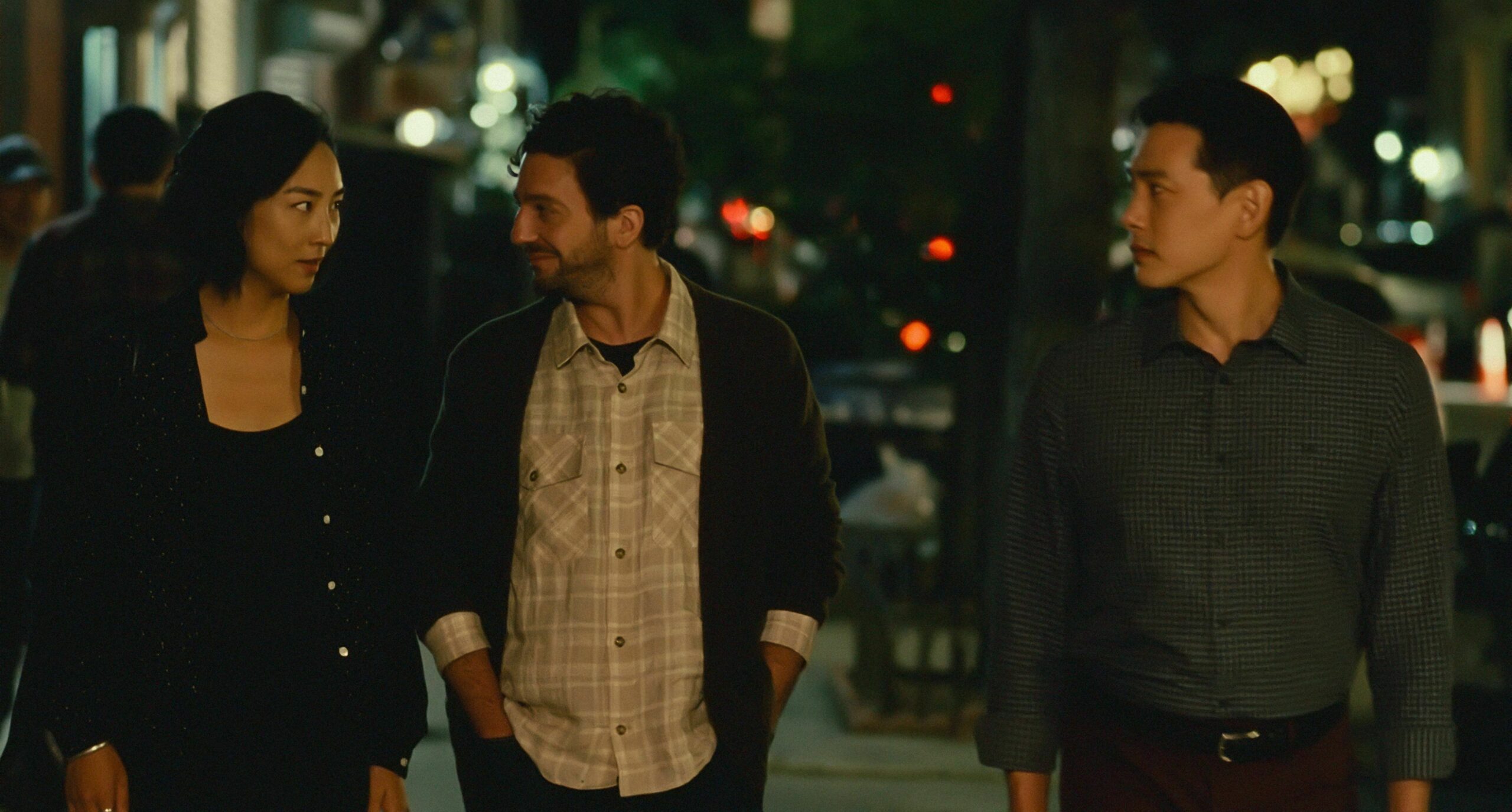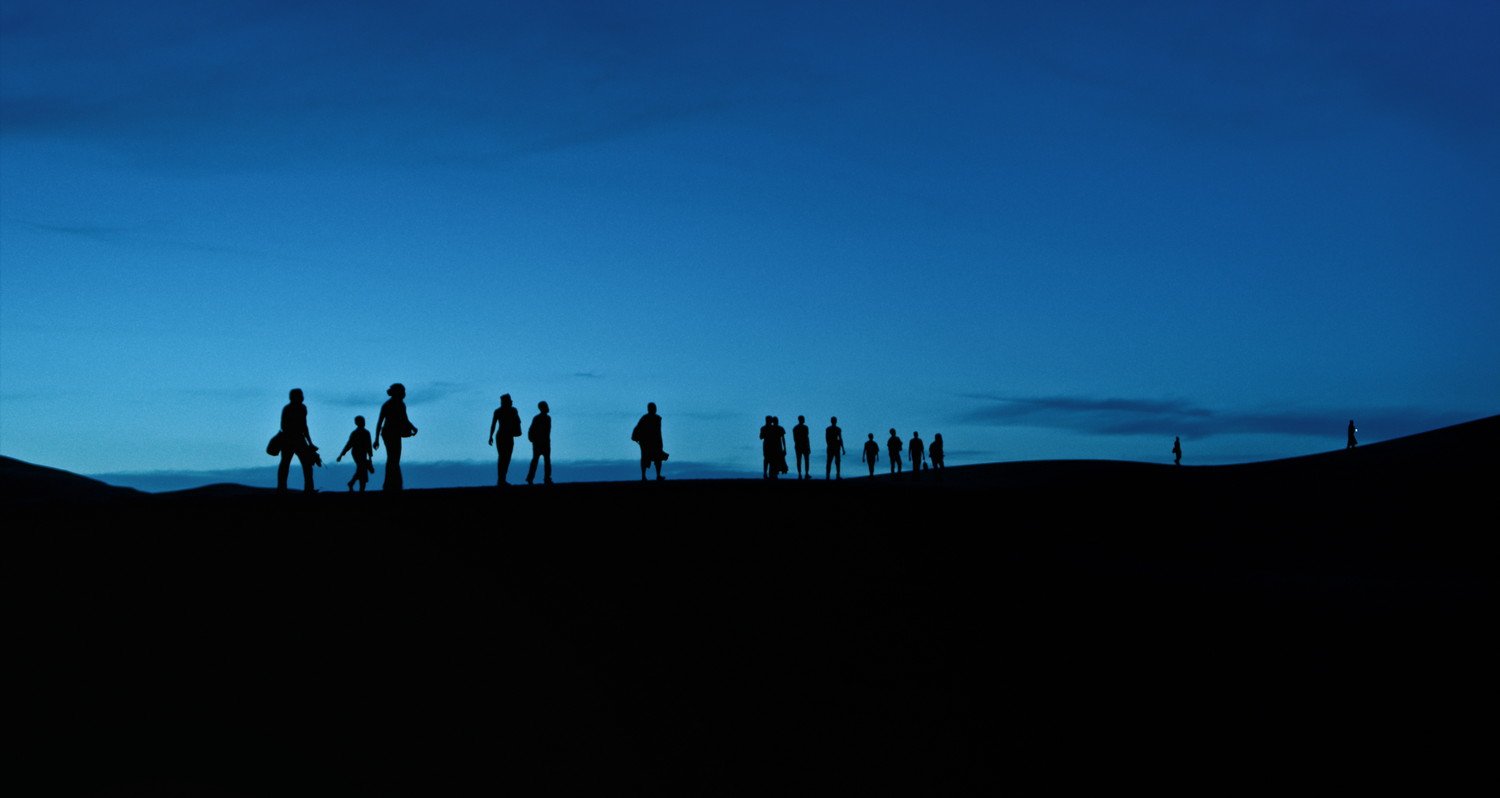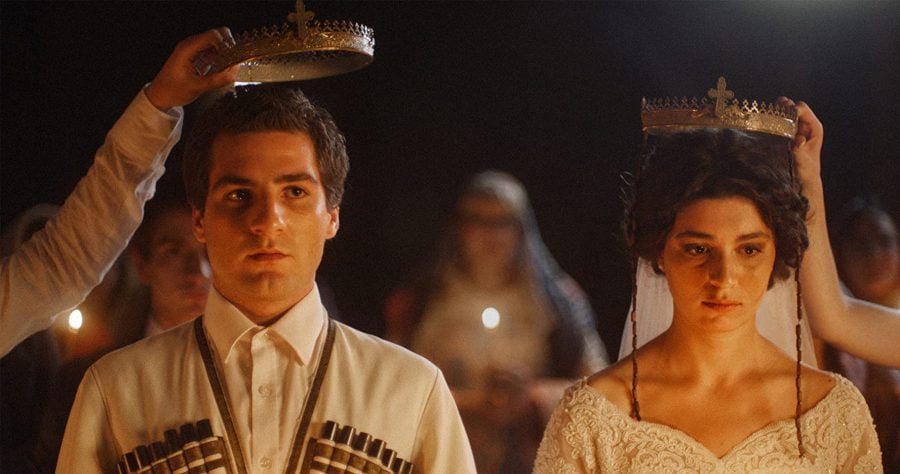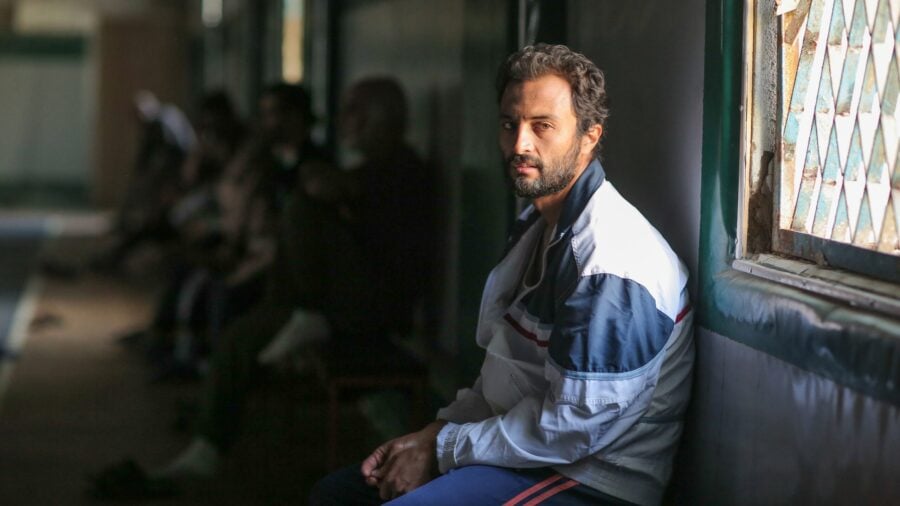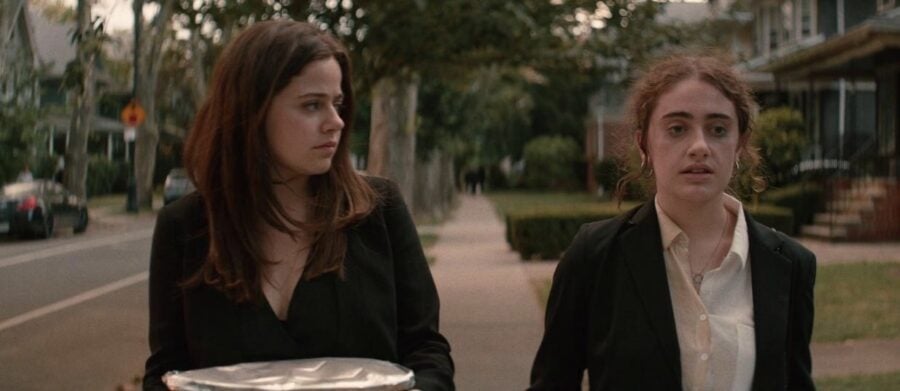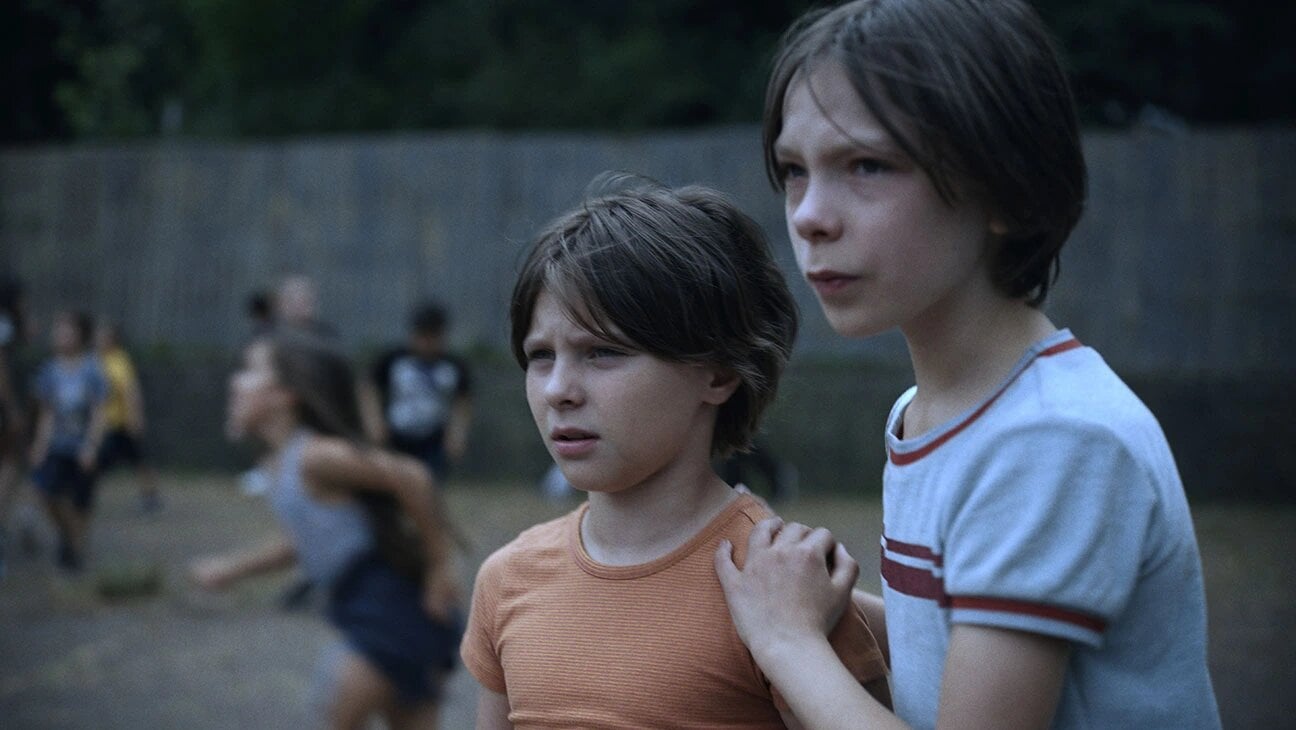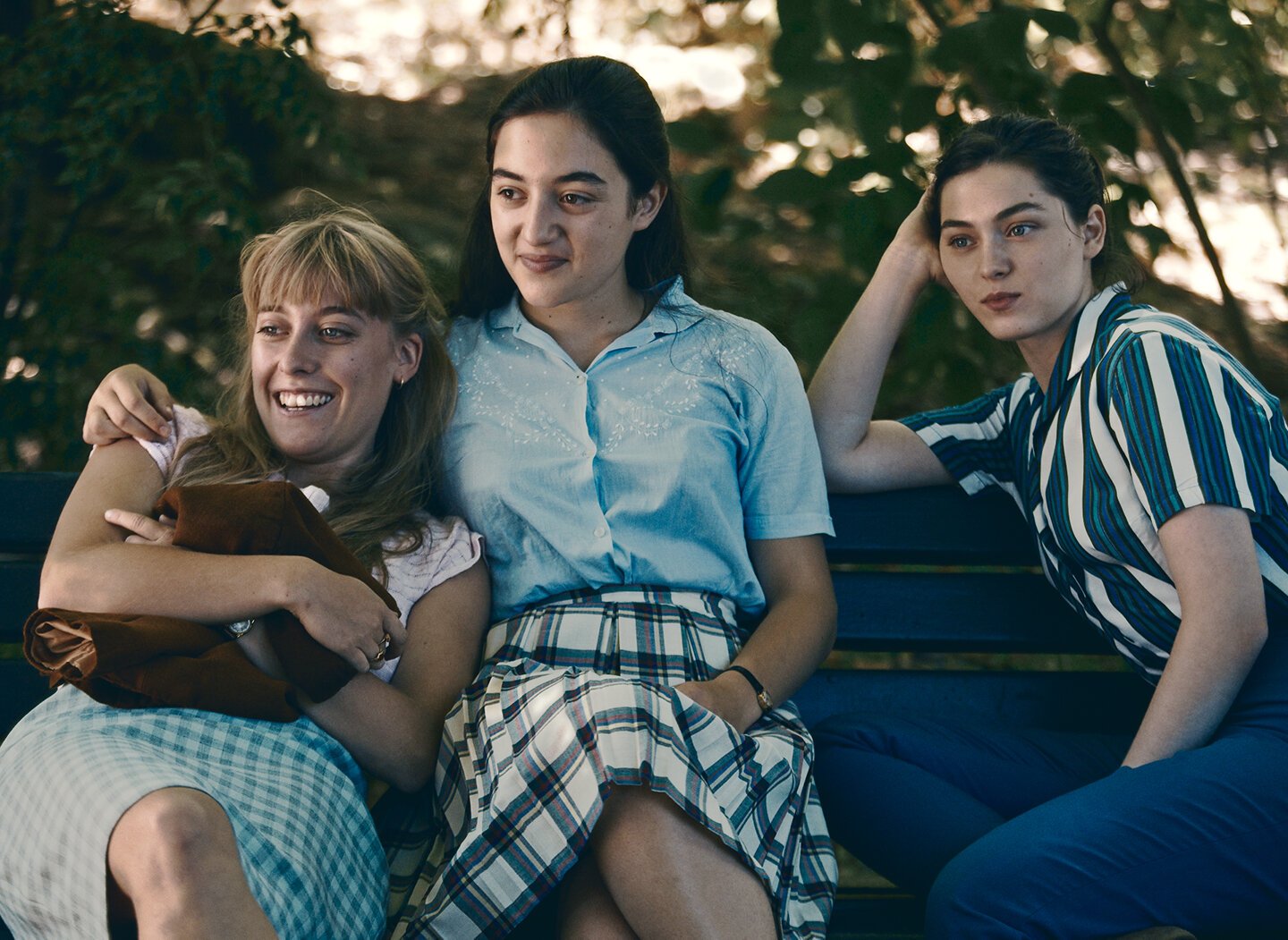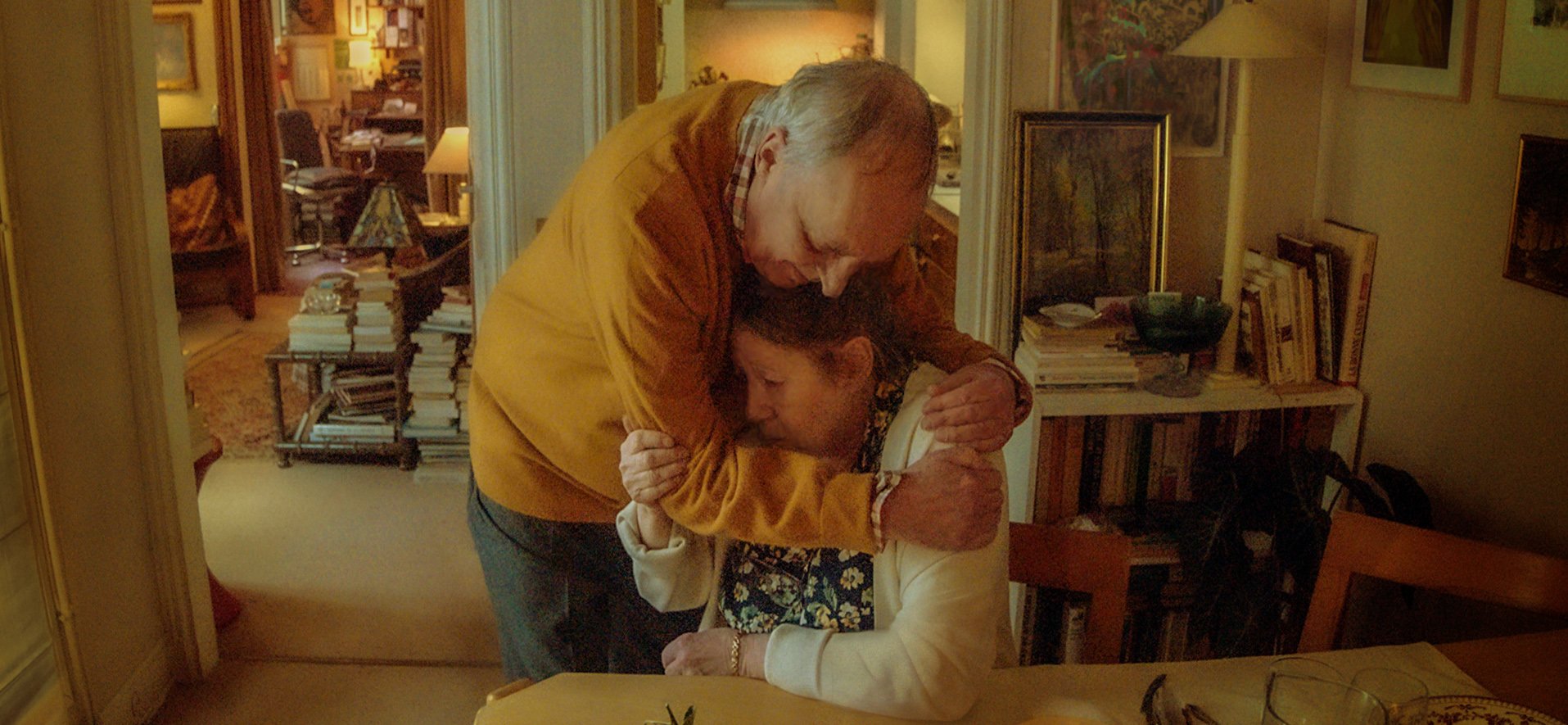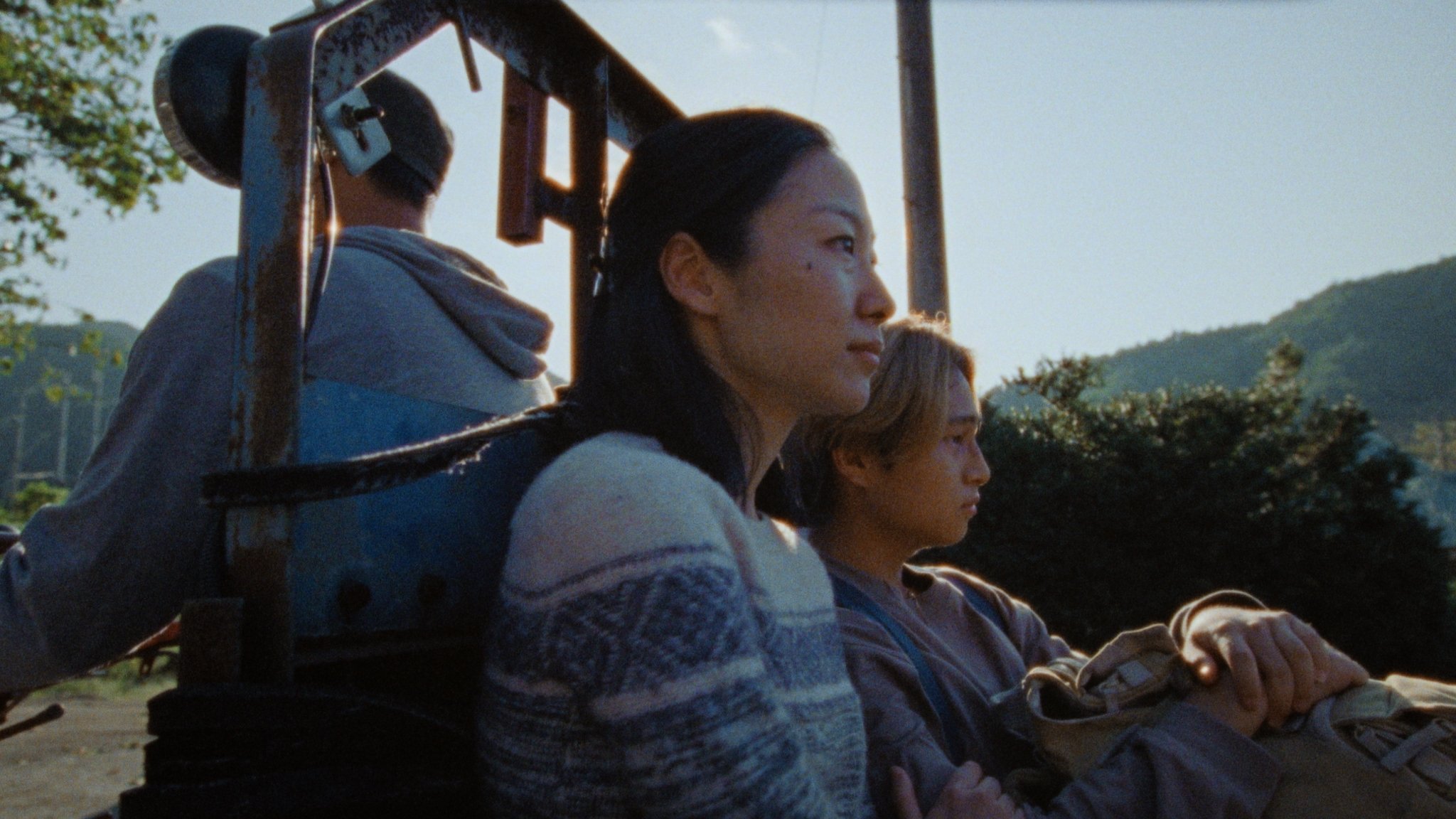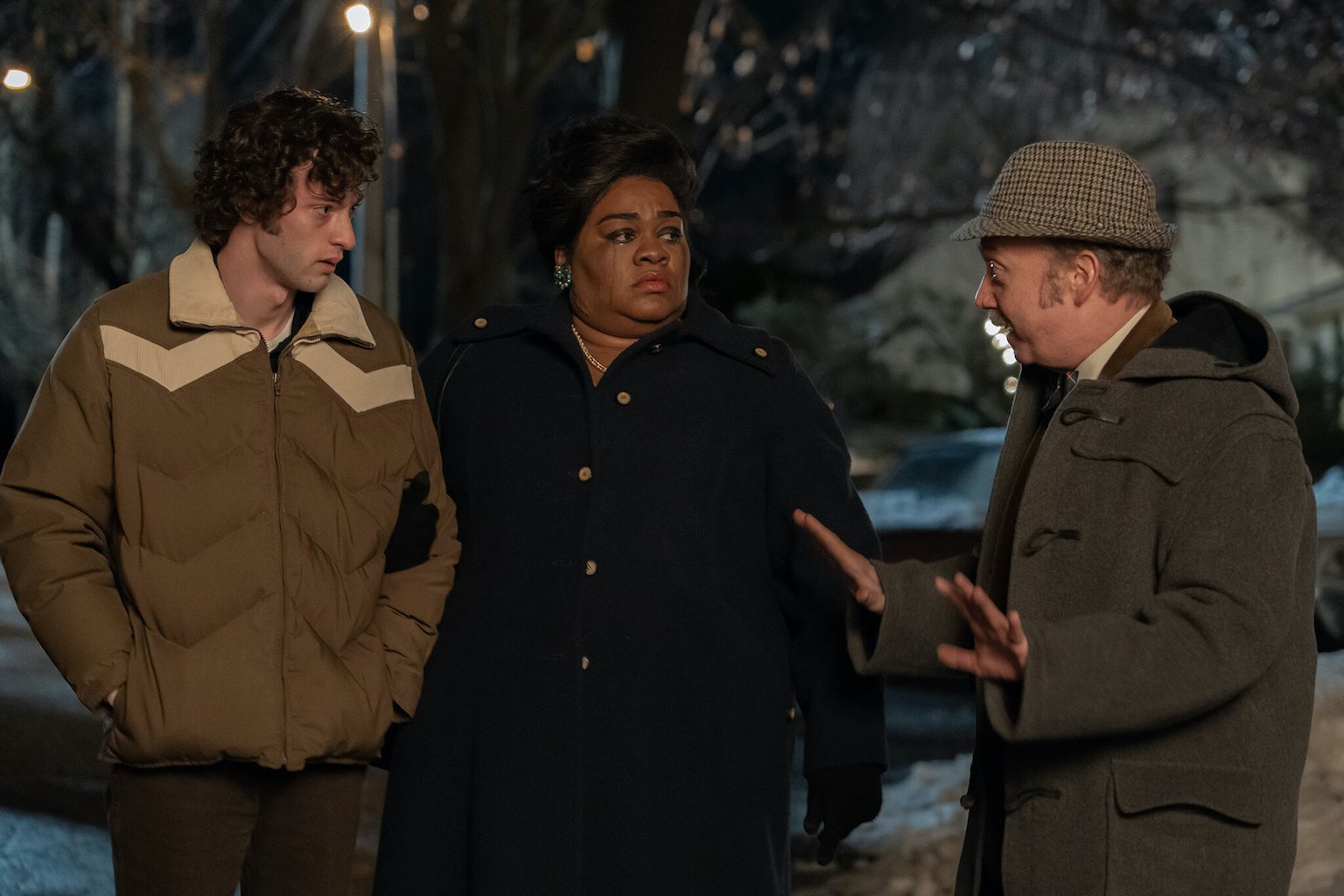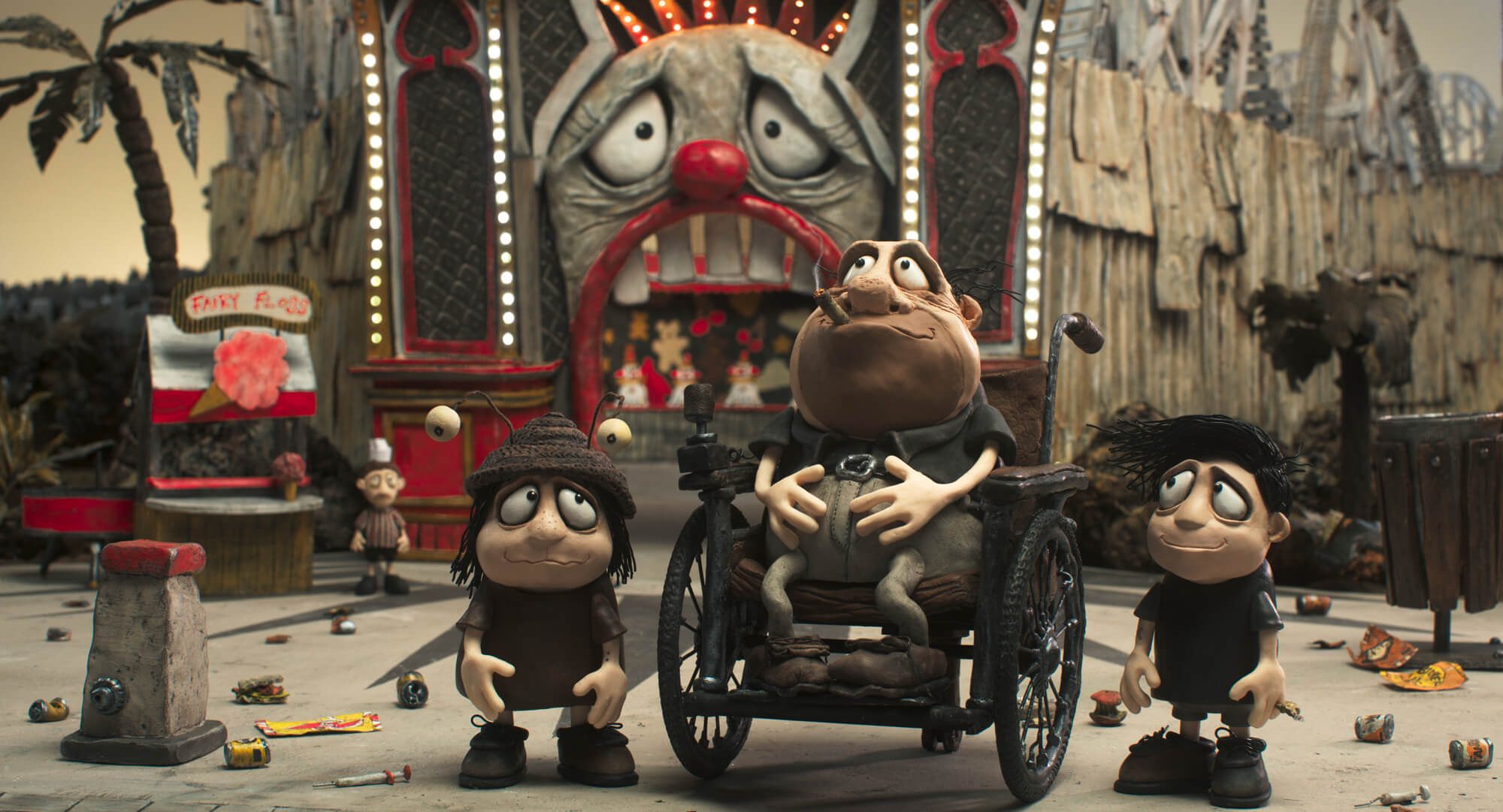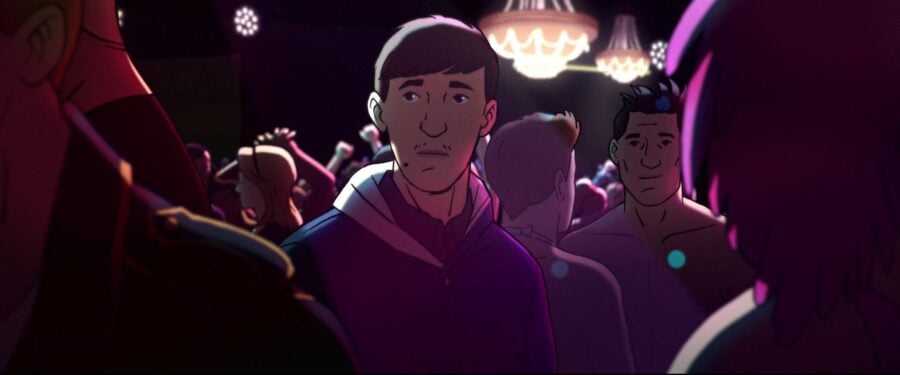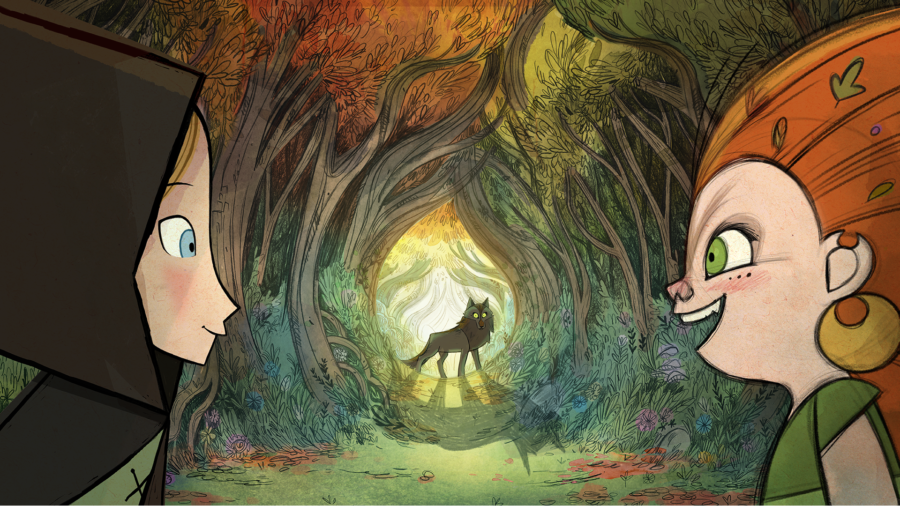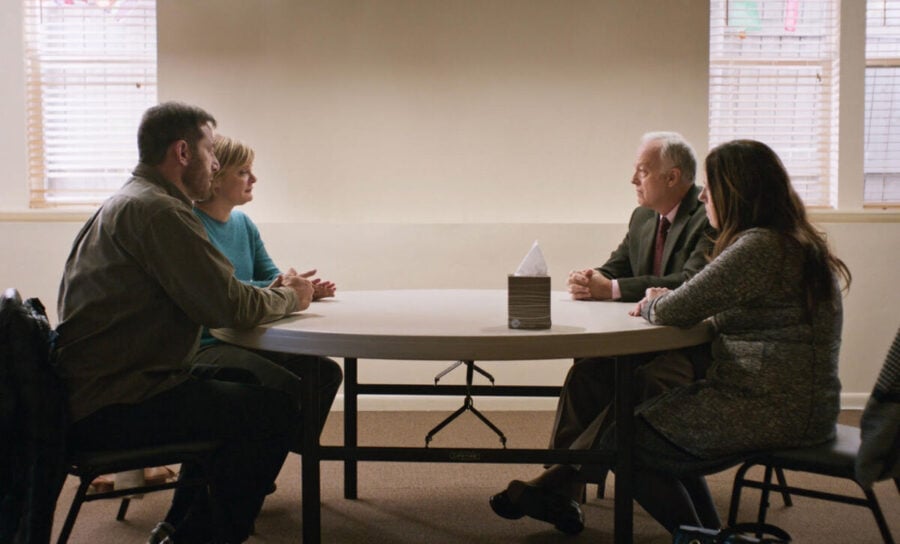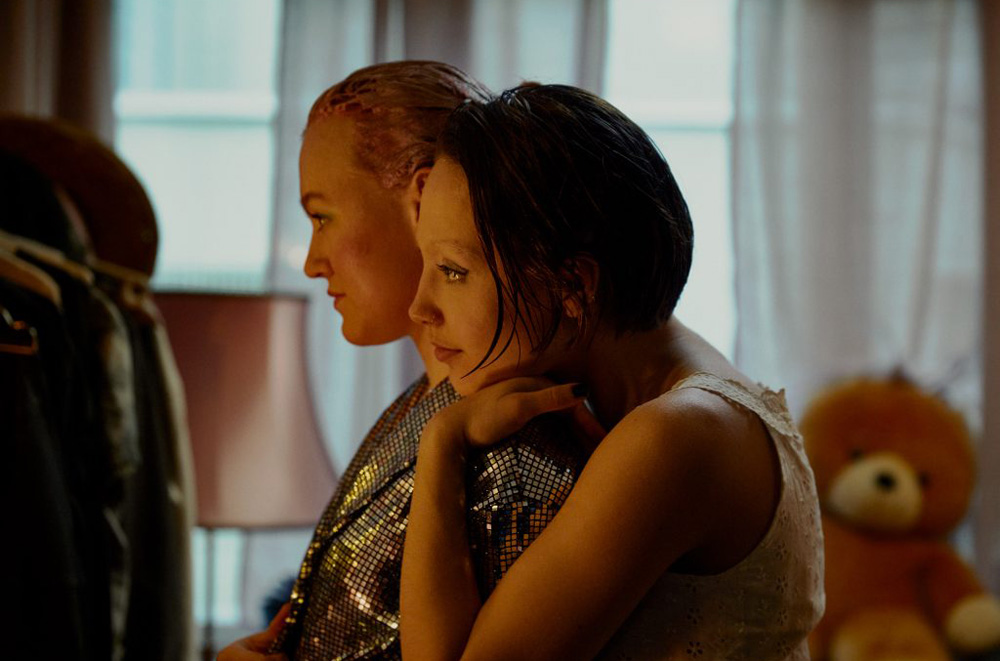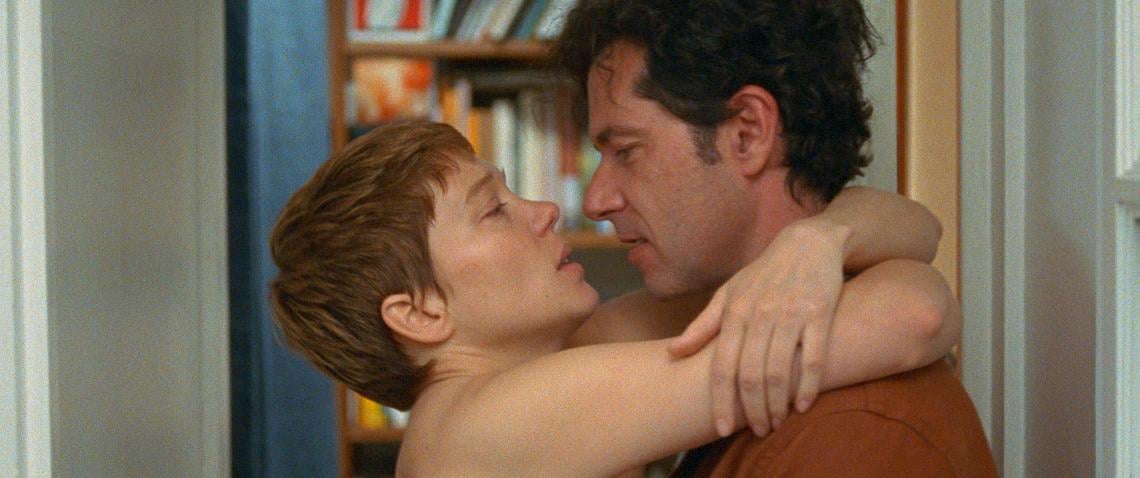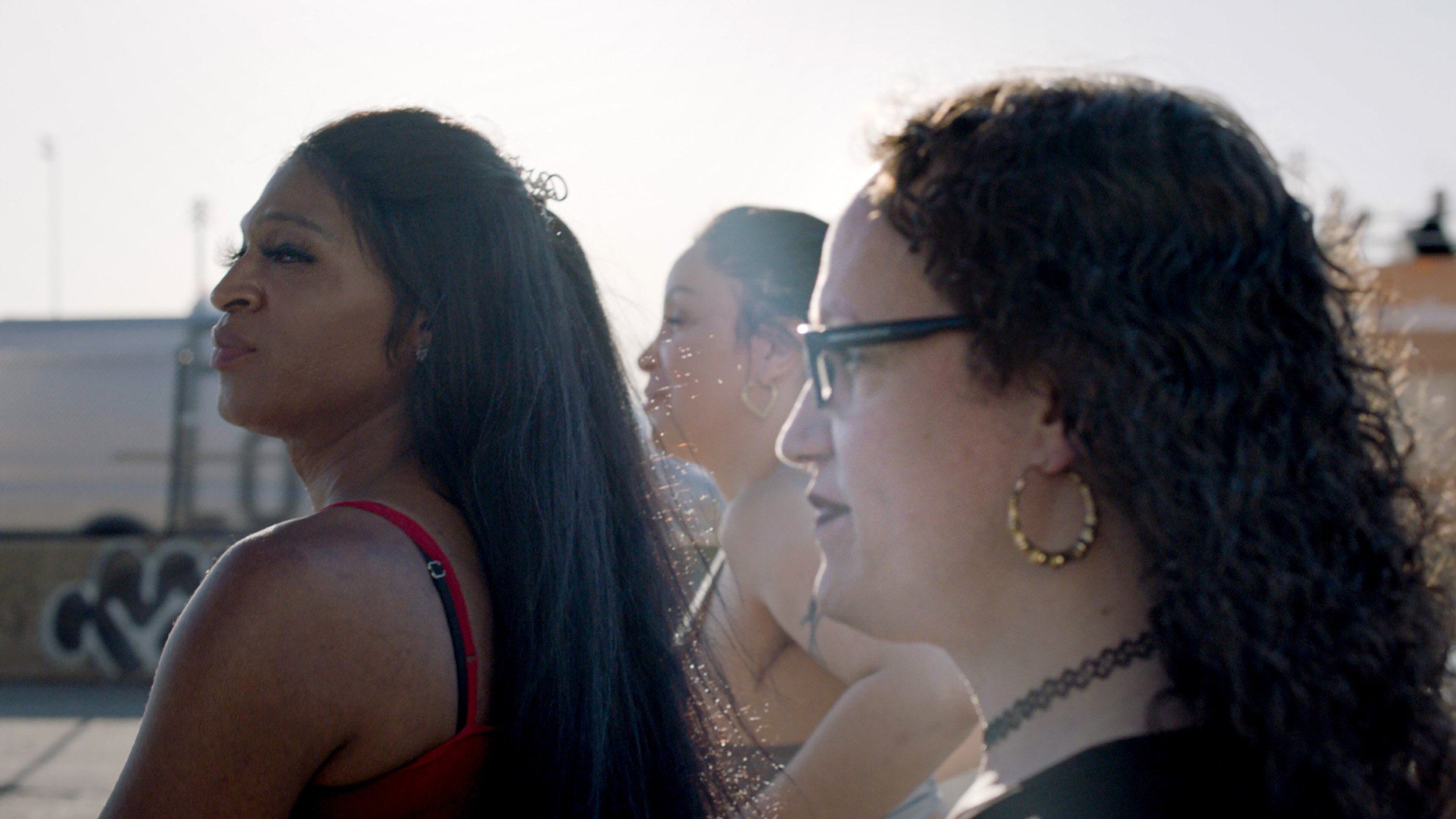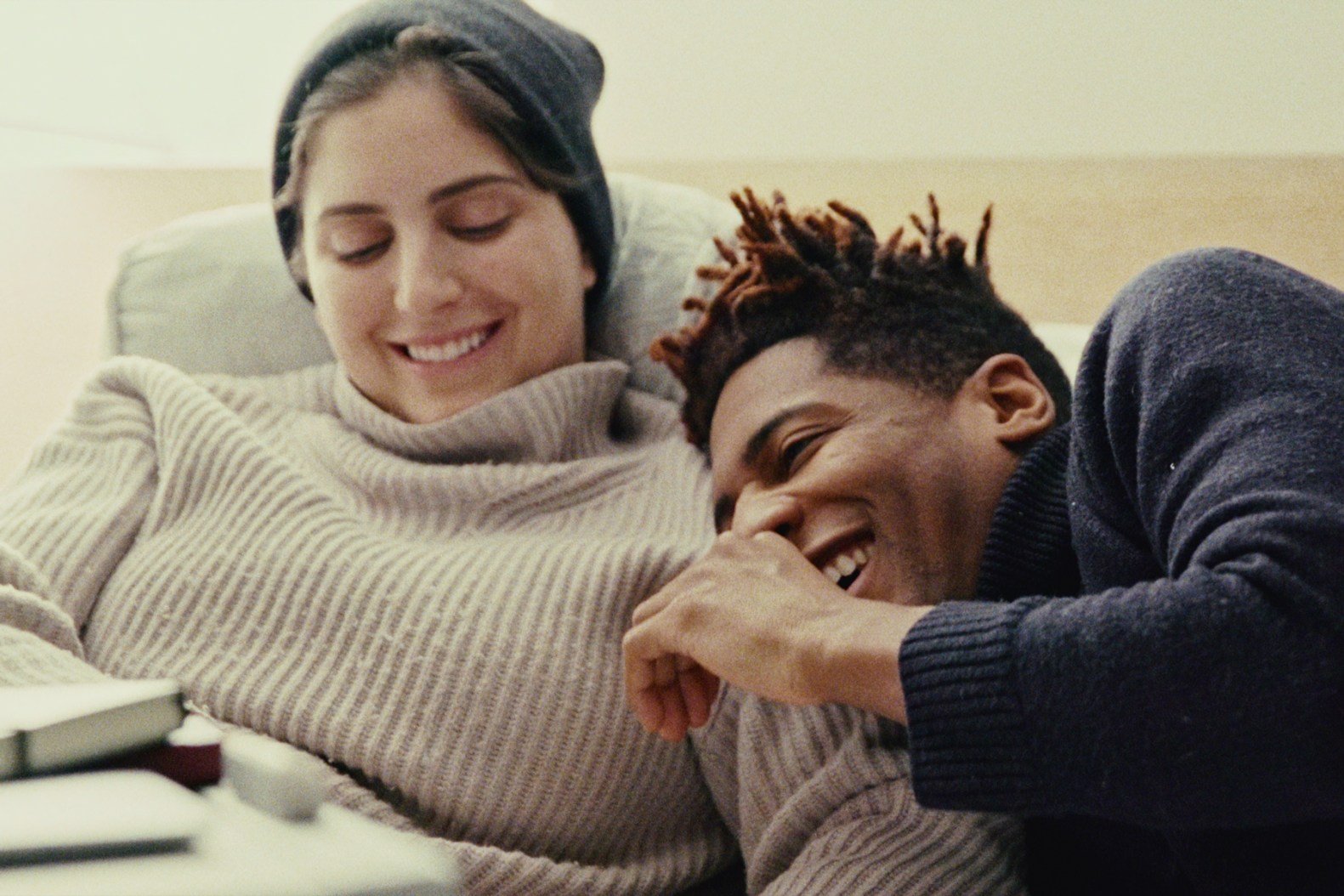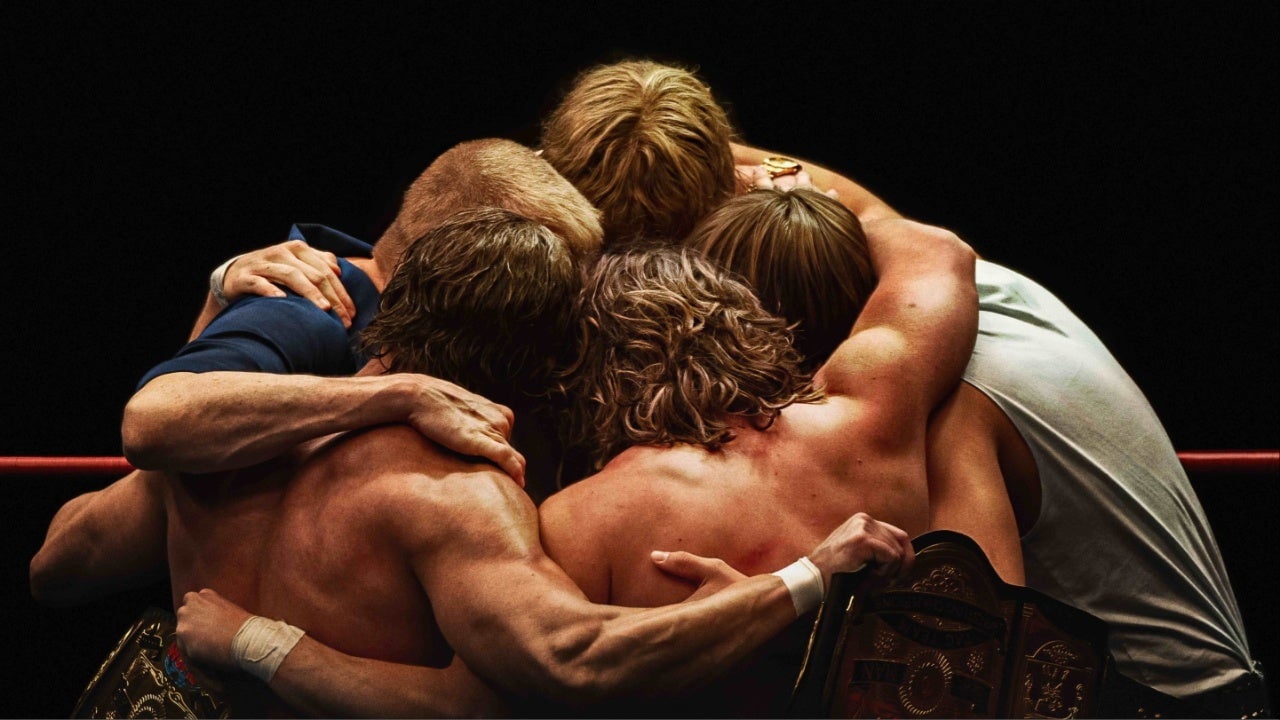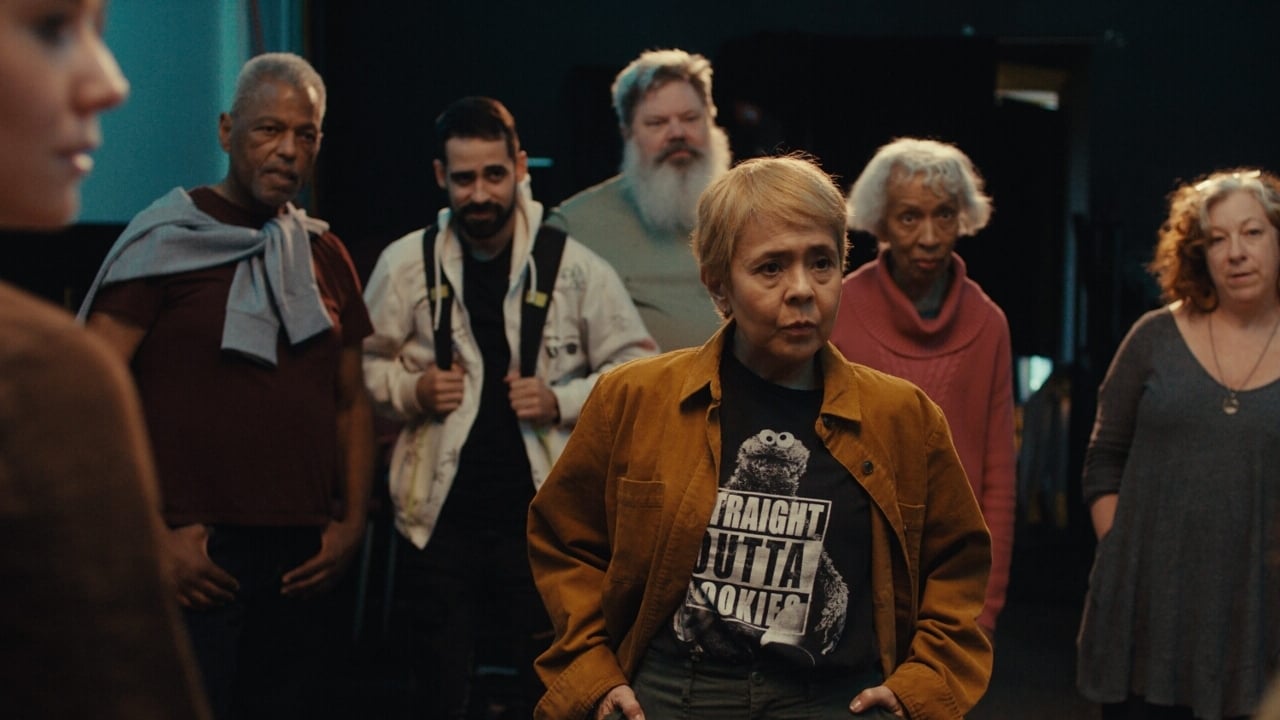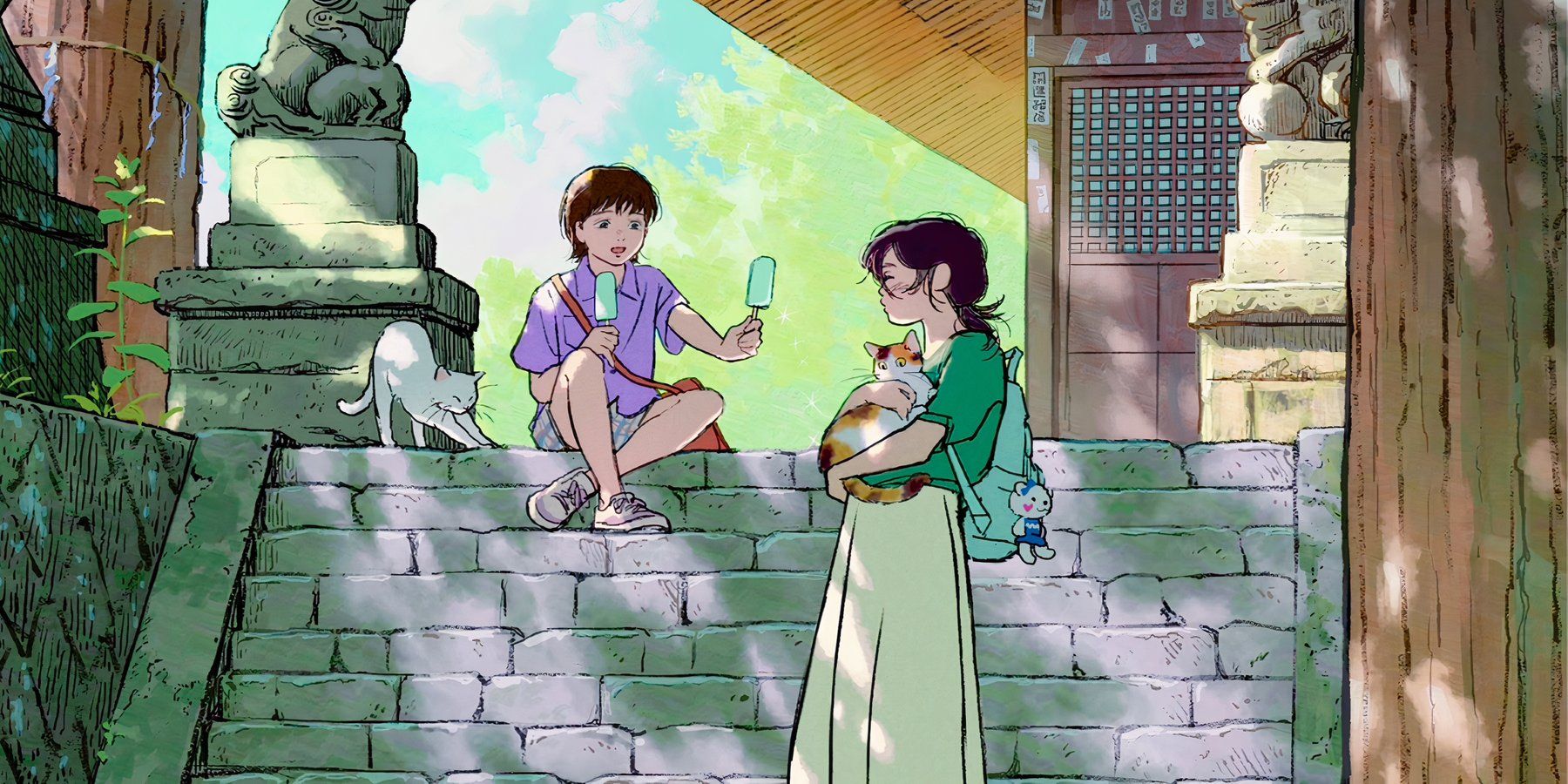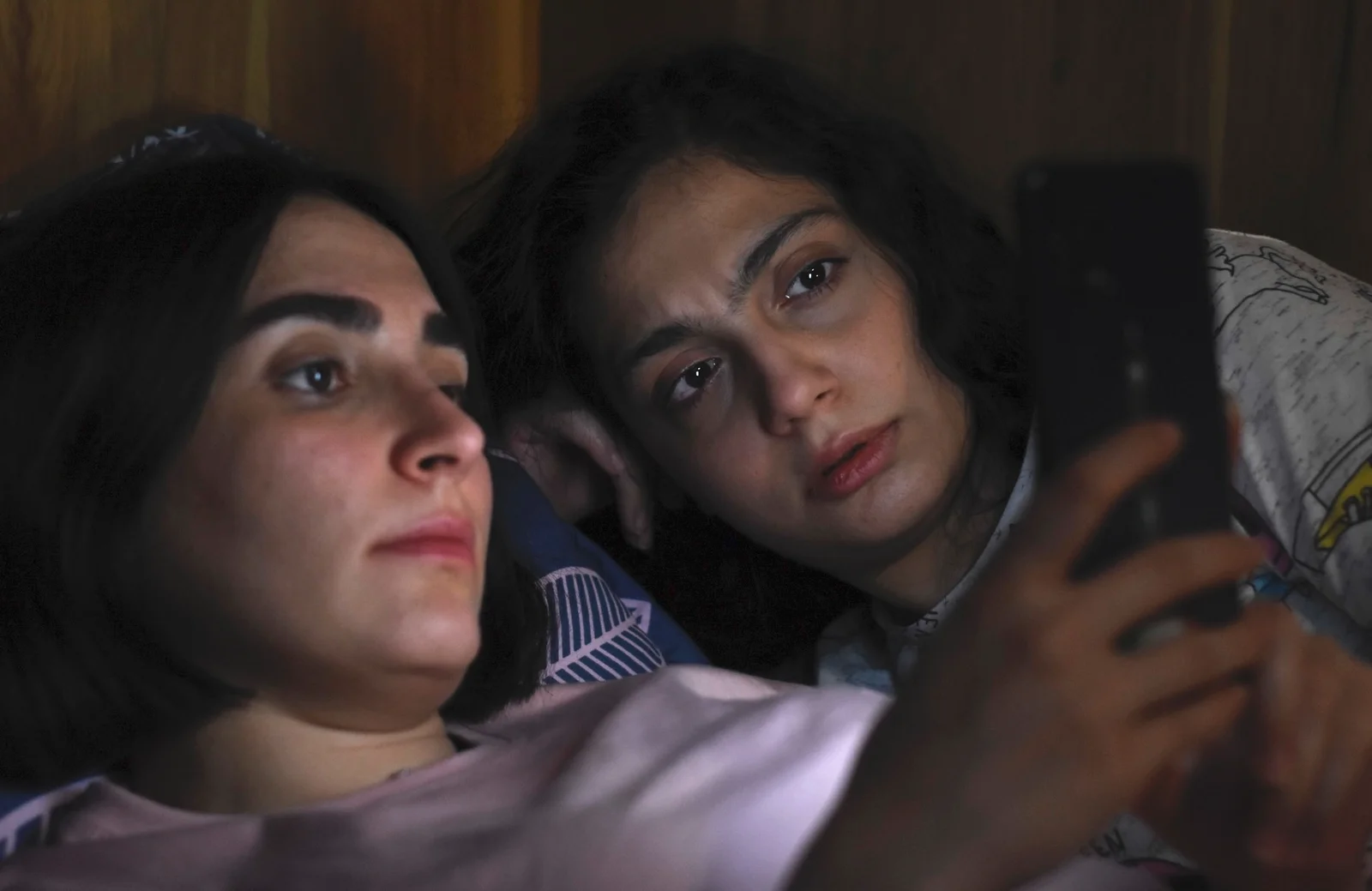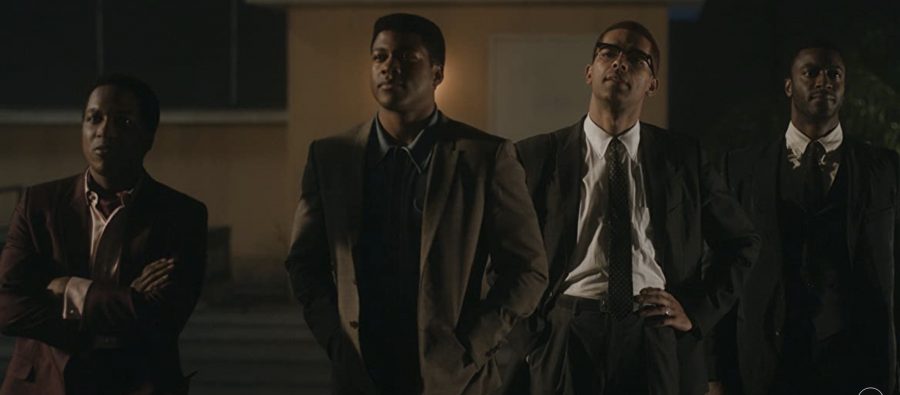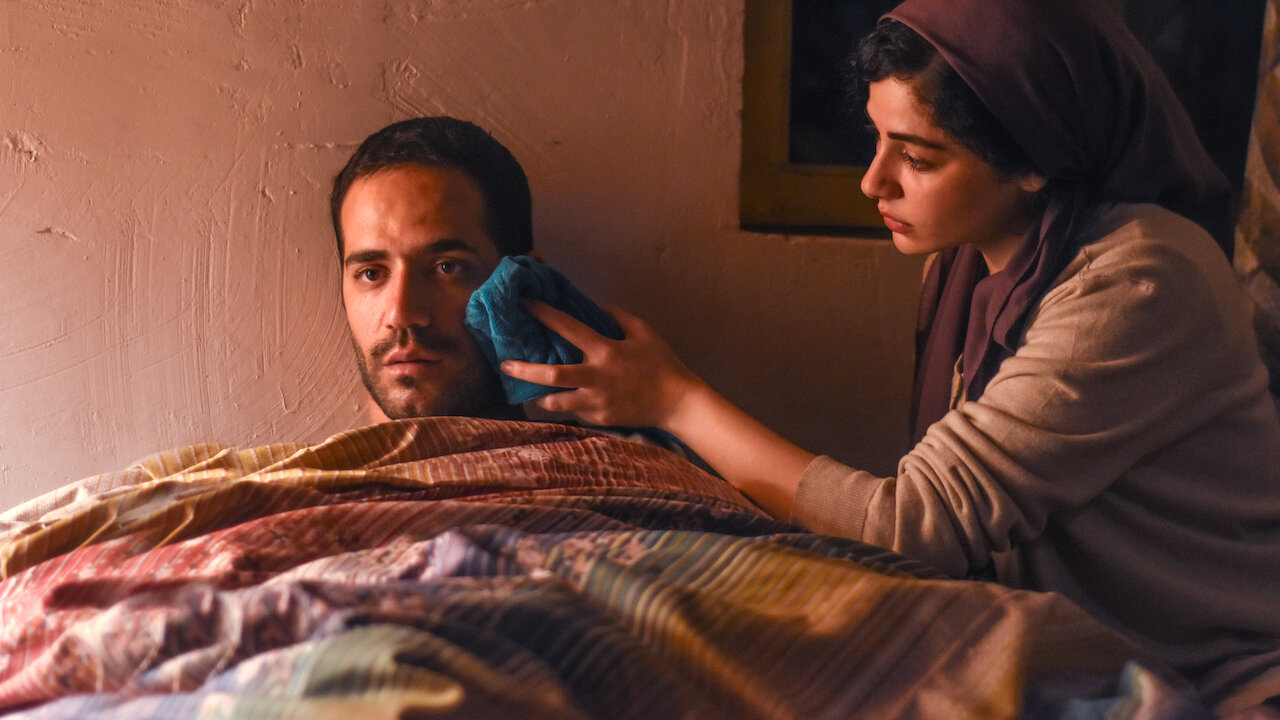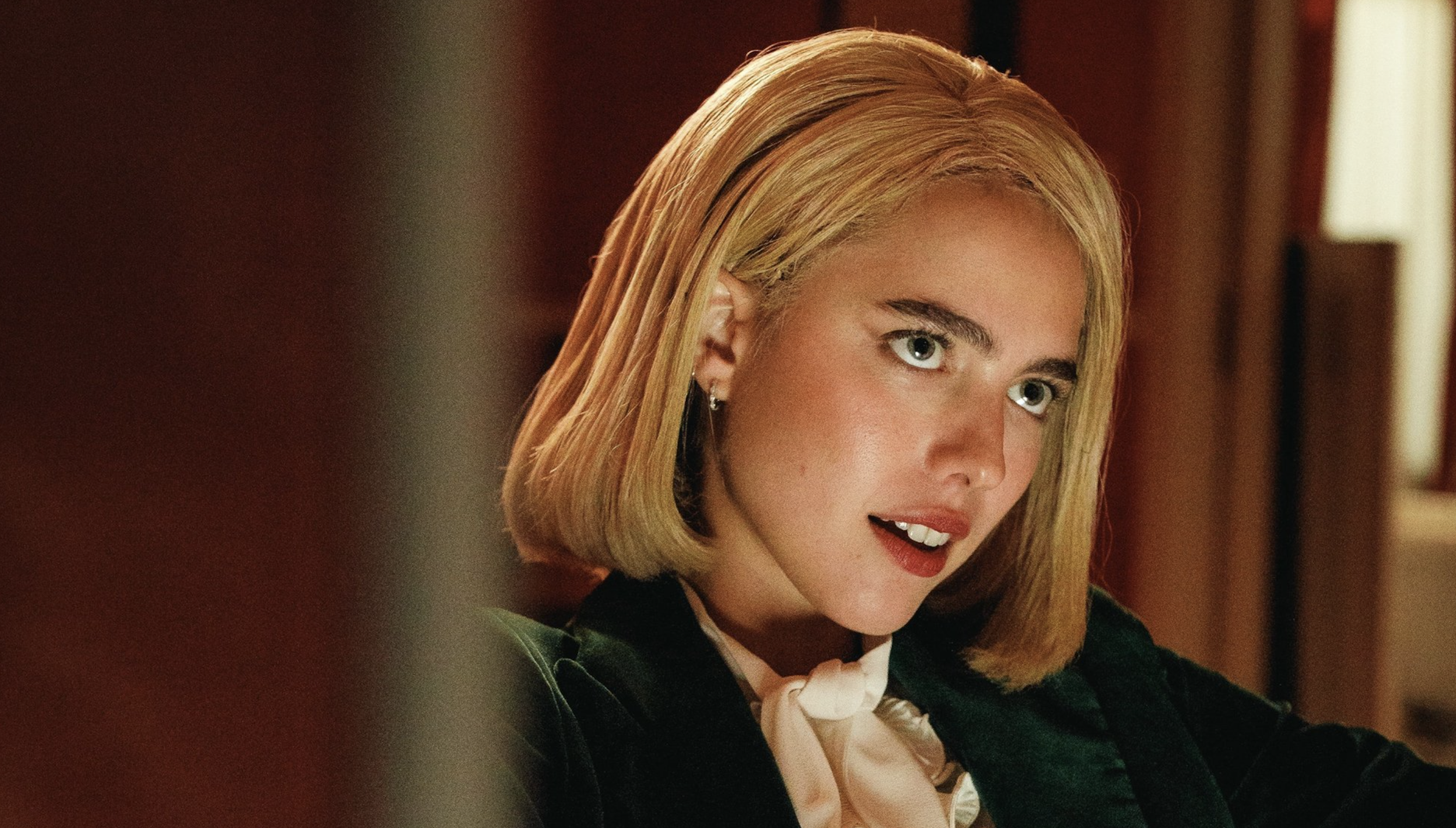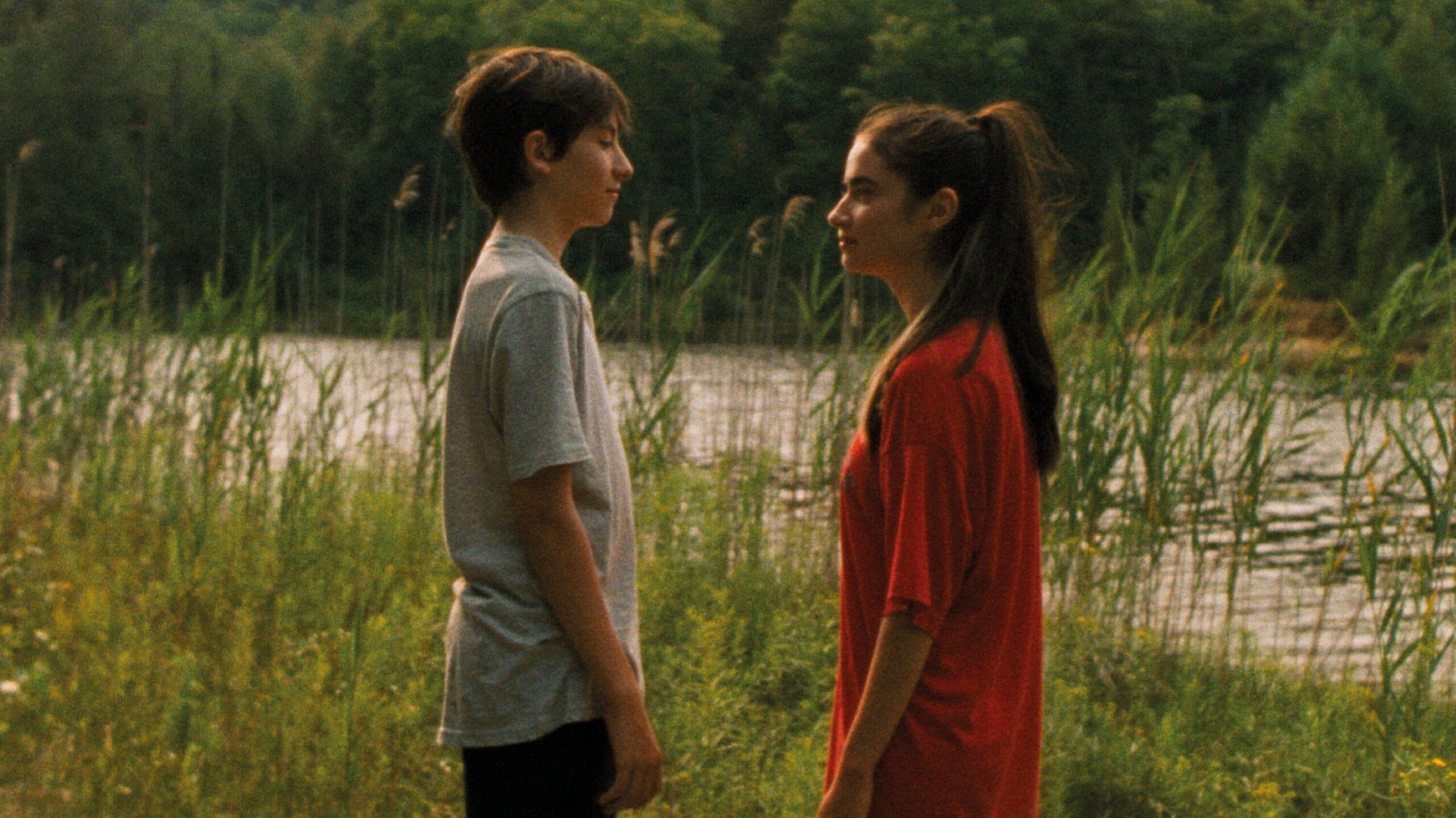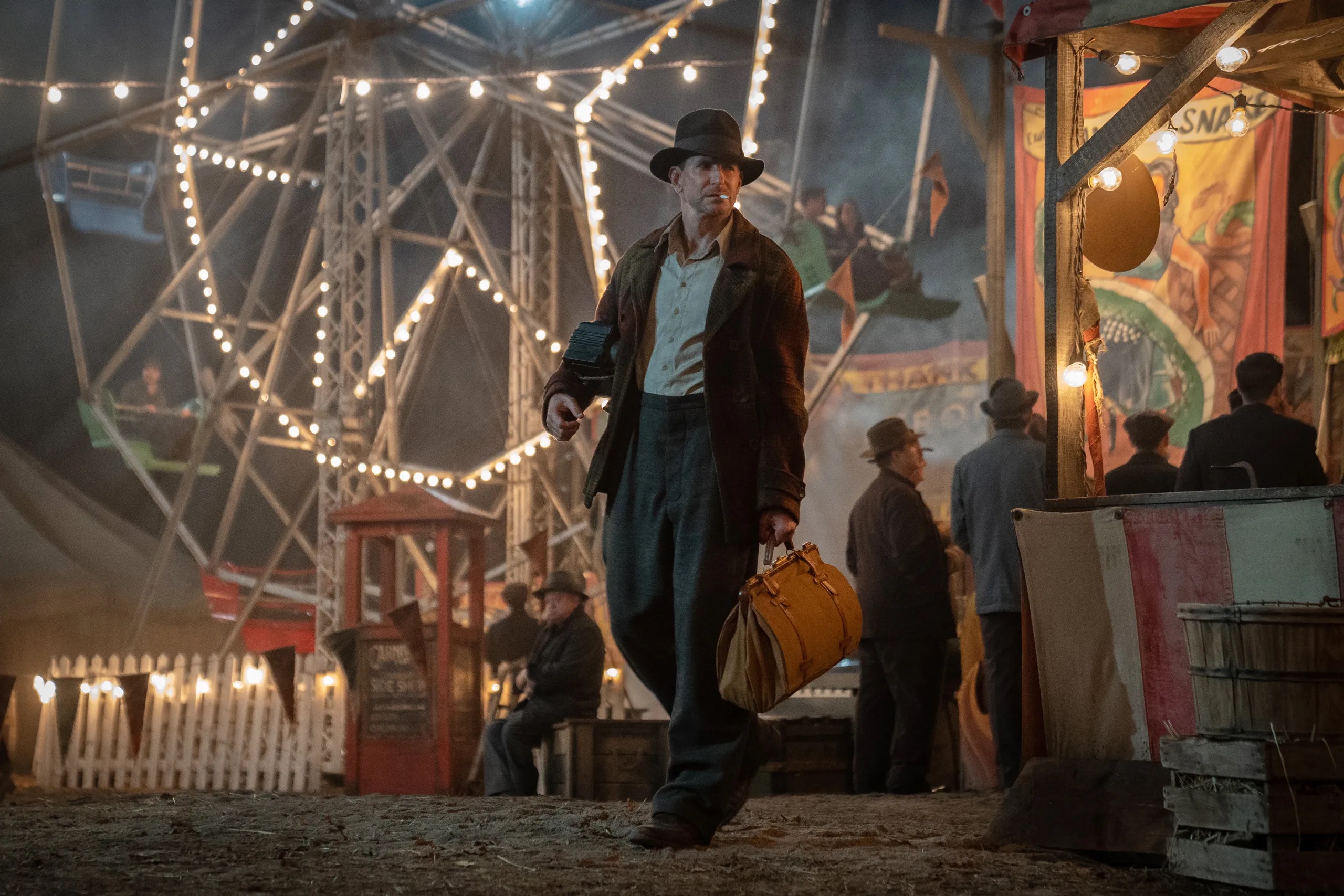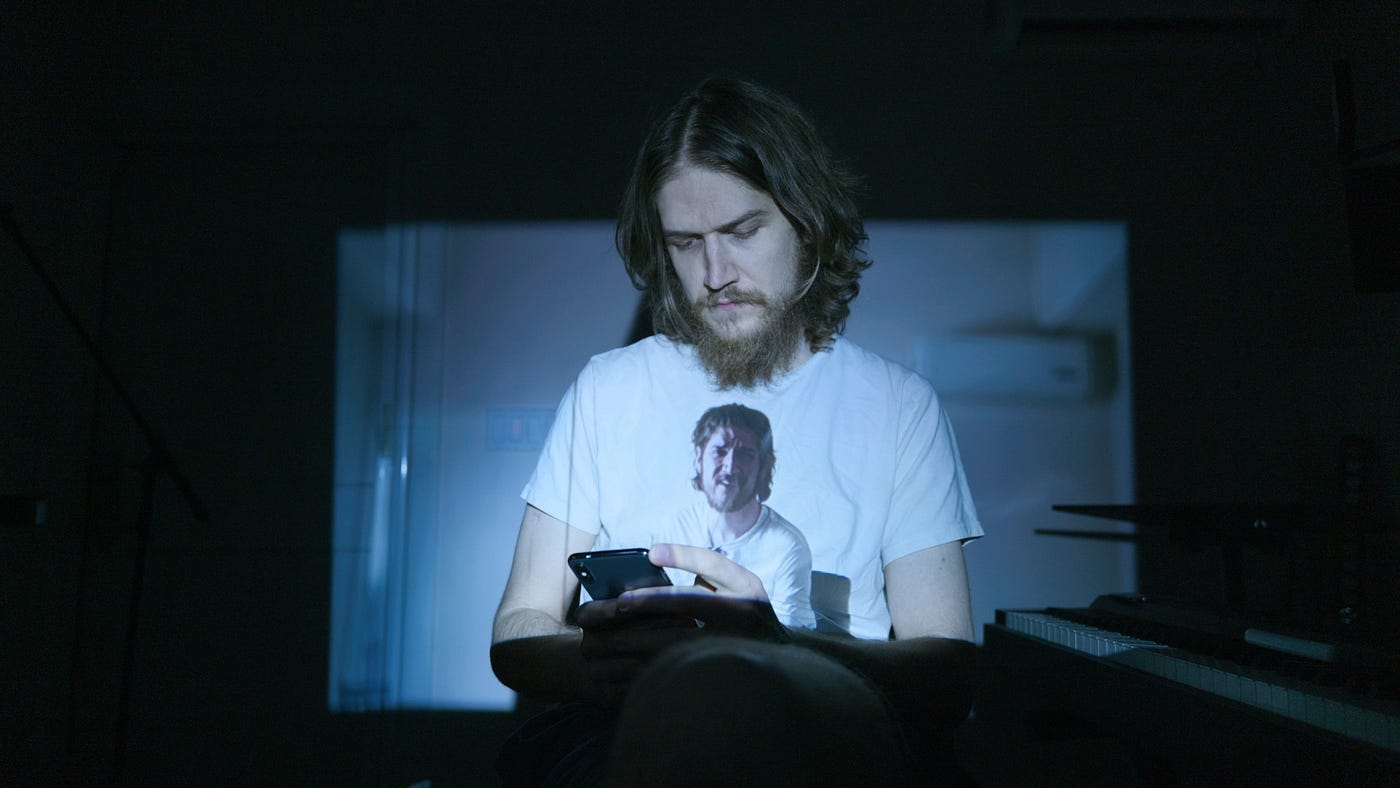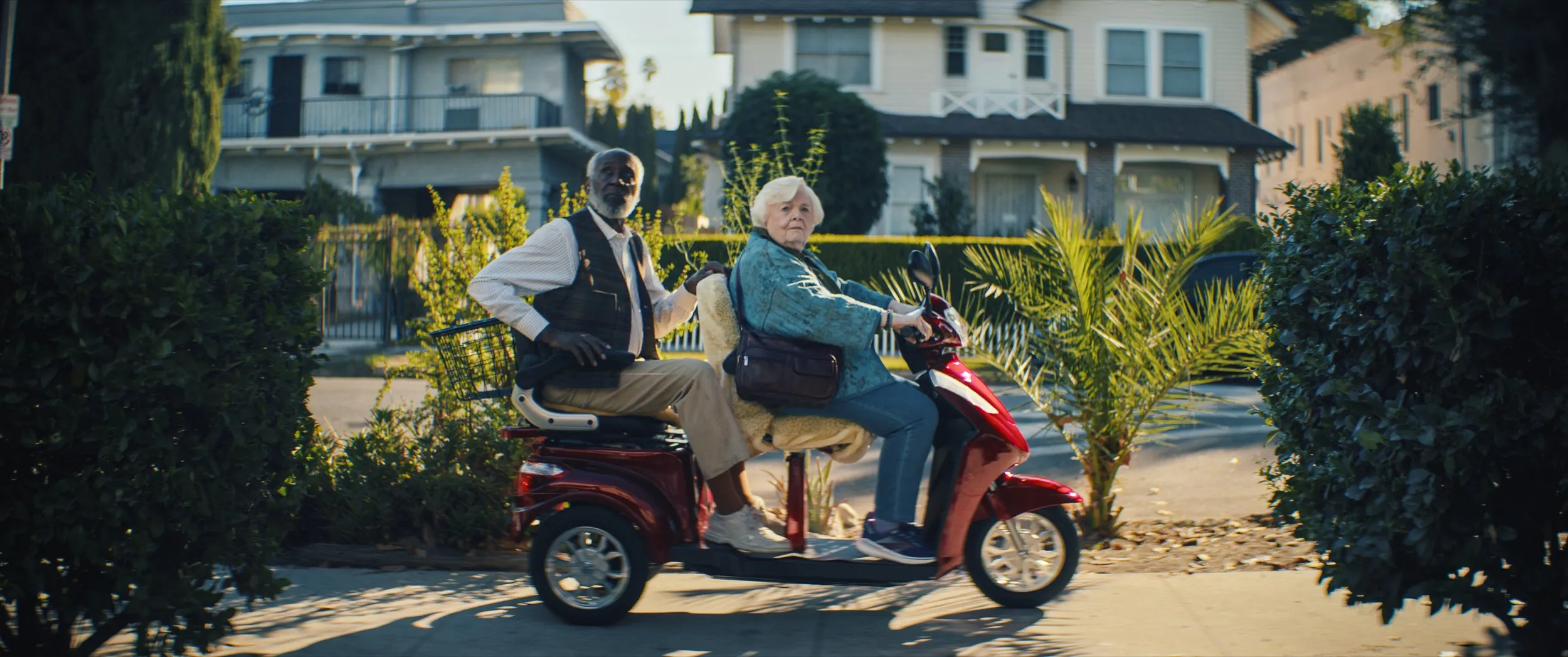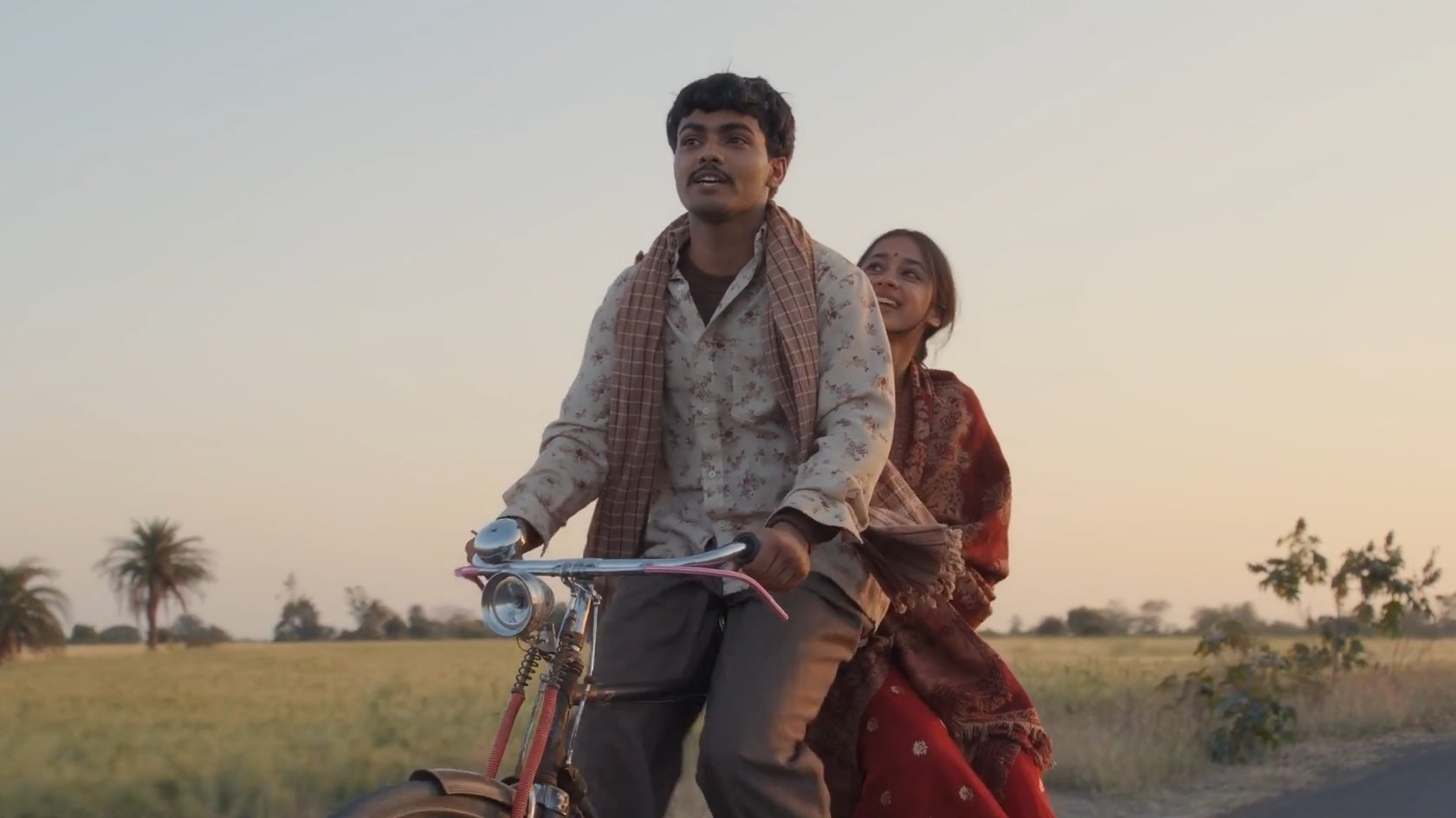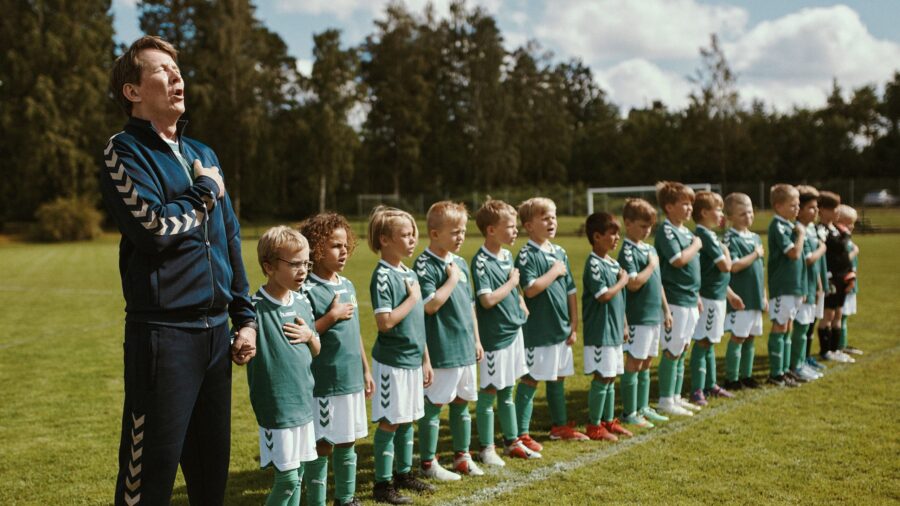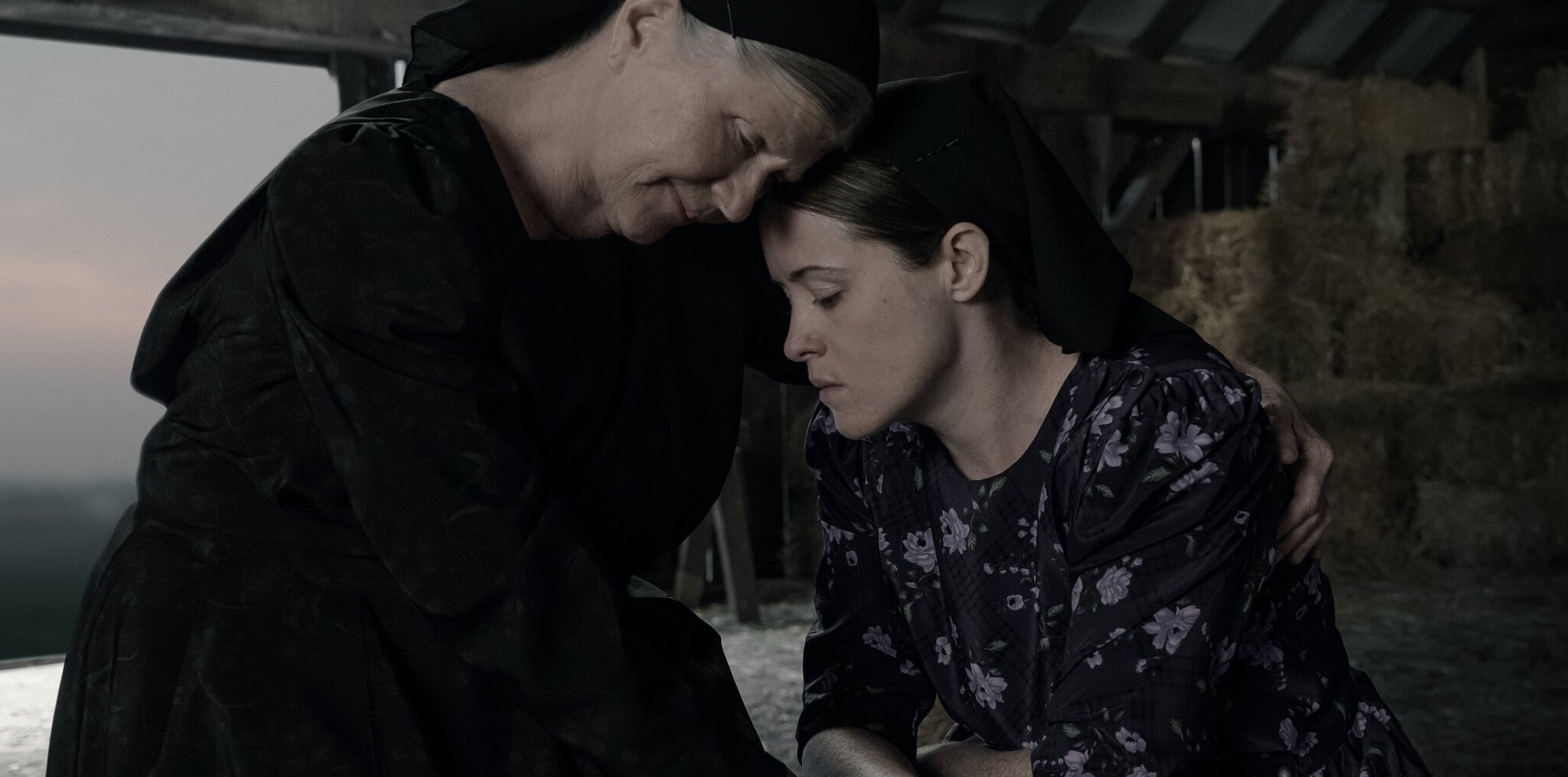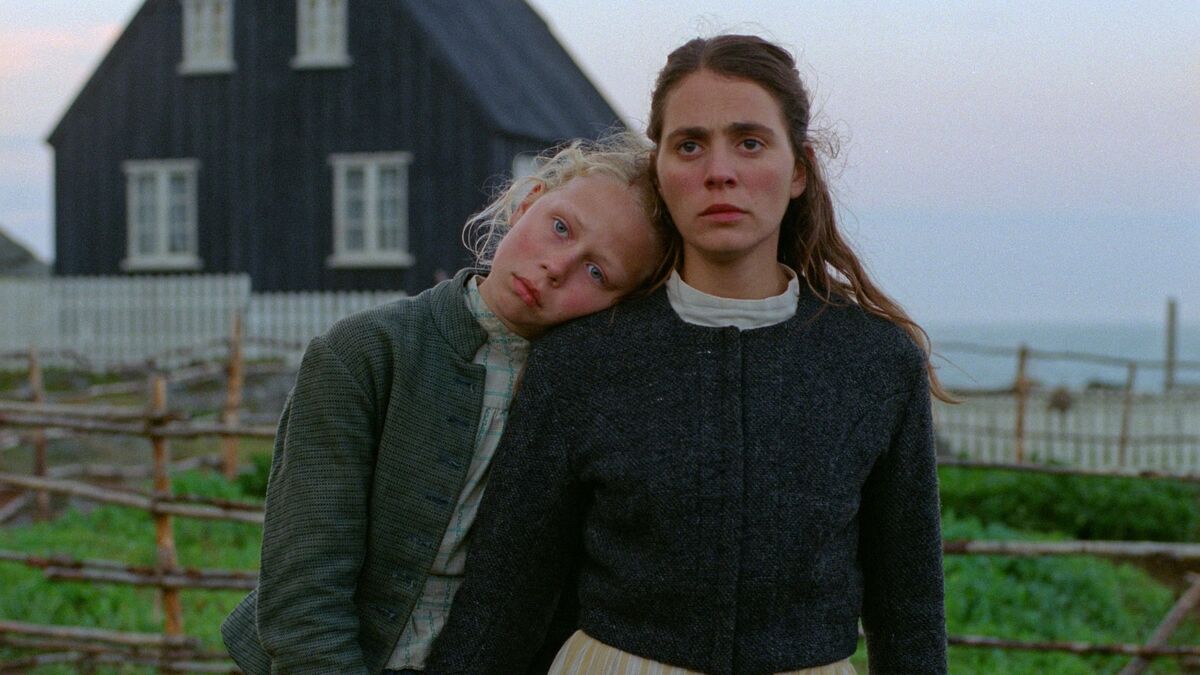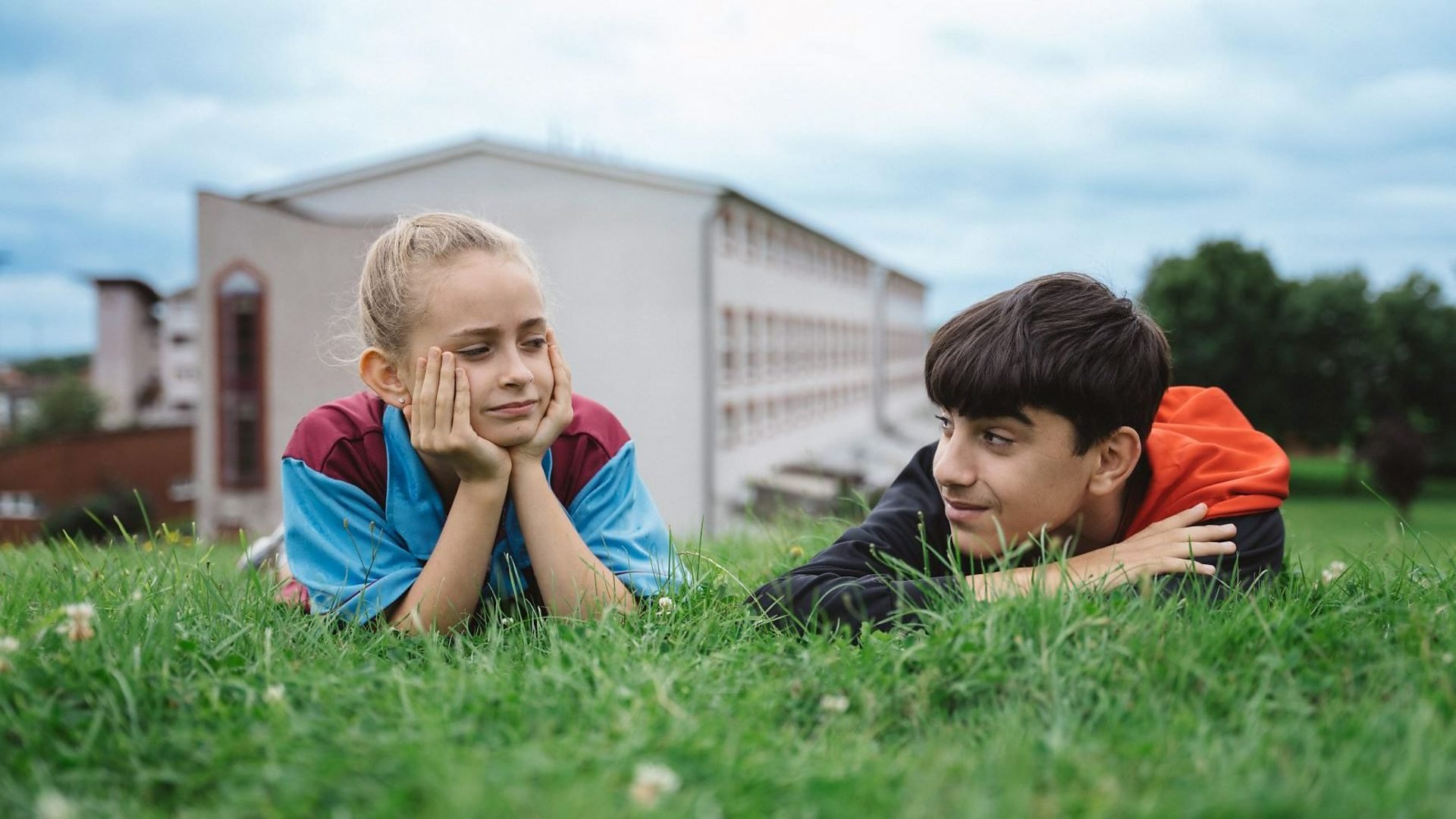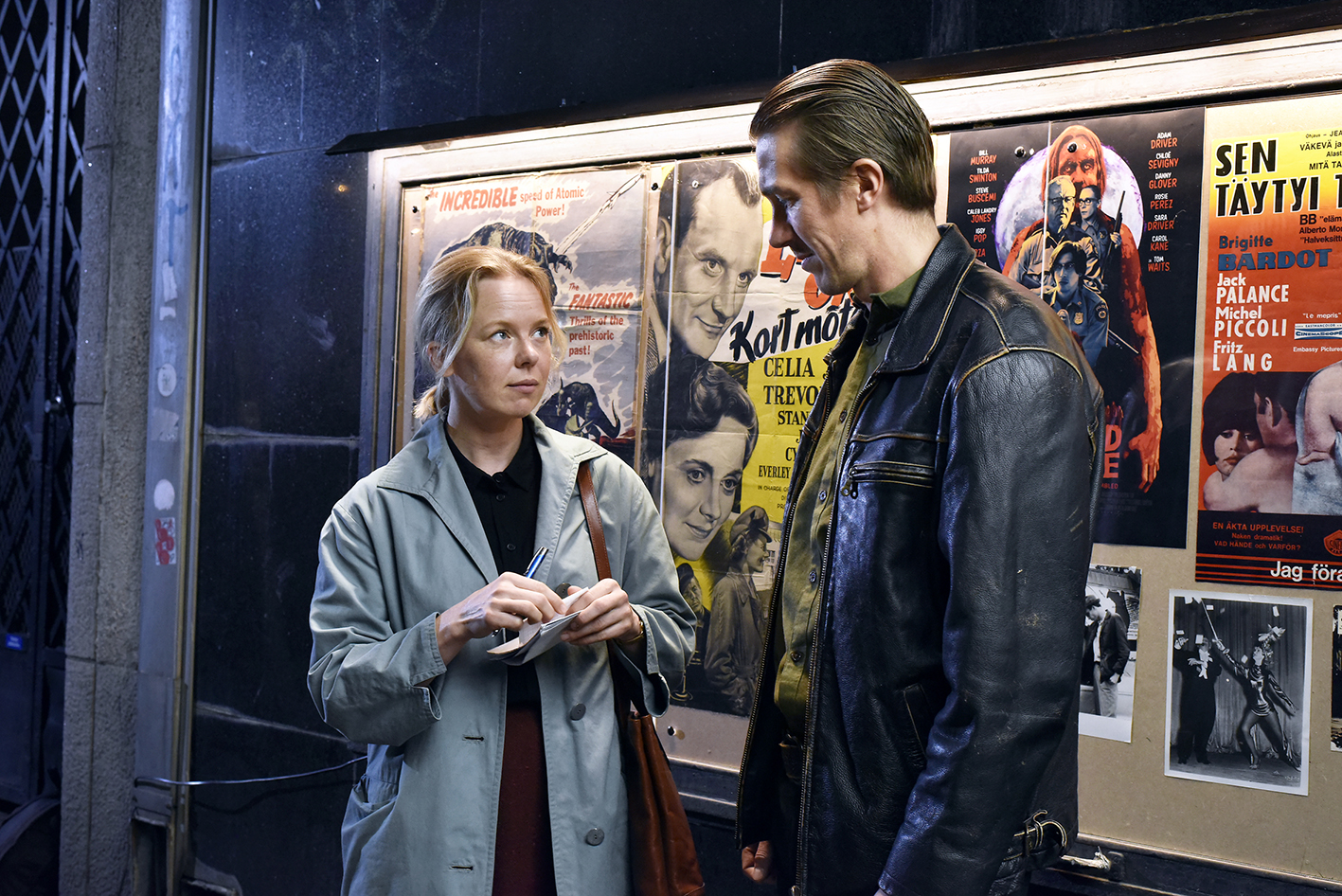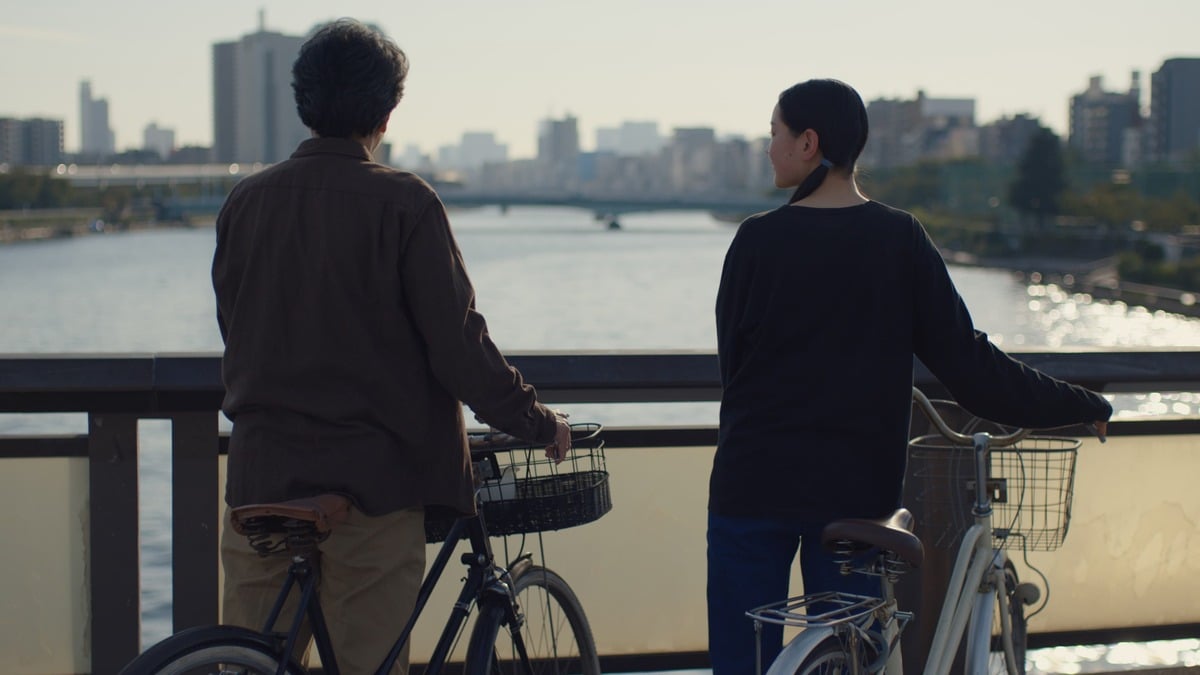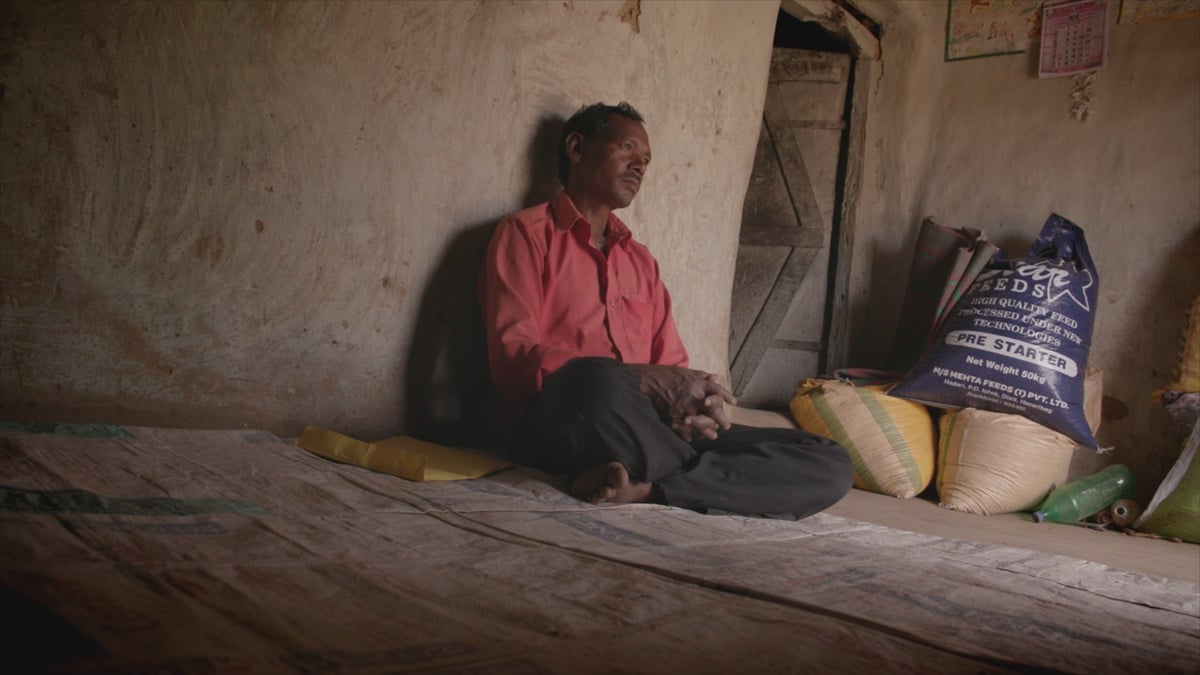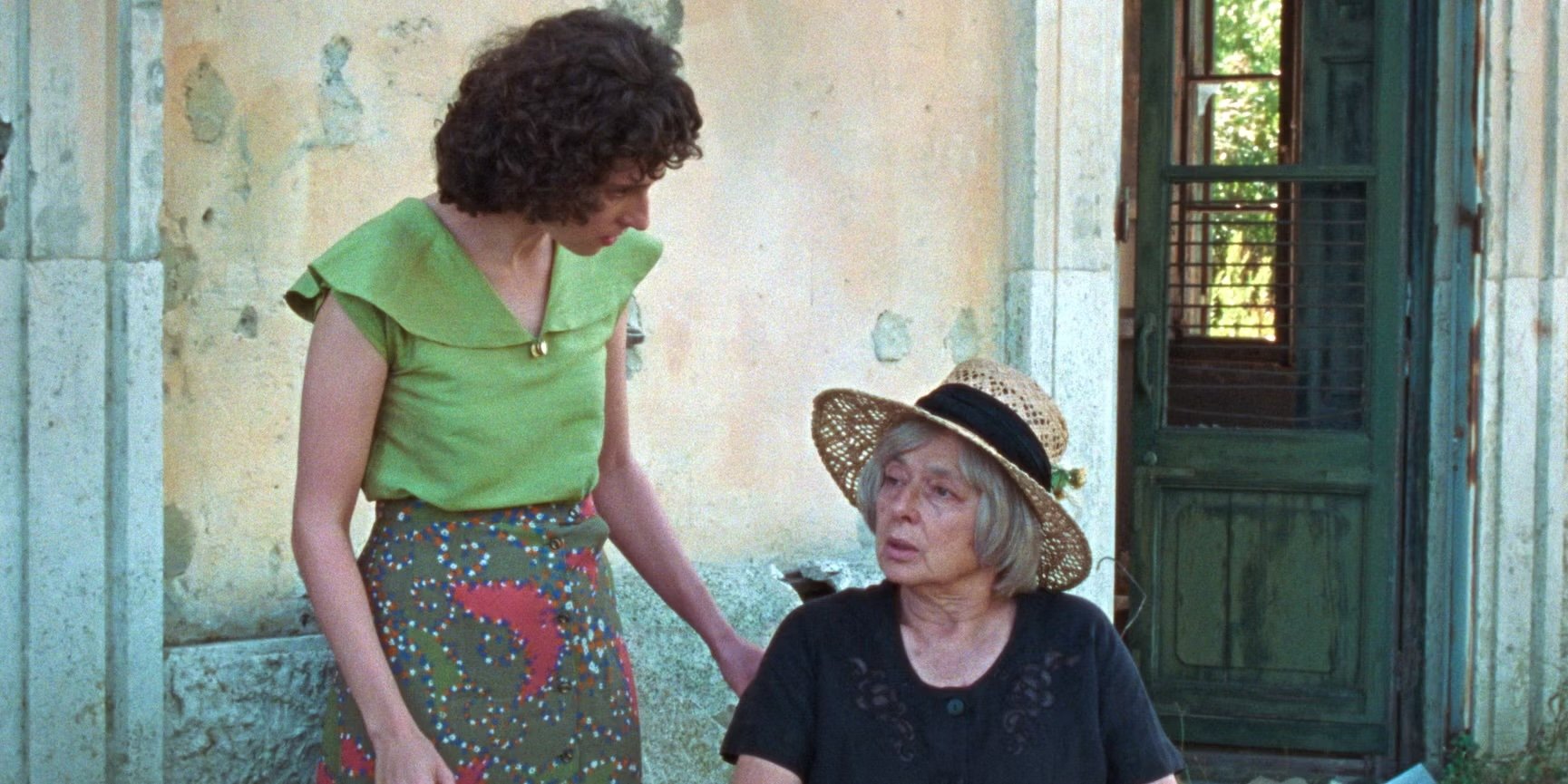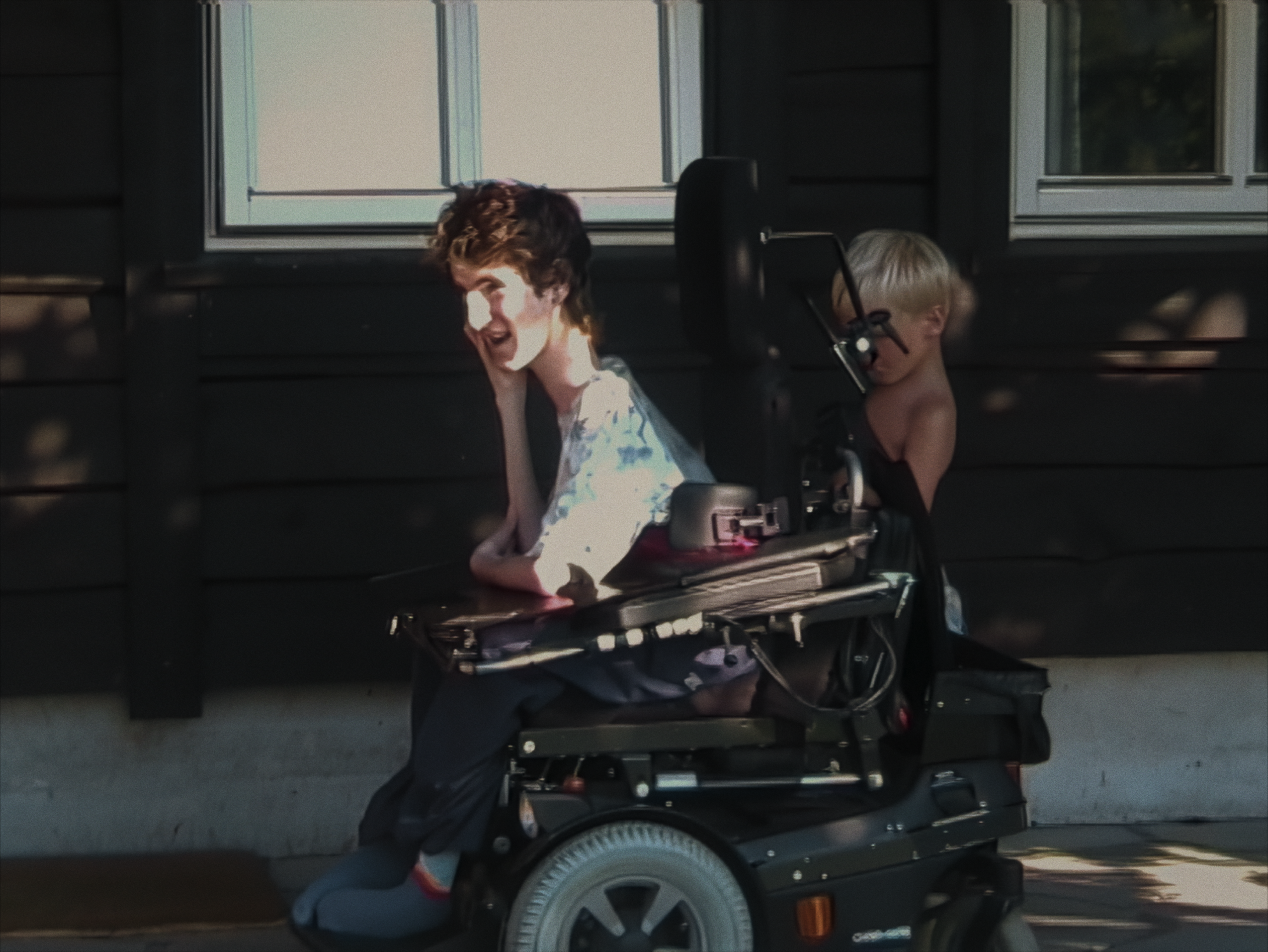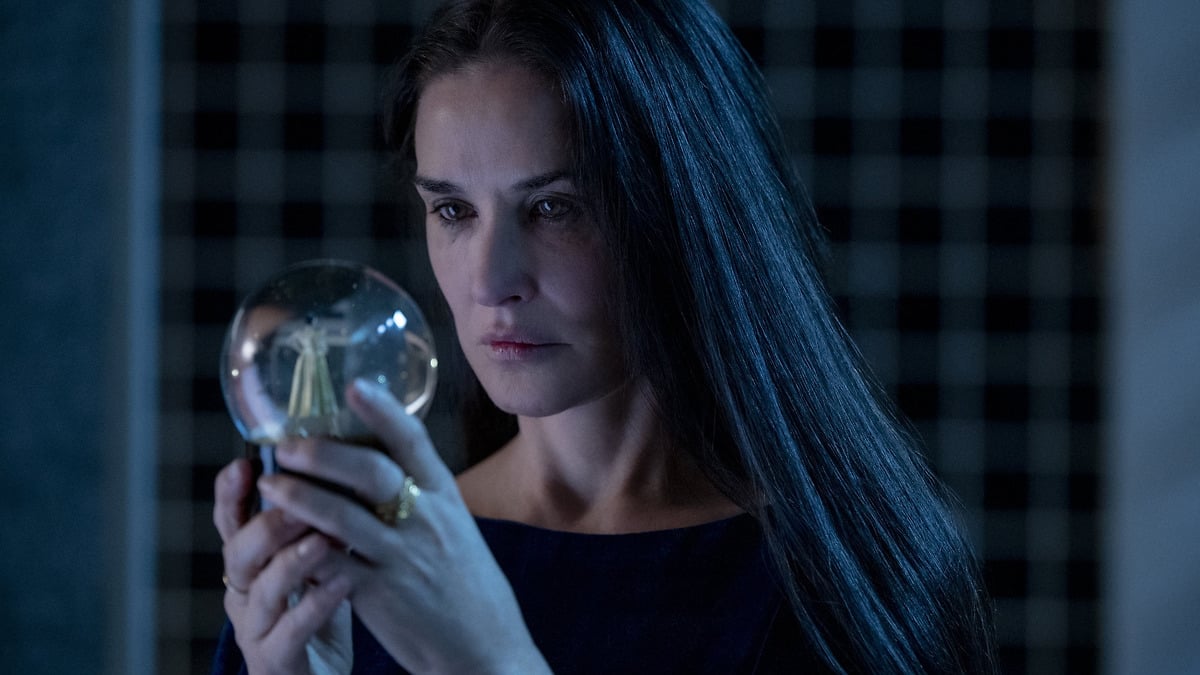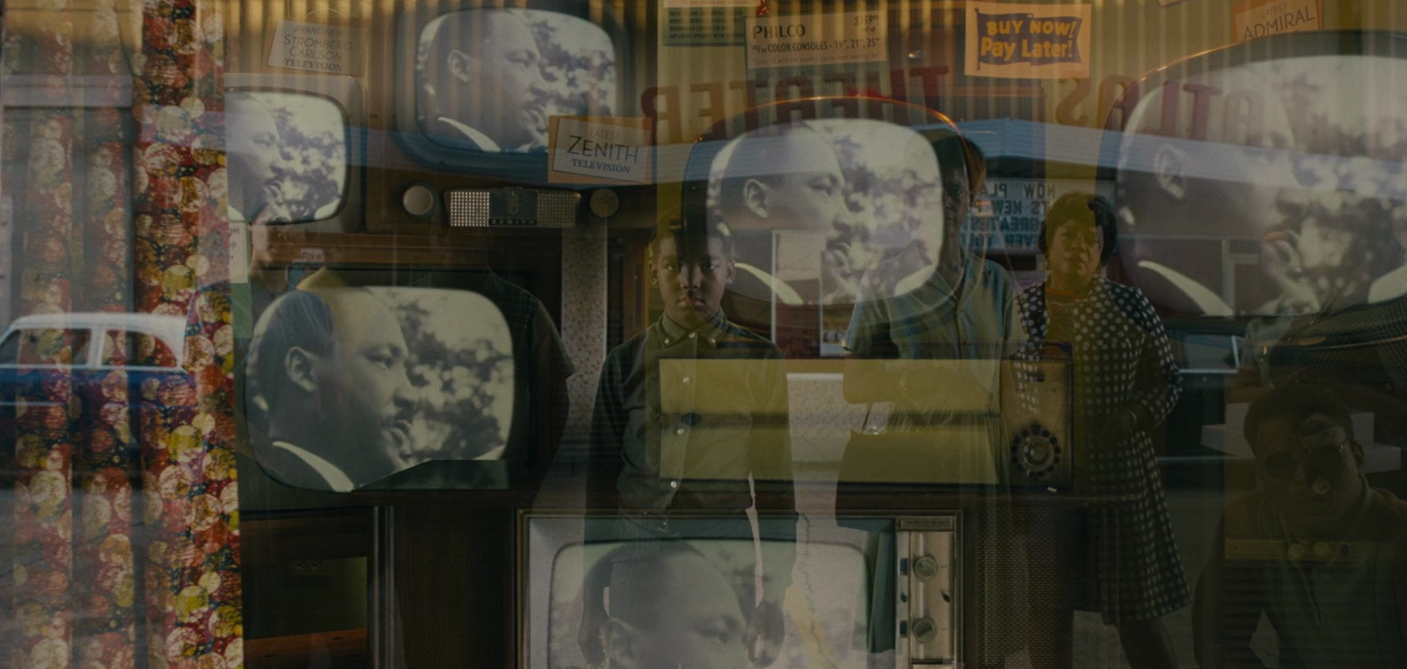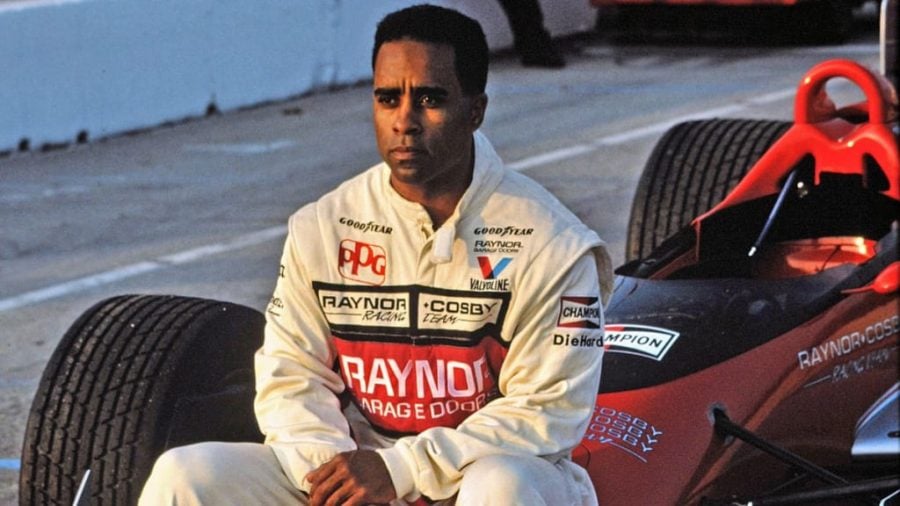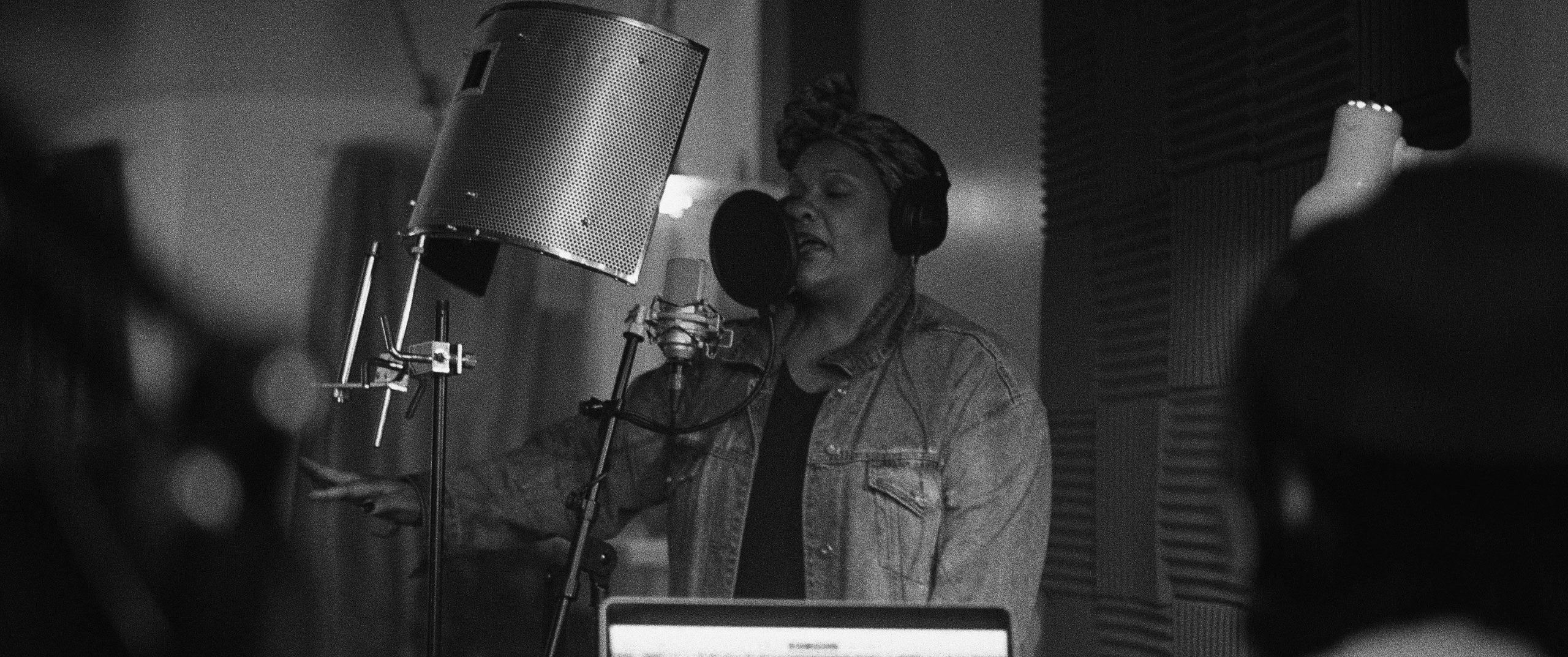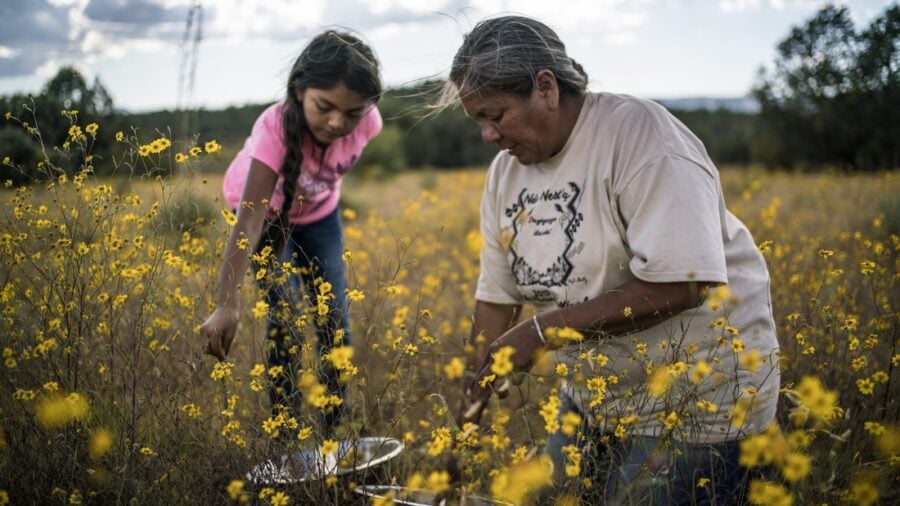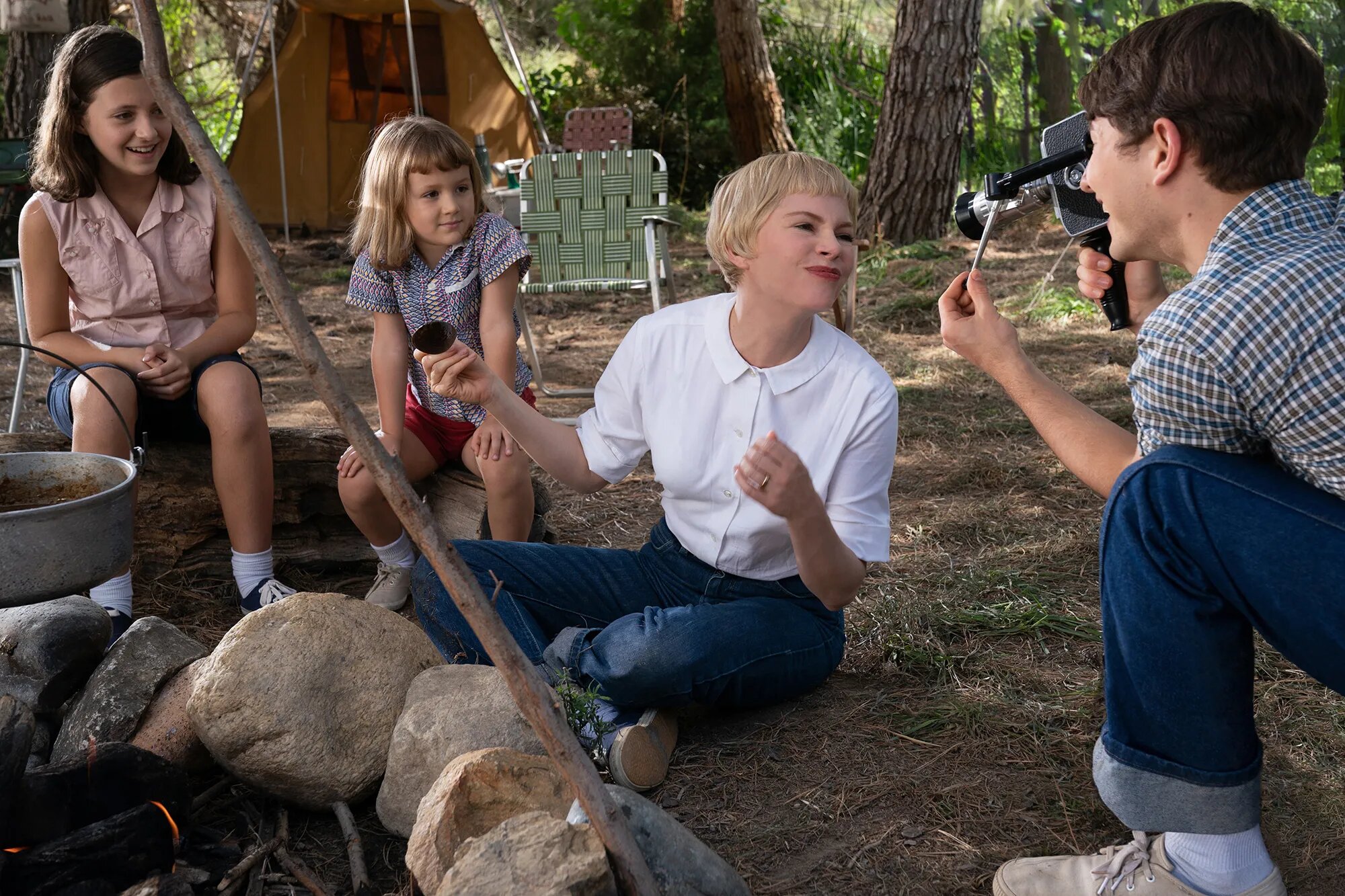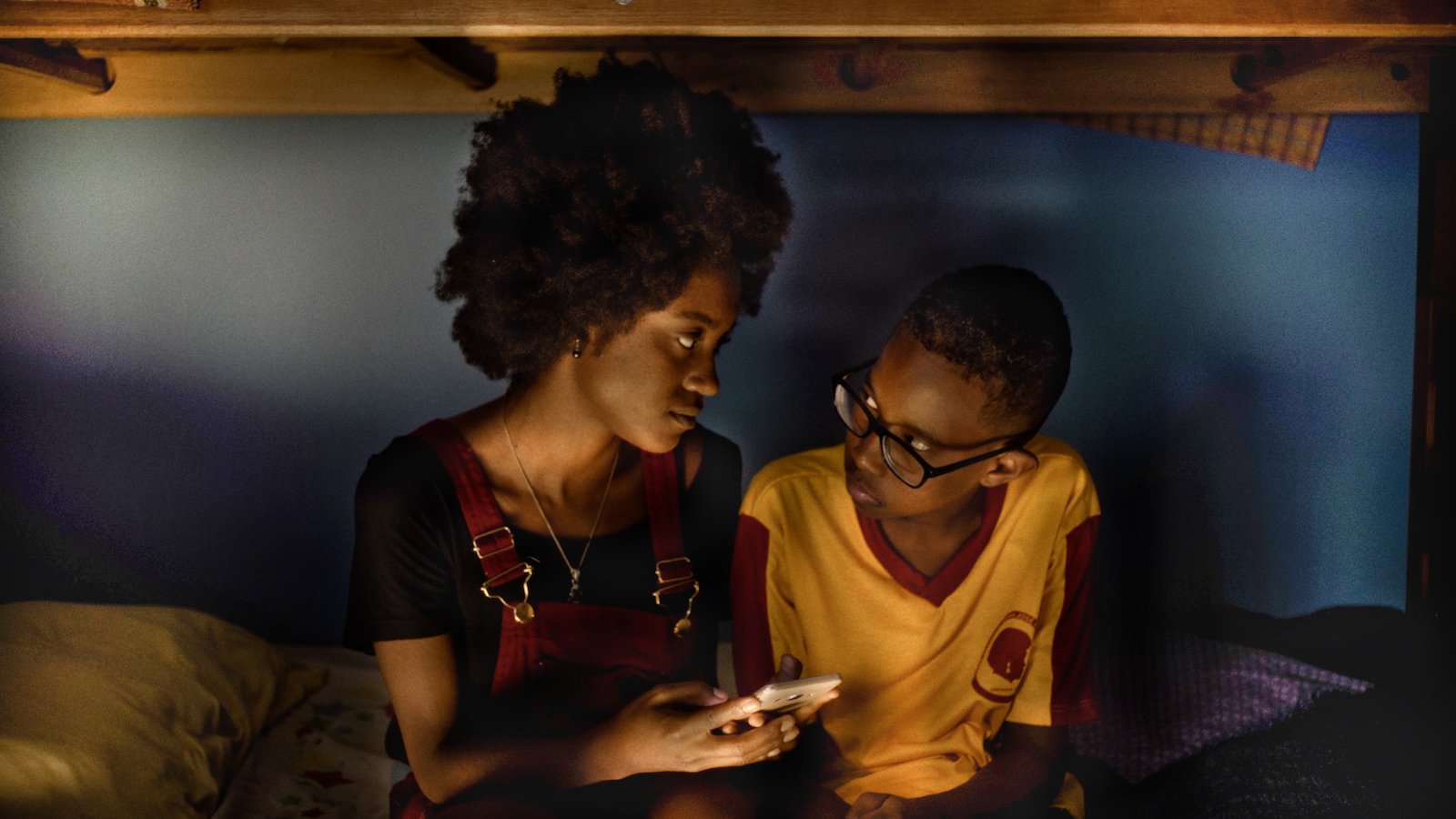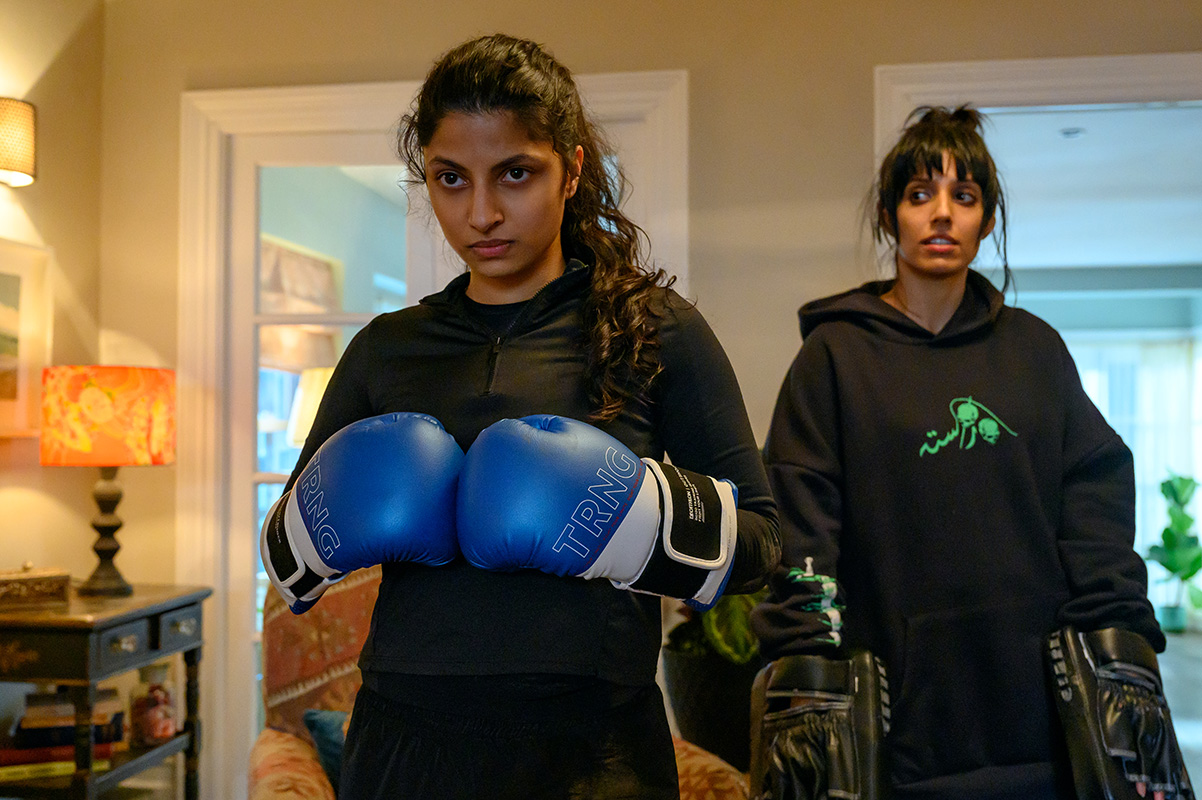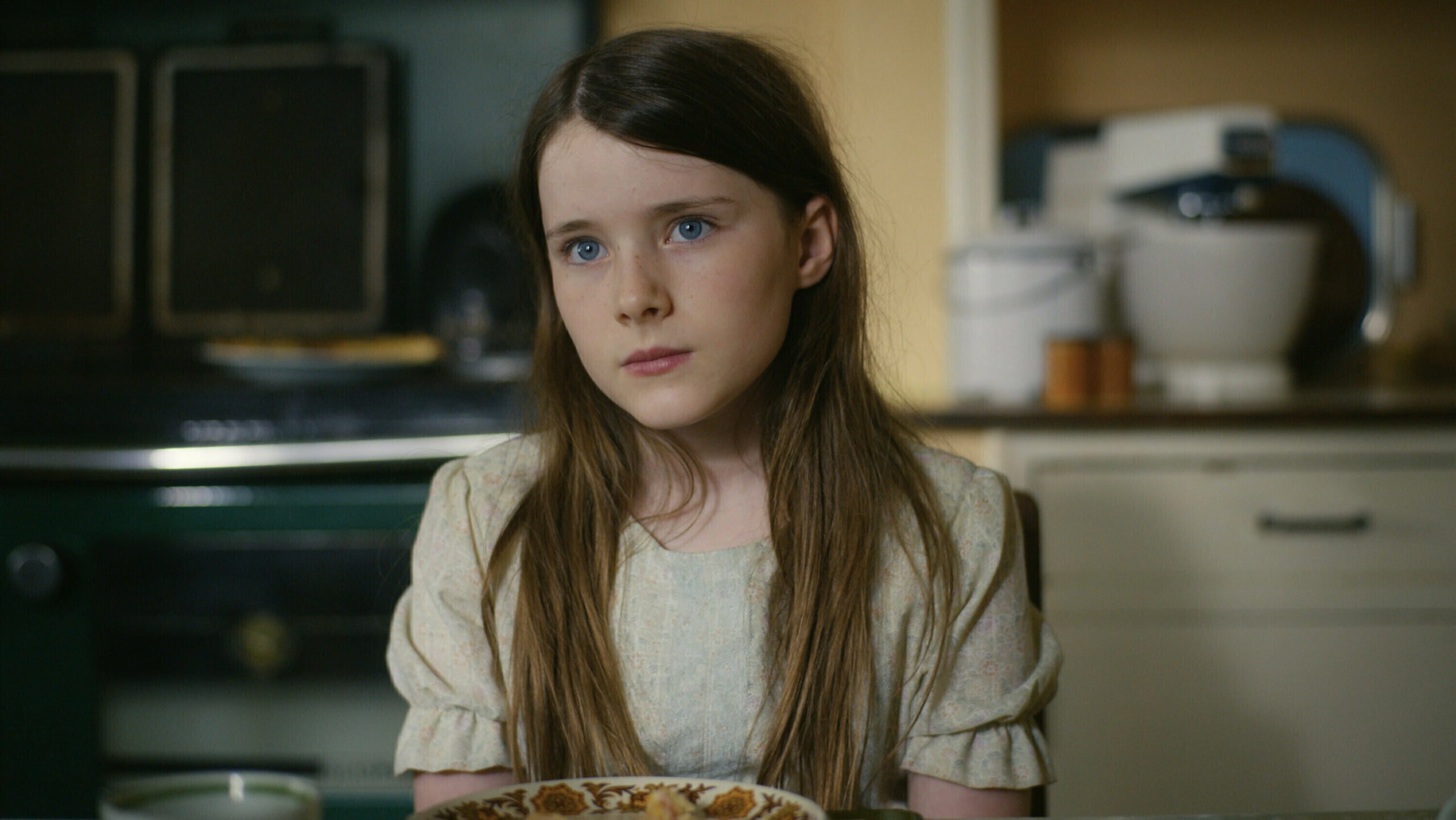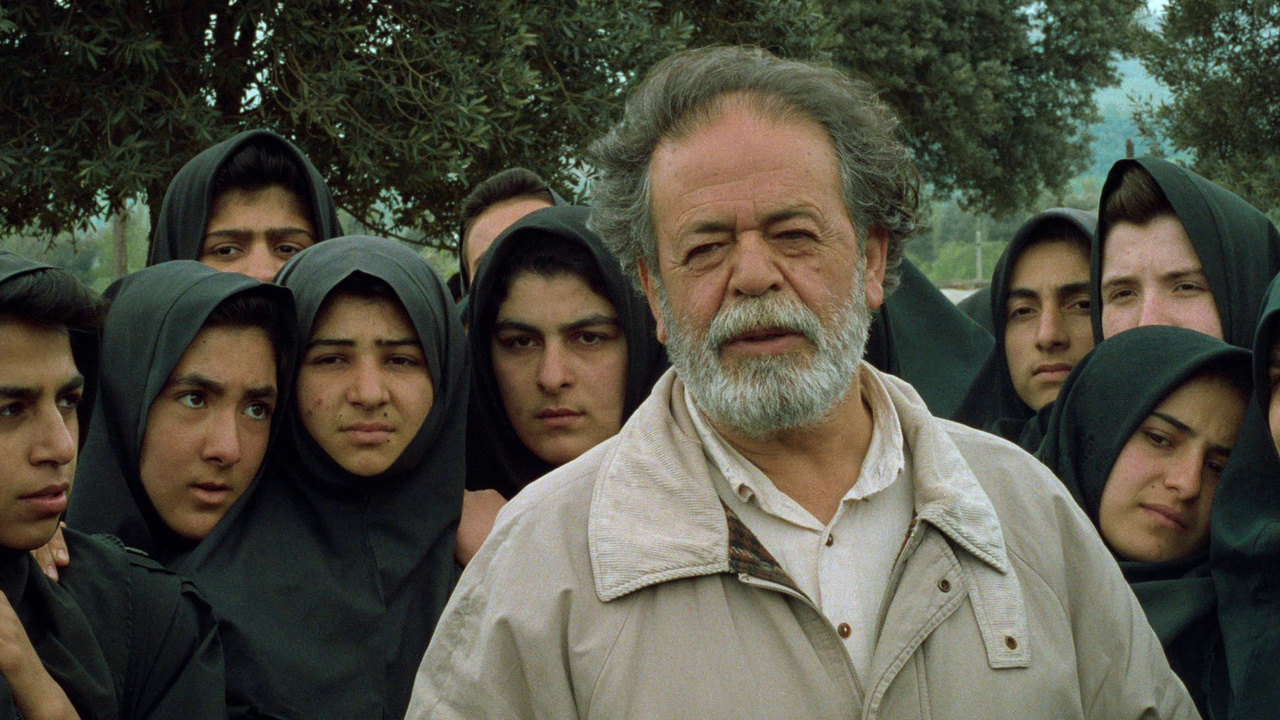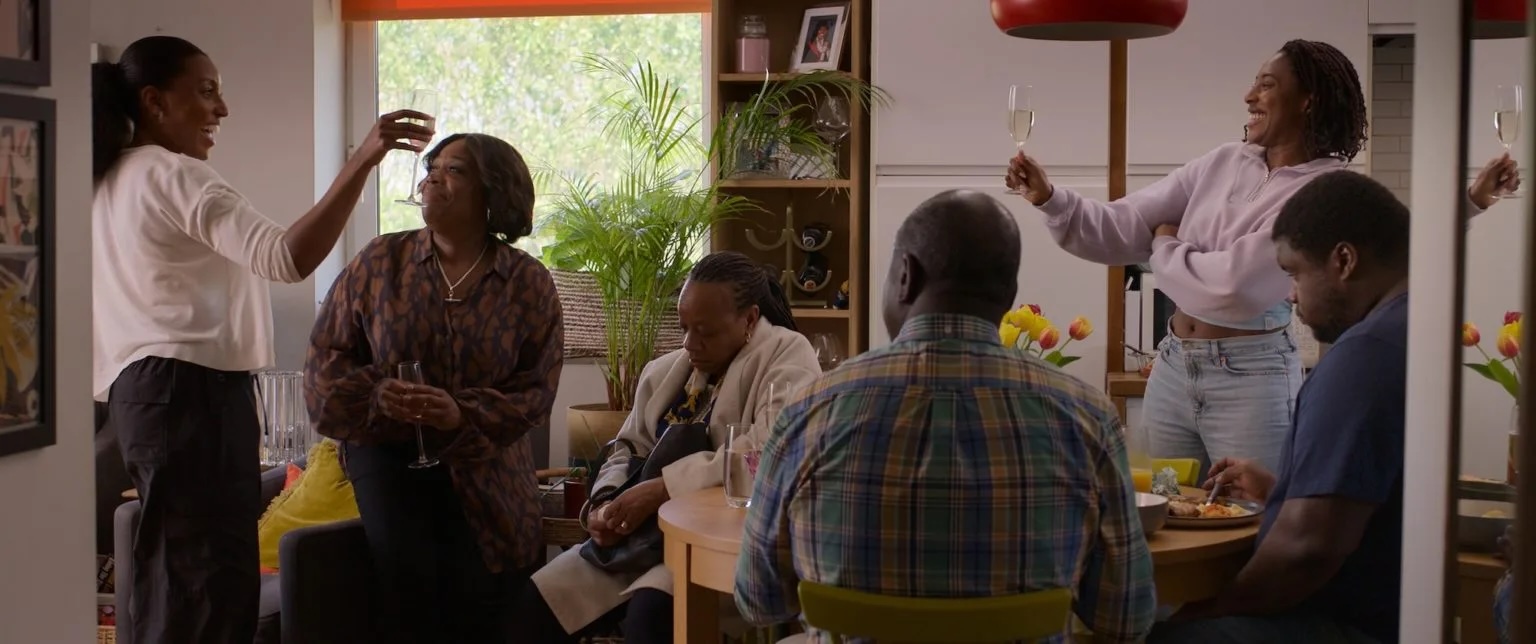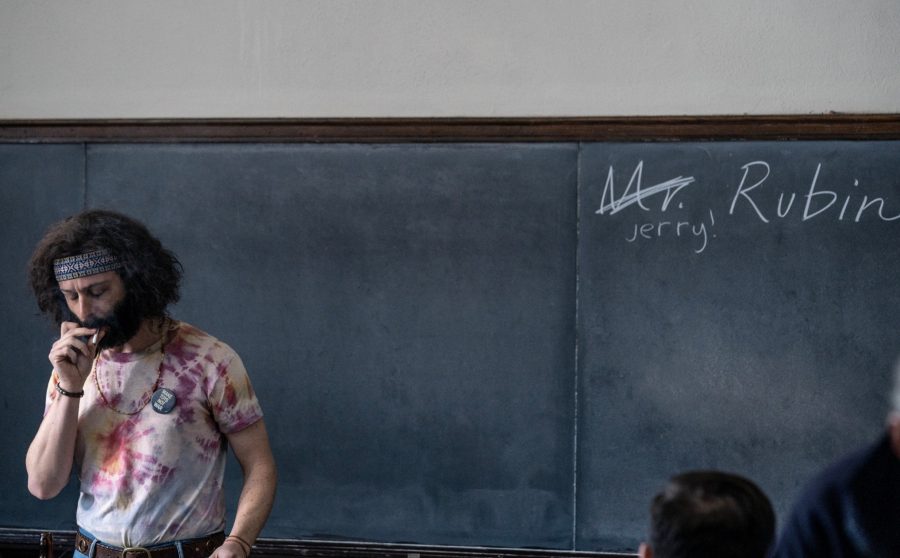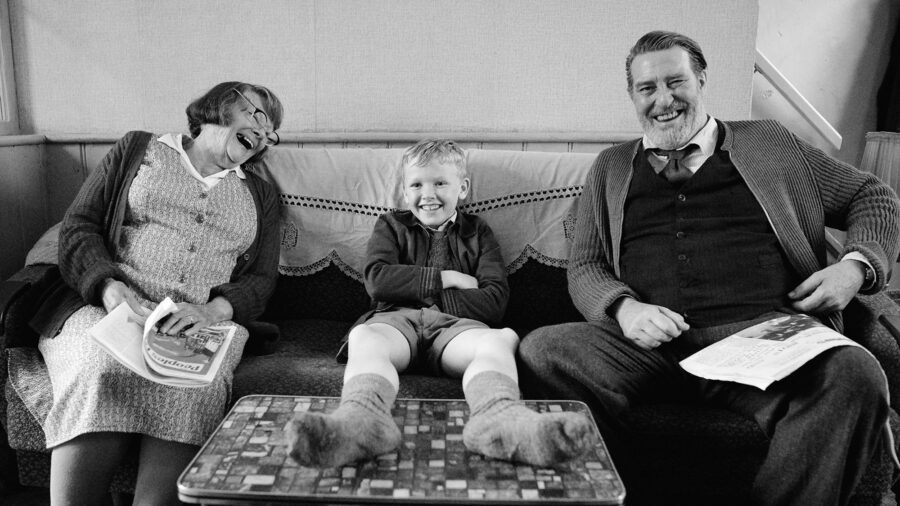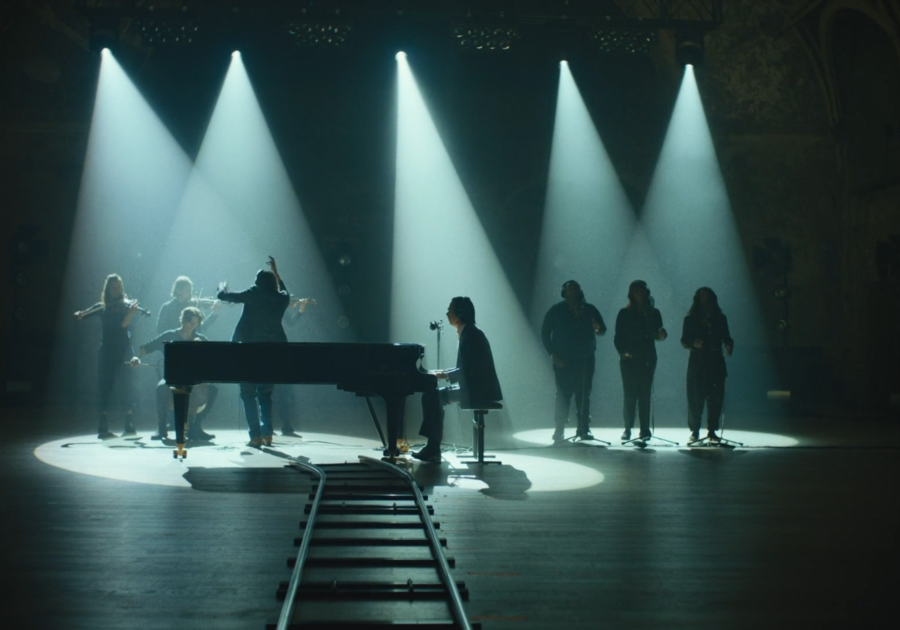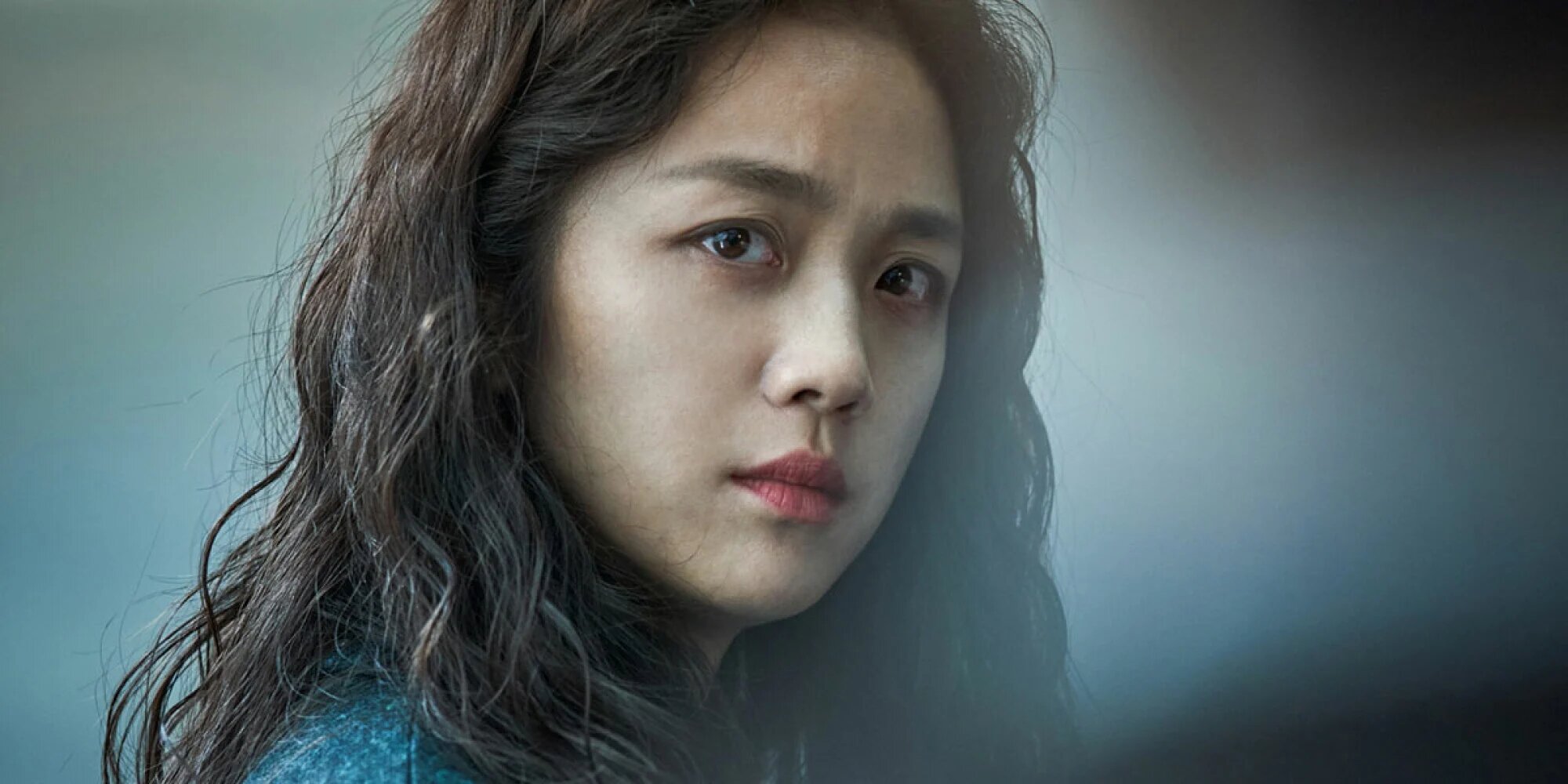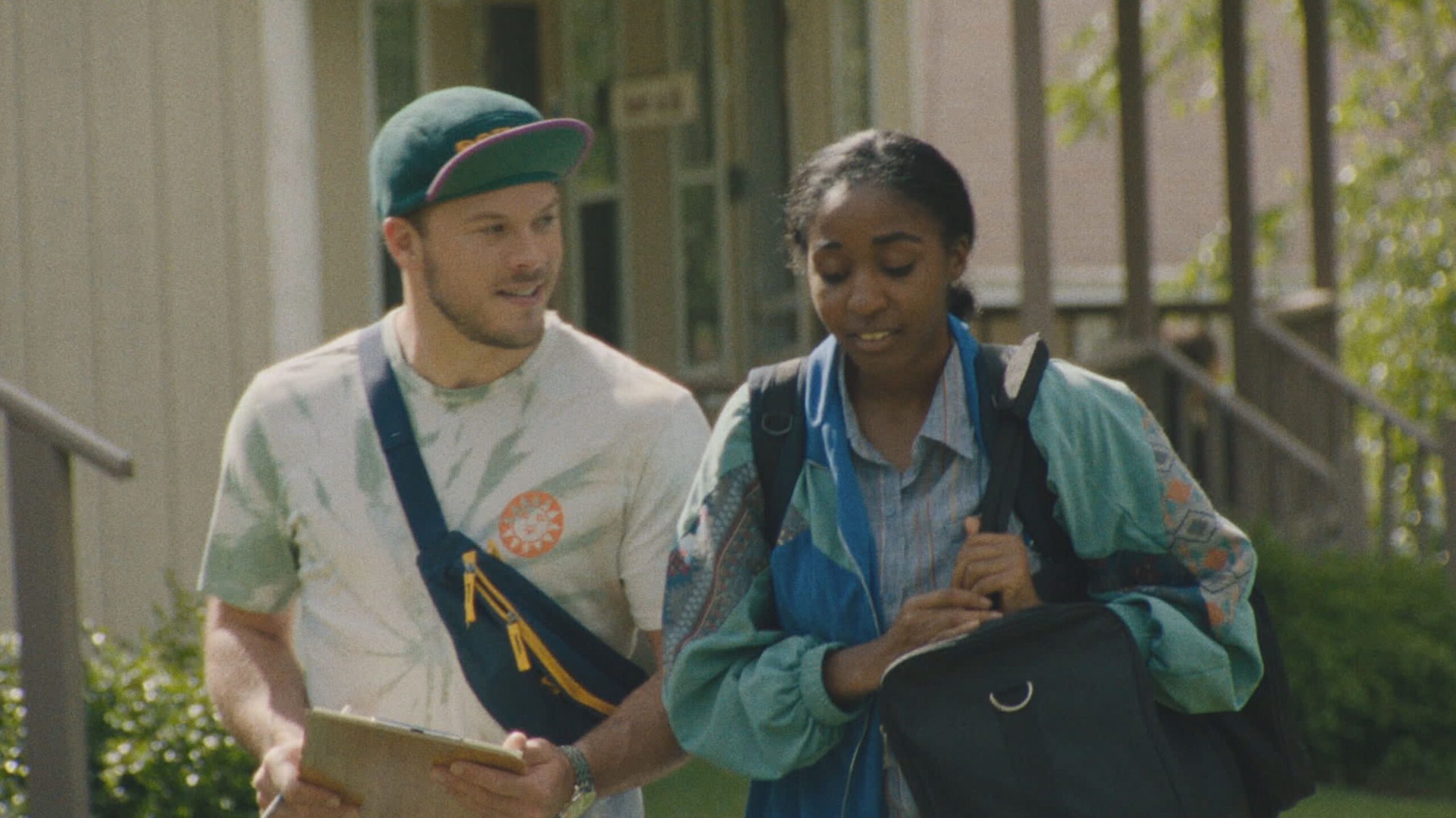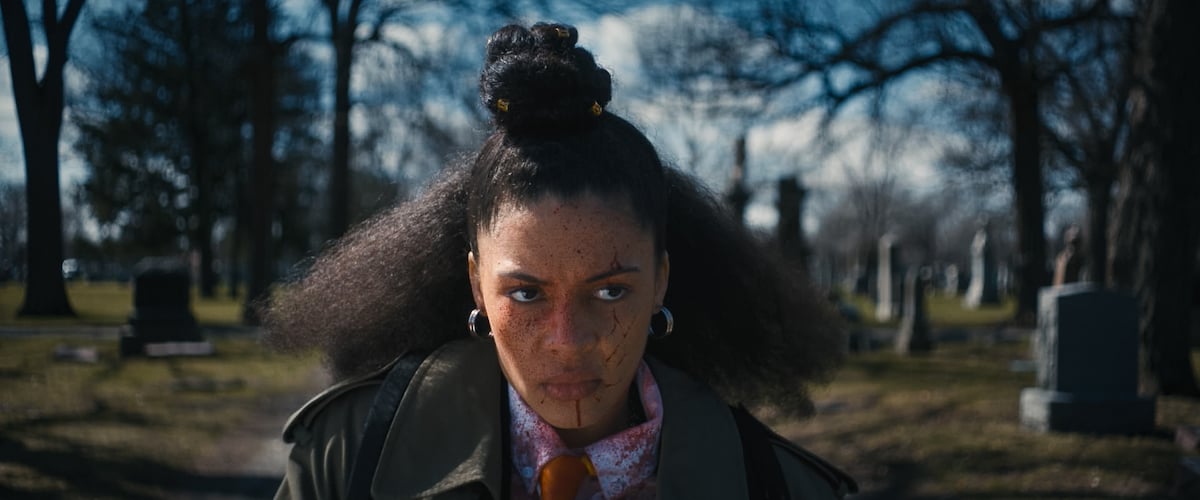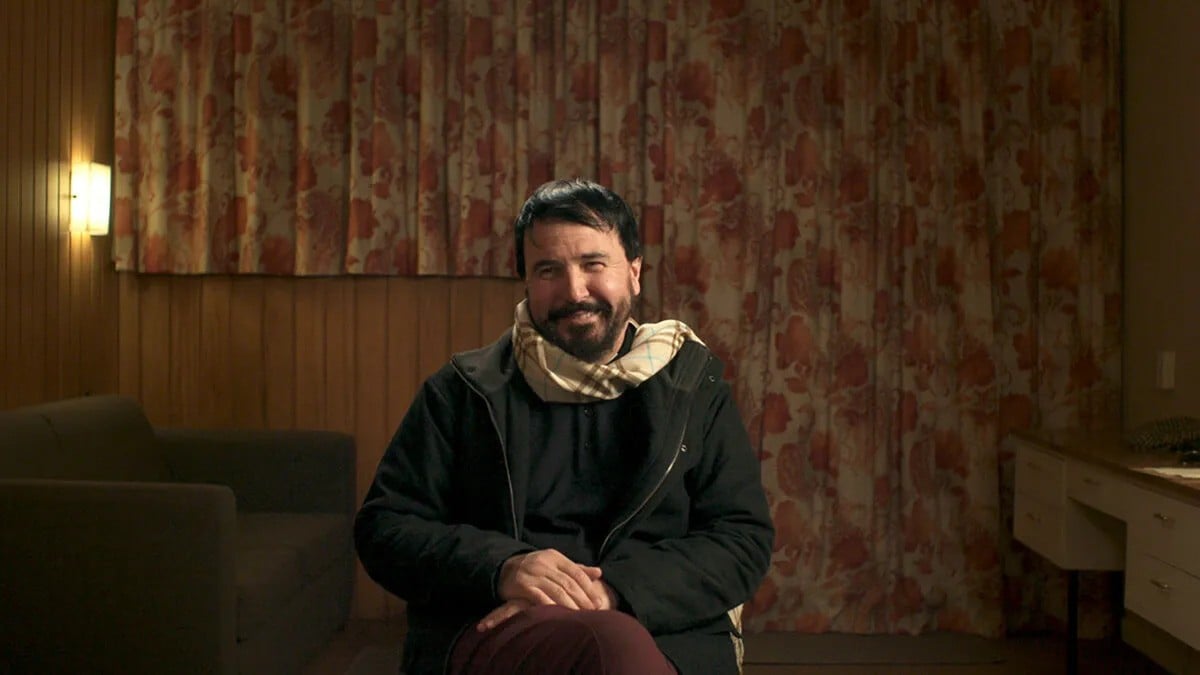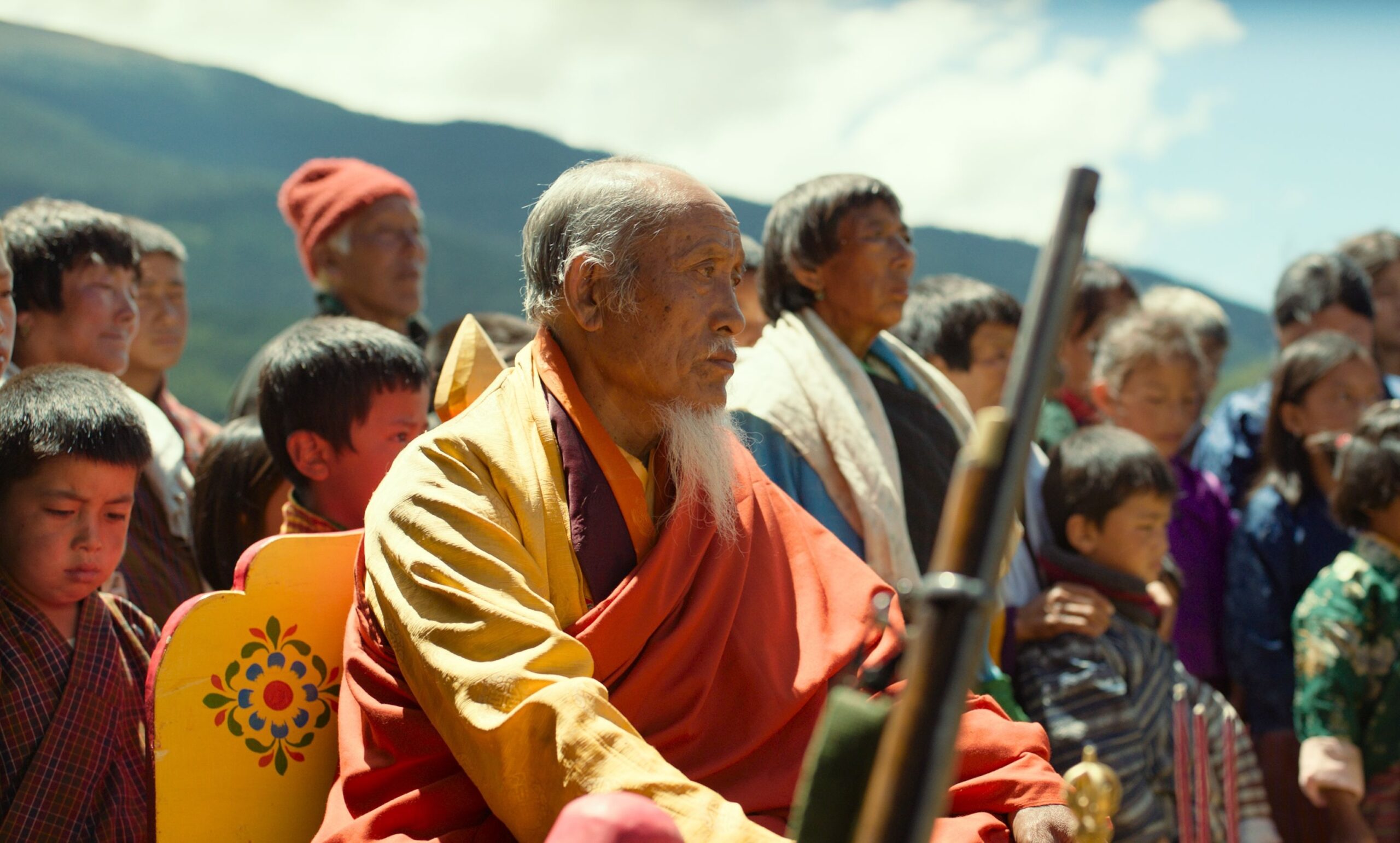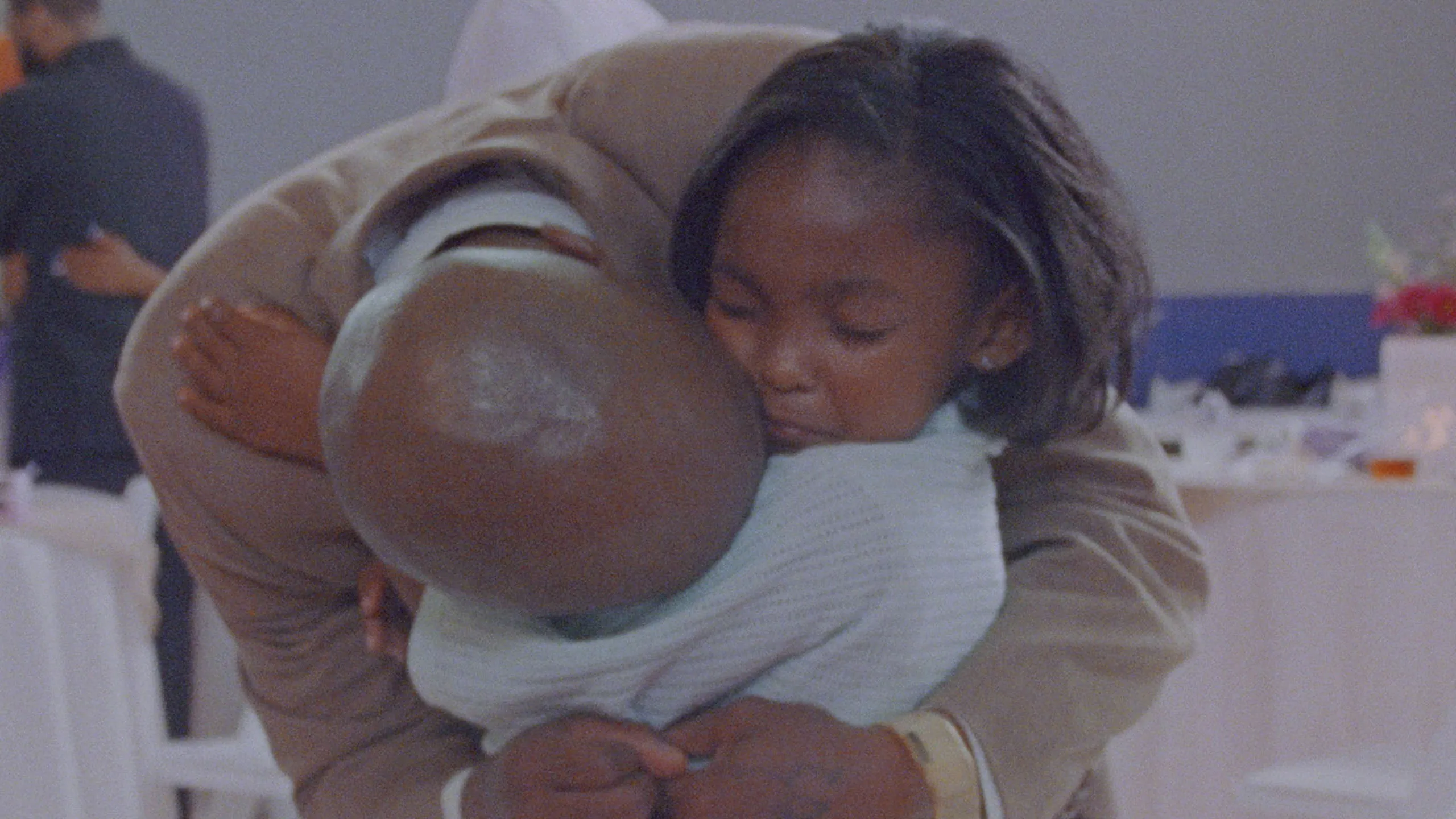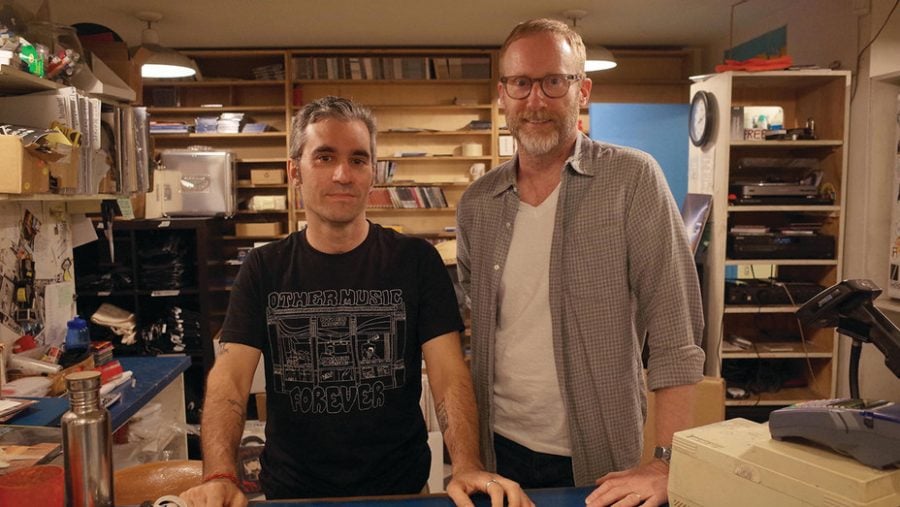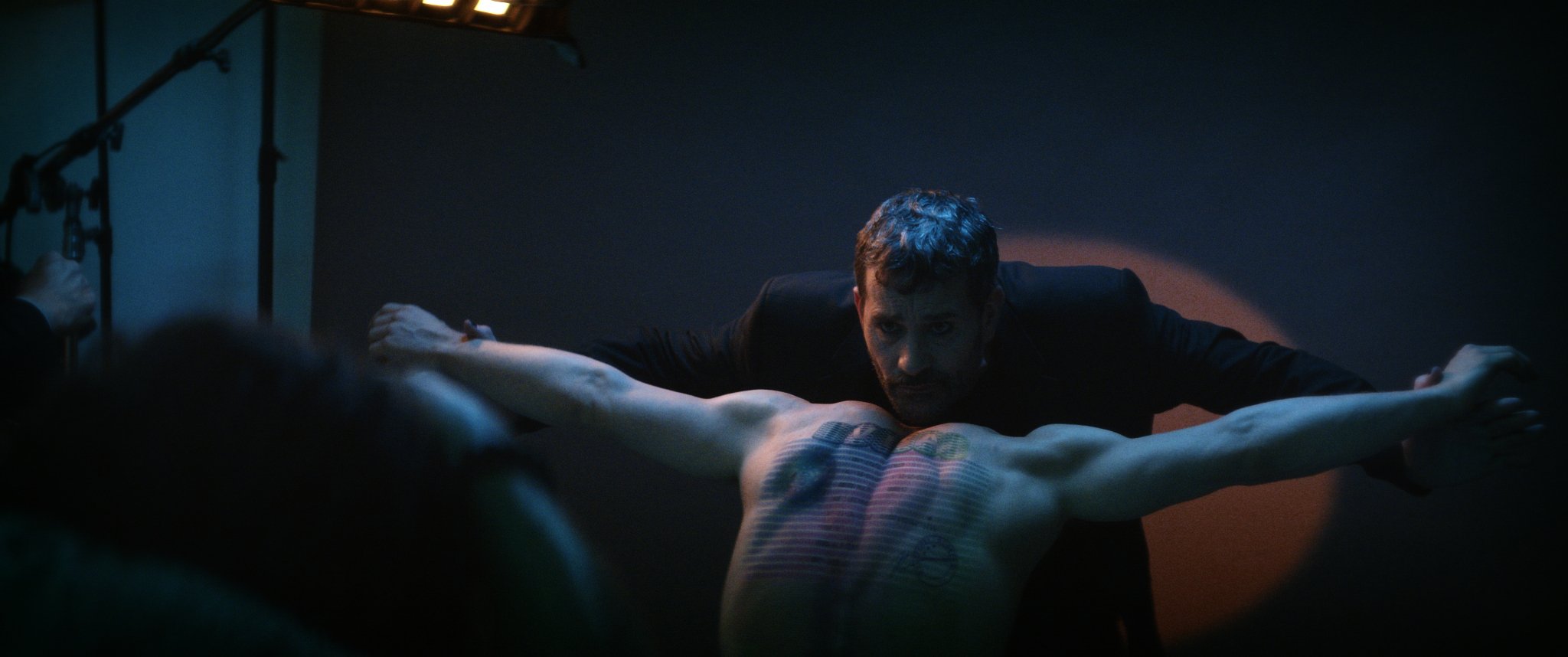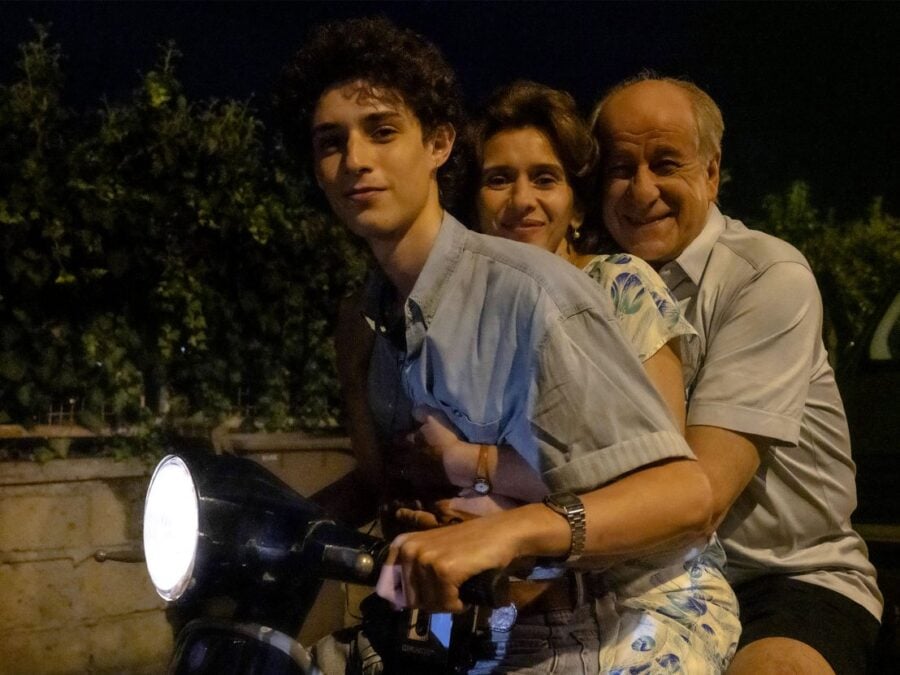The Best Movies of the 2020s So Far
Saying that 2020 came with a bang just might be the understatement of the century. The year ushered in a global pandemic that upended all of what we knew in the modern world, forcing us to reconsider what we deemed as valuable and even good.
With more content than ever before, both filmmaker and filmgoer have seen a growth in discernment, and with that, a boost in standards. So far, this has meant more solid techniques, diverse perspectives, and empathetic takes. Below, we list the most notable titles that uphold these qualities—in other words, the very best movies of the 2020s.
This untamed, high-octane portrait of the Belfast hip-hop trio Kneecap follows real-life members —aliases Móglaí Bap, Mo Chara, and DJ Próvaí, all playing themselves—as they forge a path from lost teens to unlikely cultural icons. Being the first hip-hop act is their native Irish, they’re met with disdain both from their community who think they are misrepresenting the Irish cause (DJ Próvaí translates to DJ Drug Dealer), and from the British for things like playing the same venue where King Charles spoke the night before and one of them exposing their butt with the words “BRITS” and “OUT” written on either cheek.
The story ends up being as much as about the group as it is about identity, artistic freedom, even the Ireland of today – and yet the core of Kneecap, perhaps not just the movie but the group itself, seems focused solely on the importance of having fun while dealing with all of it. The ride is exhilarating, often very funny, and even in tough moments, upbeat. Hang tight.
Genre
Comedy, Drama, Music
Director
Rich Peppiatt
Language
English, Irish
Mood
Character-driven, Discussion-sparking, Funny, Grown-up Comedy, Intense, Quirky, Raw, Smart, Thought-provoking, True-story-based, Warm, Well-acted
The film opens with Julie in her early twenties, longing to pursue a career in medical school. But after briefly testing the waters, she switches over to psychology, only to drop completely out of school and transform her hobby of photography into a professional career. This indecisiveness carries over in most aspects of her life, including and especially in romance, where impulse and desire drive her to run after what she believes to be love. The movie follows Julie as she navigates adulthood in modern Oslo—at once a specific yet universally relatable story about the growing pains of growing up.
With The Worst Person in the World, Joachim Trier scores again with another life-changing Norwegian drama about longing, love, grief, and finding your place in the world. His films can be quite sad but amidst all the drama, moments of happiness and hope are scattered throughout, as it is in real life.
Genre
Comedy, Drama, Romance
Director
Joachim Trier
Language
Norwegian
Mood
Character-driven, Emotional, Heart-warming, Mind-blowing, Slice-of-Life, Well-acted
In Aftersun, Sophie recalls a holiday she took as an eleven-year-old in the ‘90s with her father. Video recordings help jog her memory, but she’s looking for more than just a blast from the past. Rather, she seems to be seeking answers to fill in the gaps between who she knew as her father and who he really was: an immensely nice but deeply troubled man.
At first, Aftersun looks like a simple but beautiful story about father and daughter bonding over the course of a summer trip. But within minutes, it’s clear that there are layers to Aftersun, emotionally and editorially, that aren’t always explained but nonetheless enrich the movie with profound meaning. Stirring, complex, and surprisingly inventive, it’s not surprising that Aftersun is one of the most beloved films of the past year.
Genre
Drama
Director
Charlotte Wells, Female director
Language
English, Spanish, Turkish
Mood
Character-driven, Dark, Depressing, Dramatic, Emotional, Heart-warming, Lovely, Tear-jerker, Touching, Well-acted
Monster is a deceptively simple story about growing up and the many misunderstandings that come with it. It’s told through different points of view, a technique that could easily feel gimmicky in the hands of a lesser director. But with director Hirokazu Kore-eda at the helm, it feels natural and inevitable, as if there was no other way to tell this specific story. It’s a masterful mystery, but Monster is less about suspense and answering the whodunnit question than it is about navigating the murky waters of truth and real life. As corny as it sounds, watching Monster is an experience unto itself: you’ll find yourself believing something one moment and dismantling it the next, learning and unlearning in a span of two hours. But as with past Kore-eda films, it’s the story’s heartwarming sensitivity that trumps everything. You’ll likely come for the mystery but stay for its heart.
Genre
Drama, Mystery, Thriller
Director
Hirokazu Kore-eda
Language
Japanese
Mood
Character-driven, Dramatic, Emotional, Lovely, Touching, Well-acted
As in his previous films, Director Andrew Haigh explores the delicate nature of loneliness, grief, and love in All of Us Strangers, except this time he does so through a supernatural lens. The result is mesmerizing: amid the tenderness the film draws from its characters, there’s a swirl of mystery too: how is it possible that Adam is conversing with his dead parents? Who, exactly, is Harry? The intrigue is there, and Haigh builds to a satisfying climax that answers all these questions. The mystery also lends the film an ethereal style that makes it visually resemble a horror or thriller more than it does a romance or drama. But as superb as it looks and as compelling as the ambiguity is, they never distract from the film’s central goal, which is to bring us into the complex emotional journey Adam goes through as he simultaneously develops a relationship with Harry and parses his childhood trauma with his parents. It’s a hefty film, filled with big emotional moments that will have you crying, smiling, longing, and healing all at the same time. And like any good film, it will haunt you for days on end.
Genre
Drama, Fantasy, Romance
Director
Andrew Haigh
Language
English
Mood
Dramatic, Emotional, Lovely, Romantic, Tear-jerker, Touching, Well-acted
The British social-critical director of I, Daniel Blake and The Wind That Shakes the Barley, Ken Loach, delivers another scathing indictment of our economic system, the slashing of worker protection, and the gig economy. While these are indeed the themes of this affecting drama, Loach always makes it about the people. In this case, a struggling family man who tries to turn his life around by working in package delivery. Gig economy workers are usually freelancers who own their trucks and are made fully responsible for packages until they reach their respective recipients. From peeing in a bottle to save time to seamless monitoring by an overlord hand-held device, Sorry We Missed You manages to capture the indignity and gives you an intimate introduction to the human cost of having everything delivered to your doorstep at a moment’s notice. Thanks to Loach’s use of amateur actors, it has a raw and real feel to it without being melodramatic. Sorry We Missed You makes sure that the habitually unseen take center stage.
Genre
Drama
Director
Ken Loach
Language
English
Ahmed plays Ruben Stone, a heavy metal drummer, who plays in a band and lives in a tour bus with his girlfriend Lou (Olivia Cooke). Quickly after meeting the couple, we witness the touring musician drastically losing his hearing. As recovering addicts with little financial means, they soon run out of options. Lou desperately wants to prevent Ruben’s relapse into addiction and so she helps him retreat to a deaf community group home, run by the illustrious Joe, a truly amazing character played by the equally amazing Paul Raci, himself the hearing son of deaf parents. There is something deeper going on though: the question of what disability is, and how, despite how it drastically changes Ruben’s life, it might not be his biggest problem. In addition to the stellar acting and delicate writing, we experience his condition through the incredible sound design used by director Darius Marder, complete with muffled conversations, garbled noises, and piercing silence. This is a movie to be taken in completely. Above all, it’s about Riz Ahmed’s performance. He learned to play drums, sign language, and studied deafness ahead of the shooting, and he does not strike a wrong note.
Genre
Drama, Music
Director
Darius Marder
Language
English, French
Mood
Challenging, Emotional, Gripping, Mind-blowing, Romantic, Sunday, Thought-provoking, Well-acted
Fire of Love is a documentary that follows Maurice and Katia Krafft, a scientist couple who’ve dedicated their entire professional lives to studying (and marveling at) volcanoes. The two met at university and have been inseparable ever since, chasing explosions around the world until their death at the Mount Unzen eruption in 1991.
The fiery passion the title refers to is as much about Maurice and Katia as it is about their dedication to volcanoes. Like any love story, it tracks how they were first wonderstruck by the formation and how that awe shaped their lives and led them to each other, as well as how they came to discover hard truths about it and dealt with the heartbreak that soon followed.
Combining the breathtaking footage the couple left behind with lovely writing and artful animation, director Sara Dosa creates a moving documentary about passion, adventure, and the world itself.
Genre
Documentary, Drama
Director
Female director, Sara Dosa
Language
English, French, Portuguese, Spanish
Mood
Discussion-sparking, Inspiring, Lovely, Smart, Thought-provoking, True-story-based
Poland’s nomination for Best Foreign Language Film at the 2020 Academy Awards may have lost to Parasite, but director Jan Komasa’s film is still utterly compelling. The crazy sounding premise is inspired by true events: after having had a transformative experience in jail, an ex-convict, played by the wiry, blue-eyed Bartosz Bielenia, decides he wants to become a priest. When he is told that his criminal history prohibits it, he goes down the path that got him into trouble in the first place and just pretends he is. Apparently, he does so quite convincingly—and serves the community well, which is collectively grieving for the victims of a tragic accident. For all his charisma, there’s no way not to root for the crooked clergyman conning his way to the top. The complex character at the heart of Corpus Christi is refreshing and three-dimensional, and the smart writing of the film excels at exploring they grey areas of truth and religion. The ending, too, circumvents the soppy and the melodramatic. Thought-provoking European drama.
Genre
Drama
Director
Jan Komasa
Language
Polish
Nothing about Saint Omer is easy. A female Senegalese migrant (Guslagie Malanga) is put to trial for committing infanticide, but throughout the film, it becomes clear how much of a victim she is too, of an uncaring and deeply prejudiced society. “What drove her to madness?” Her attorney asks at one point. We’re not sure. We’re not necessarily asked to side with her, nor answer the many hard-hitting questions brought up in the film, but we sit with the uneasiness of it all and, in that silence, confront our ideas about motherhood, womanhood, personhood.
This confusion is what makes the film so compelling. Despite the court’s best efforts, Laurence isn’t meant to be understood. She’s meant to be an example of the ever-ambiguous, forever-complicated, always-hurt person. It’s human nature after all to be this complex and messed up. The film shows us that the best that we can do in situations like this is to listen, understand, and as our protagonist Rama (Kayije Kagame) does, make peace with the noise.
Genre
Crime, Drama
Director
Alice Diop, Female director
Language
French, Portuguese
Mood
Challenging, Emotional, Intense, Smart, Thought-provoking, True-story-based, Well-acted
In All the Beauty and the Bloodshed, documentarist Laura Poitras (Citizenfour, My Country, My Country) lends her empathetic and incisive lens to a subject so passionate and imaginative, she ends up collaborating with Poitras to co-create the documentary about her life. The subject is Nan Goldin, one of the most influential photographers of the late 20th century.
The documentary captures Goldin’s work as a queer artist and anti-opioids activist, intertwining both aspects to tell a nuanced and incredibly important story about freedom, identity, and self-expression. This incredibly complex, encompassing, and vibrant feature won the top award at the Venice Film Festival, besting 19 other films from around the world.
Genre
Documentary, Drama
Director
Female director, Laura Poitras
Language
English
Mood
Gripping, Thought-provoking
The Iranian director Jafar Panahi has faced constant persecution from his country’s government for over a decade, for his career of sharply political films speaking truth to power. In fact, No Bears—which was shot in secret, in defiance of the government banning him from filmmaking for 20 years—had its initial festival run in 2022 while Panahi was in prison. Evidence of Panahi’s drive to keep making his movies, no matter what, are clear in this film’s limited resources and occasionally inconsistent video quality. But even those obstacles can’t get in the way of his vaulting ambition.
No Bears operates on several different layers that all express Panahi’s growing frustration with—but also his commitment to—making art that only ever seems to put himself and other people in harm’s way. At its base level, this is a suspenseful small-town thriller, as an exiled Jafar Panahi (playing himself) tries to evade suspicion from the villagers around him. At the same time, Jafar is struggling to direct a film remotely, which creates a strain on his production crew. On top of that, the characters in his film undergo their own drama, seeking asylum out of Turkey. All of this is edited together under a stirring screenplay written with heart, humor, and the hope that the institutions that try to scare us will never keep us in the dark forever.
Genre
Drama, Thriller
Director
Jafar Panahi
Language
Azerbaijani, Persian, Portuguese, Turkish
Mood
Gripping, Mind-blowing, Original, Suspenseful, Thought-provoking
The Teacher’s Lounge is one of those movies where a simple misunderstanding is blown out of proportion, so much so that it causes the fabric of a community to unravel into chaos. Aided by a precise score, it ticks like a timebomb, with every second filled with so much dread and anxiety you have to remind yourself to breathe. It’s an impeccable and taut thriller, but it also works as an allegory about modern-day surveillance and authority. Director İlker Çatak gives the Gen-Z students and their much older teachers a level field where they struggle for control, and the result is both bleak and funny. It’s often said that schools are a microcosm of the real world, but nowhere is that more apparent than here.
Genre
Drama, Thriller
Director
İlker Çatak
Language
English, German, Polish, Turkish
Mood
Gripping, Suspenseful, Well-acted
How do you make a film about the Holocaust feel new? How do you make the terrors feel fresh, like it was just in the news, without sounding redundant or without giving into the sensationalized and emotionally manipulative? For Director Jonathan Glazer, the answer lies in not what you show but what you don’t show. The Zone of Interest is shot from the point of view of Nazi Officer Rudolf Höss (Christian Friedel) and his wife Hedwig (Sandra Hüller), who live a dreamy life right next to the infamous Auschwitz death camp. Glazer frames them plainly and without flourish as they ignore (or, arguably, revel in) the glow of burning bodies, the howls of pain, and the billows of smoke coming from the torture chamber a wall away. It’s a powerful, nauseating contrast that turns the question from “How can they do this?” to “Who among us is committing the same things right now?” Who among us is casting a blind eye to the atrocities and genocide being committed at this very moment to our neighbors? The film, which is also a technical feat in terms of the way it’s shot (the crew and cameras remained hidden so that the actors were free to roam, as if in a play) is chilling and thought-provoking, and it will unnerve you for days on end.
Genre
Drama, History, War
Director
Jonathan Glazer
Language
German, Polish, Yiddish
Mood
Challenging, Dark, Depressing, Discussion-sparking, Intense, Thought-provoking
One thing about director Sean Baker’s movies is that everything is rooted in class. Anora might charm as a romance, delight as a comedy, and dazzle as a realistic look into sex work, but at the end of the day, it’s a movie about labor, specifically exploitation labor, making the movie as painfully realistic as it is hopelessly romantic. It’s like the anti-Pretty Woman in that way. There’s no doubt it will have the same cultural impact (it’s already starting heated discourses on the internet) and will be remembered for just as long. The heated performances, breathtaking cinematography, and subtly hilarious script are all bonuses to this gem of a film.
Genre
Comedy, Drama, Romance
Director
Sean Baker
Language
Armenian, English, Russian
Mood
Gripping, Grown-up Comedy, Romantic, Well-acted
In Drive My Car, a widowed artist travels to Hiroshima for his latest production. There he meets a young woman enlisted to drive him around the area. They forge an unexpected bond and soon share pithy observations and long-buried secrets, which culminate in a touching scene of catharsis and forgiveness.
Not a lot is said in this three-hour film, but when words (and signals) are shared, they are always underlaid with simple but transcendent truths. Drive My Car is a gripping film that explores love and loss in its own quiet way, at once intense and intimate.
Genre
Drama
Director
Ryusuke Hamaguchi
Language
Cantonese, English, German, Indonesian, Japanese, Korean, Malay, Mandarin, Tagalog
Mood
Character-driven, Dramatic, Slow, Smart, Well-acted, Without plot
From Drive My Car director Ryusuke Hamaguchi comes another film featuring long drives, thoughtful talks, and unexpected twists. An anthology of three short stories, Wheel of Fortune and Fantasy ponders over ideas of love, fate, and the all-too-vexing question, “what if?”
What if you didn’t run away from the one you love? What if you didn’t give in to lust that fateful day? What if, right then and there, you decide to finally forgive?
Big questions, but without sacrificing depth, Hamaguchi does the incredible task of making every single second feel light and meaningful. Wheel of Fortune and Fantasy will leave you with mixed emotions: excited, startled, dejected, hopeful. But one thing you won’t feel is regret over watching this instant classic of a film.
Genre
Drama, Romance
Director
Ryusuke Hamaguchi
Language
Japanese
Mood
Character-driven, Emotional, Lovely, Romantic, Sweet, Thought-provoking, Touching
Poignant, delightful, and simply gorgeous, Licorice Pizza just might be Paul Thomas Anderson’s best work to date. The period dramedy follows two young people, one in her 20s and one in his teens, as they strike an unlikely but lovely friendship and try to find their place in the world. They may be 10 years apart, but they’re stuck in the same swirl of rejection and confusion that trap a lot of ambitious people like them. The premise is far from original, but Alana Haim and Cooper Hoffman turn in captivating performances (made even more impressive by the fact that this is both their film debut). There is an ease and naturalism to both their chemistry and onscreen performances that’s hard not to love.
The thick and wistful patina of the ‘70s, the comedic asides, and the colorful supporting cast all also help paint an overall charming picture that shouldn’t be missed.
Genre
Comedy, Drama, Romance
Director
Paul Thomas Anderson
Language
English, Japanese, Spanish
Mood
Character-driven, Emotional, Funny, Lovely, Romantic, Touching, Well-acted
Difficult but essential viewing, Procession tracks the progress of six men undergoing art therapy—specifically, by creating short filmed scenes to process their trauma from being sexually abused by Catholic priests. The resulting films we get to see are wildly varied in the emotions they express, forming a rich and powerful tapestry of the effects abuse can leave on individuals. And to see these men confront the worst events of their lives through filmmaking begins to feel like validation for filmmaking itself, that it can truly be an art form that changes and saves lives. But even more striking, somehow, is the unbreakable bond that forms among these survivors throughout this entire process, captured with reverence and overflowing compassion by director Robert Greene.
Genre
Documentary
Director
Robert Greene
Language
English
Mood
Challenging, Depressing, Discussion-sparking, Inspiring, Original, Raw, Uplifting
In both documentaries and films, adoptees meeting their biological parents for the first time is an event often painted in a sweet light. Never mind the child’s mixed feelings about it or the tragic reality that caused the split in the first place—it’s a reunion between family members, so it must be unequivocally special. In Return to Seoul, director Davy Chou doesn’t just debunk that myth, he subverts it by making the adoptee, Freddie, as unapologetically complex and emotionally enigmatic as possible. She resists affection but wallows in loneliness. She craves reinvention but stays in the same place for years. She’s in constant motion while being absolutely stuck in life. In other words, she’s a realistic embodiment of a person struggling to find some semblance of home. Chou displays an intimate understanding of the foreign experience, and he couples it with captivating cinematography, a rousing soundtrack, and fantastic performances across the board to make a daring, inventive, and thoroughly exciting film.
Genre
Drama
Director
Davy Chou
Language
English, French, Korean, Portuguese, Spanish
Mood
Character-driven, Emotional, Lovely, Mind-blowing, Touching, True-story-based, Well-acted
Many films have tried to decipher the indecipherable bond between mothers and daughters. Lady Bird, Everything Everywhere All at Once, and Turning Red, to name a few, center on this particular relationship, which to outsiders may seem strange at best and dysfunctional at worst. How can mothers yell at their daughters one second and coddle them the next? How can daughters treat mothers like their best friend and enemy all at once?
One of the best films to explore this complexity is Petite Maman, a fantasy-like film that brings together mother and daughter in a unique situation, forcing them both to regard the other in otherwise impossible ways. It succeeds where others haven’t precisely because it accepts that this relationship is beyond dissecting, and the only way to honor it is in the poignant, poetic, and otherworldly way that it does. It’s a quiet film that manages to say a lot, not least of which is that it’s okay to feel and love and hurt as much as one does.
Genre
Drama, Family, Fantasy
Director
Céline Sciamma, Female director
Language
English, French, Portuguese
After Love is a beautifully powerful and quietly moving outing by emerging British filmmaker Aleem Khan. It follows Mary (Joanna Scanlan), a white Muslim convert who discovers a life-changing secret her husband has managed to keep from her all these years.
Without spoiling anything, I will say that After Love is charged with the sort of deep-seated emotion we sometimes don’t know how to express. It’s also a powerful reminder that there’s no one way to love or grieve or celebrate the people around us; sometimes, there’s just feeling. And Scanlan does a wonderful job of restraining then conveying all of that in devastating and commanding moments throughout the film, a feat that earned her the much-deserved best actress award at the 2021 BAFTAs.
Genre
Drama
Director
Aleem Khan
Language
Arabic, English, French, urdu
Mood
Character-driven, Dramatic, Heart-warming, Slow, Touching, Well-acted
Joyland is groundbreaking on nearly all accounts. It’s the first Pakistani film to premiere at the Cannes Film Festival and to be shortlisted for an Oscar. Its forthright depiction of trans life and gender identity provoked the ire of local authorities, but it also inspired a nationwide movement (#ReleaseJoyland) that fought against censorship. It’s understandable, then, if the film is remembered for these disruptive achievements alone, but it should be noted that Joyland, as it is, is simply a stunning piece of cinema.
Every scene is beautifully blocked and vibrantly lit, like a painting come to life, and every one of them is rich with meaning; there’s not a second we’re not diving deeper into the wonderfully complex lives of these people, all of whom are exploring sexuality and independence as best they can in a restricted environment. And sure, Biba and Haider’s relationship takes center stage as it reveals the nuances of queer love, but Joyland just as deftly tackles toxic masculinity (and how it’s a specter that haunts Haider’s household), domestic labor (and how it largely goes unnoticed), and female solidarity (and how it can literally save a girl’s life). Heartbreaking and lovely, this a family saga in that it’s as much about Haider’s family as it is about him, and it’s a shame if it weren’t remembered as such.
Genre
Drama, Romance
Director
Saim Sadiq
Language
Punjabi, urdu
Mood
Discussion-sparking, Dramatic, Emotional, Lovely, Sweet, Well-acted
You would expect a courtroom drama to be built around damning pieces of evidence, passionate speeches, or certain social issues lending weight to the investigation. But what makes Justine Triet’s Palme d’Or-winning Anatomy of a Fall so remarkable is how direct it is. Triet doesn’t treat this case like a puzzle for the audience to participate in solving; instead she fashions this trial into a portrait of a family being eroded by even just the suggestion of distrust. It ultimately has far less to do with who’s responsible for the death of a man, and more to do with the challenge of facing the reality that the people we love are capable of being cruel and callous to others.
Which isn’t to say that Anatomy of a Fall doesn’t still possess qualities that make it a great courtroom drama—doubt only continues to pile up with every new piece of information that’s revealed to the audience, until we begin to interpret characters’ expressions and actions in a contradictory ways. But the way Triet executes these reveals is just so skillful, choosing precisely how to let details slip and obscuring everything behind faulty memory, intentional dishonesty, or any other obstacles that usually come up during an investigation.
Genre
Crime, Drama, Mystery, Thriller
Director
Female director, Justine Triet
Language
English, French, German
Mood
Character-driven, Gripping, Raw, Smart, Thought-provoking, Well-acted
The first few minutes of Robot Dreams are so deceptively simple and pleasant that it’s hard to think of a conflict that could keep the film moving. But something does happen—life happens, which sounds annoyingly vague, but it’s true. Life happens, and the rest of the film is about how Dog and Robot survive the specific pain of living. It’s at once poignant and delightful, filled with surprising moments that shouldn’t work, but do. It feels incredibly human even though there are no people in sight. It says a lot about the crisis of loneliness and the importance of moving on even though it’s a silent movie. And then there’s that one scene that breaks the fourth wall most adorably, proving that Robot Dreams is anything but the straightforward film it seemed to be in the beginning. Consistently, however, it is a touching movie. Whether it ends up breaking or warming your heart is just something you have to look out for.
Genre
Animation, Comedy, Drama, Family, Science Fiction
Director
Pablo Berger
Language
No language
Mood
Lovely, Tear-jerker
Made on a clearly lower budget but with enthusiasm and love for the craft overflowing from every frame, Junta Yamaguchi’s River gets clean and wholesome comedy—that’s still plenty memorable—out of a terrific ensemble of actors, all of whom get to display a full range of expression for their increasingly exasperated characters. It’s smart, economical filmmaking that’s still dazzlingly put together, as each two-minute loop is done in a single unbroken shot that feels different with every reset. Yamaguchi is highly aware of how quickly this gimmick might overstay its welcome, so he allows the film’s emotional landscape to open up considerably with every cycle. As the hell of this situation starts to chip away at the characters, the film also becomes more urgent and more soulful, leading the story down unexpected paths and inviting us to think beyond the pattern it sets up for itself.
Genre
Comedy, Drama, Fantasy, Sci-Fi & Fantasy, Science Fiction
Director
Junta Yamaguchi
Language
Japanese
Mood
Feel-Good, Funny, Gripping, Lovely, Mind-blowing, Suspenseful, Thought-provoking
Coming of age films are a staple in cinema, but rare is a great depiction of growing up on the internet, chatting with friends, and learning about the world through just a small screen. Dìdi is one of those rare films that remembers that pivotal era, which is why it’s often likened to Bo Burnham’s Eighth Grade, but Sean Wang depicts a more angsty than anxious Asian American kid with a mother and a grandmother less able to relate to the wider Western town they live in, and with nothing he wants to do but to skate, shoot skating, and try to fit in with people he thinks are cool. It’s both funny and self-critical, as if Wang was looking back to remember the times he screwed up, but it’s also just comforting to watch him own up to who he really is, even if it doesn’t garner the exact response he’s been hoping for. It’s also precisely why Dìdi found its audience.
Genre
Comedy, Drama
Director
Sean Wang
Language
English, Mandarin
Mood
Character-driven, Funny, Raw, Slice-of-Life, Sweet, Warm, Weird
What starts out as as a summer camp of teenage boys not taking anything seriously grows into a rousing portrait of their hopes and dreams for the future. You wouldn’t expect a documentary like this—shot like a reality TV show—to carry so much weight, but Boys State knows how to unearth the values that drive each of its incredibly well-rounded characters. So by the time these young men have assembled their mock governments and are casting their votes, it feels like the spirit of an entire generation is on the line. This is powerful, entertaining, and ultimately tear-jerking filmmaking that shows us how much work we still have to do and how much hope there still is.
Genre
Documentary, Drama, Family
Director
Amanda McBaine, Female director, Jesse Moss
Language
English, Spanish
Mood
Character-driven, Discussion-sparking, Emotional, Gripping, Inspiring
Full Time is about the Herculean task that is getting through the day. For Julie Roy (the incredible Laure Calamy), that means keeping a job in the city as a single mother living in the suburbs. In this particular week, she has to attend to childcare, work a job below her skill set, apply for a job that actually matches her skill set, and get home before her children’s bedtime, all while a transport strike immobilizes the city.
Protests aside, Julie’s reality is an everyday feat some of us don’t even bother to question, but the film—edited and scored like a thriller—makes a vital point about the overlooked difficulties of juggling career, family, and self.
It’s unrelenting, intense, and truly gripping from start to end, kind of like Uncut Gems for the everywoman. It’s rare to see social commentary at this pace, but it’s also unexpectedly powerful, a necessary portrait of the times.
Genre
Drama, Thriller
Director
Eric Gravel
Language
English, French, German
Mood
Character-driven, Depressing, Dramatic, Gripping, Intense, Thrilling, Well-acted
The concepts of roads not taken and domino effects have received plenty of cinematic attention in their showier forms by way of multiverse comic book movies and dimension-hopping films like Everything Everywhere All At Once. But, though there’s no hint of sci-fi in Past Lives, Celine Song’s gentle film can count itself as one of the best treatments of that universe-spawning question: “what if?”
When her family moves from Seoul to Canada, teenage Na Young bids a loaded farewell to classmate Hae Sung and changes her name to Nora. Years later, they reconnect online and discover the spark still burns between them. This is no idealistic romance, though: Past Lives is told with sober candor. Song acknowledges real obstacles standing in the way of a relationship between the two — those pragmatic (distance) and, more painfully, personal (evolving personalities, American husbands).
Those two threads — unrealized romance and the transmutation of identity that so often takes place after migrating — are expertly entwined in Past Lives to produce a sublime, aching meditation on memory and time, practical love and idealistic romance, and all the complex contradictions that exist in between. That Song communicates so much and so delicately in only her first film makes Past Lives all the more stunning.
Genre
Drama, Romance
Director
Celine Song, Female director
Language
English, Korean
Mood
Character-driven, Discussion-sparking, Emotional, Raw, Romantic, Thought-provoking, Touching, Well-acted
Journeying from Africa to Europe without an official permit isn’t just risky, it’s dehumanizing, if not lethal. And though we’ve heard about the many unfortunate ways migrants have suffered, never has the crisis been as intimately and intensely portrayed as in Io Captain. Here, we get to see who Seydou and Moussa were before the voyage out of Senegal, before they were reduced to anonymous bodies bound to torture, slavery, and racism. Director Matteo Garrone takes care not to exploit their lives and instead highlights the joy and hope they left behind and continue to find in small but meaningful portions. Garrone achieves a delicate balance between stark, depressing reality and heartwarming hope, and it’s beautiful to watch. All this in addition to stunning cinematography and unbelievable performances by the two young leads makes Io Capitano easily one of the best films in recent years.
Genre
Adventure, Drama
Director
Matteo Garrone
Language
English, French, Italian, wolof
Mood
Emotional, Intense, True-story-based, Well-acted
Georgian dance has cut-throat competition: the art form is dying even within Gerogia, and to make it, dancers compete to join the one duo that represents the country. The chance finally comes and the spot opens up, igniting the hopes of performers from around the country. Mervan is one of them, a young dancer from a poor background who takes food from his restaurant job to feed his family. His main competition is a newcomer, Irakli, who also comes from a difficult background and hopes to secure the spot to provide for his ill father.
When their lives hang on them competing against one another, Mervan and Irakli fall for each other.
And Then We Danced is full of incredible dance sequences that add to the beauty of the romance at its center; but it’s also a heartbreaking exploration of unfulfilled ambition.
Genre
Drama, Romance
Director
Levan Akin
Language
Georgian
Mood
Feel-Good, Heart-warming, Romantic, Sweet, Touching
Celebrated Iranian director Asghar Farhadi’s latest movie is about Rahim, a man who is in jail because he was unable to repay a debt. He gets a temporary release from prison, and with a big smile on his face, he leaves his confinement with a plan not to come back.
His secret girlfriend hands him a pack of gold coins, which they plan to sell to repay the creditor. But, as is custom with Farhadi’s movies, the center of the story is a moral dilemma that comes from one of the characters trying to be a good person. The gold coins are not Rahim’s or his girlfriend’s, but it’s life-changing for both of them.
Selected as Iran’s official submission to the Oscars.
Genre
Drama, Thriller
Director
Asghar Farhadi
Language
Persian, Portuguese, Spanish
Mood
Slice-of-Life, Suspenseful, Thought-provoking
A young bisexual woman attends a shiva, caught between her parents and their expectations, her ex, and her sugar daddy. Rachel Sennott’s Danielle is yet to find her path in life and everyone is determined to remind her of that. Taking place almost entirely in real-time, the film’s sharp wit is contrasted with constant anxiety, complemented by Ariel Marx’s horror-like score, full of discordant pizzicato that sounds like every last bit of sanity snapping.
It’s a sex-positive take on 20-something life, treating bisexuality as wholly unremarkable and passing no judgment on Danielle’s sugar daddy income. Its specificities about Jewish customs and traditions are non-exclusionary, while its social claustrophobia is achingly universal. It’s comforting in the way it portrays the social horrors we all face, the feeling that everyone but you has life figured out, and that – ultimately – those who matter will pull through, eventually. One of 2021’s best.
Genre
Comedy, Drama
Director
Emma Seligman, Female director
Language
English, Hebrew
Mood
Funny, Grown-up Comedy, Inspiring, Quirky, Thought-provoking, Touching, Warm
In Playground, we follow seven-year-old Nora as she navigates friends and school. Through her eyes (and often on her eye level), we witness her and her brother trying and often failing to fit in.
The film is an unfiltered account of their formative years, and possibly a reflection of our own. Commercials and kid-friendly media would have us believe that childhood is simple and pure, but the truth is it isn’t exempt from the major pitfalls of humanity. Children will mimic whatever they see, reasonable or otherwise, and the resulting order won’t always be ideal. Case in point: in the schoolyard, free of adult supervision, Nora and her peers push and tease and harass one another.
It’s painful but relatable, a microcosm of our own complicated world, and though the film doesn’t shy away from the cruelties of bullying, it’s also filled with moments of empathy and warmth.
Genre
Drama
Director
Female director, Laura Wandel
Language
English, French, German
Mood
Challenging, Dark, Depressing, Discussion-sparking, Slow
Summer of Soul would already be remarkable if it was just a collection of some of the greatest live performances ever put to film. Boasting a roster that includes Stevie Wonder, Nina Simone, Gladys Knight, and Sly and the Family Stone, the nearly-forgotten 1969 Harlem Cultural Festival featured in the documentary was an all-star catalog of some of the biggest names in popular music, all at pivotal moments in their careers. Seeing them at the height of their powers, in front of a Black audience that meant so much to them, makes for an unexpectedly emotional experience.
But Summer of Soul also expands beyond the actual concert, using the Harlem Cultural Festival to represent a turning point in Black culture and history, especially after the death of Martin Luther King Jr. Through the film’s pristine, electric editing and gorgeous archival restoration, music becomes a communal act of mourning, a rallying cry to face the uncertain future, and a celebration of a people and a heritage continuing to fight against erasure and persecution.
Genre
Documentary, Drama, History, Music
Director
Questlove
Language
English
Mood
Discussion-sparking, Easy, Feel-Good, Inspiring, Instructive, Uplifting
It’s heartbreaking to realize that Happening, a film set in 1960s France tracking a young woman’s journey to dangerously and desperately terminating her pregnancy, is still very much relevant and relatable to this day. Around the world, abortion is still inaccessible, if not completely illegal, and women still struggle to lay full claim to their bodies. A lot of girls grow up with pregnancy statistics meant to instill fear, but Happening brings all that to brilliant life in intimate and unrestrained detail. The fears and wants of our protagonist Anne (played precisely by Anamaria Vartolomei) are palpable throughout. Nothing is held back in this film, and if you find yourself sick in parts, then it has achieved its goal of realistically conveying what it’s like to stay alive in a society that fails to recognize your needs.
Genre
Drama, History
Director
Audrey Diwan, Female director
Language
French
Mood
Challenging, Character-driven, Dark, Depressing, Discussion-sparking, Dramatic, Gripping, Intense, Well-acted
Vortex, Gaspar Noé’s haunting exploration of death and dementia, begins with a dedication: “to all those whose brains will decompose before their hearts.” The statement sets the heartwrenching tone of the film, which follows an elderly couple—one with dementia and the other with a heart ailment—during their last days together. Noé cleverly depicts all this in a split-screen design, which evokes the fractured pattern of old-age thought.
Noé’s mother struggled with dementia, and Noé’ himself suffered from a brain hemorrhage that nearly killed him, so Vortex is clearly a personal film. But even without knowing this, Vortex feels effortlessly dear and deeply intimate, like it could’ve only been done by a person with a first-hand experience of this tragedy. At once personal and universal, Vortex is a haunting and inventive ode to love, death, and everything in between.
Genre
Drama
Director
Gaspar Noé
Language
French
Mood
Challenging, Character-driven, Dark, Depressing, Dramatic, Heart-warming, Slow, Touching
Riceboy Sleeps looks like a fairy tale. Taken in 16mm and colored to pastel-grain perfection, it’s a captivating picture that moves like a happy memory. And occasionally, the action matches the air. Mother So-young (Choi Seung-yoon) and son Dong-hyun (Ethan Hwang) share a fierce, us-against-the-world bond as they strive to make it in a Canadian suburb without a lick of help.
The film is beautiful that way, but it also importantly doesn’t spare us from the harsh-edged realities of immigrant life. There are assimilation attempts, cultural divides, and on Dong-hyun’s part, a perpetual longing to know about an unknowable past. It’s a lovely picture, to be sure, but it’s also a tear-jerker, as heartbreaking as it is heartwarming.
Coupled with writing and performances that are resonant but restrained (they never verge on melodrama), Riceboy Sleeps makes for a powerful debut and a truly unforgettable watch.
Genre
Drama
Director
Anthony Shim
Language
English, Korean
Mood
Discussion-sparking, Dramatic, Emotional, Heart-warming, Lovely, Slice-of-Life, Sweet, Tear-jerker, Warm, Well-acted
Of all the Christmas-set films to have come out over the last couple of months that were, inexplicably, about grief and regret (you’d be surprised by how many there are), The Holdovers easily outdoes its contemporaries by being confident enough to just sit with its characters. Like the best of director Alexander Payne’s other films, there are no melodramatic crescendos or overcomplicated metaphors; there are only flawed individuals going about their lives, occasionally noticing the things that bind them together. Payne’s gentle touch means the characters (and the audience) aren’t forced to “solve” their grief, but allowed to come to terms with it in their own way, with each other.
Payne evokes the film’s 1970s setting through a muted color palette and analog—almost tactile—sound design, giving warmth to this New England despite all its snow and chilly interiors. It’s understandable that these characters are similarly cold to each other on the surface at first, but they manage to thaw the ice simply by taking the chance to listen to each other’s pain. It’s the kind of film in which relationships develop so gradually, that you hardly notice until the end how much mutual respect has formed between them when they return from their dark nights of the soul back to their status quo.
Genre
Comedy, Drama
Director
Alexander Payne
Language
English
Mood
Character-driven, Funny, Heart-warming, Lovely, Sunday, Uplifting, Warm, Well-acted
Real life tragedies, especially one that’s as sensationalized as the Miracle in the Andes, can be tough to depict on screen. On one hand, the film has to keep true to the story but also maintain some form of spectacle to keep people watching. Past depictions of the 1972 crash are preoccupied with the cannibalism portrayed by big name actors, but Society of the Snow takes a different route. The actors are newcomers, the threats to their lives don’t require daring action stunts, and the cannibalism is limited to small chunks indistinguishable from animal meat. Instead, the spectacle of Society of the Snow is the human spirit– the vulnerability, the respect, and the generosity they’ve given each other in order to survive. It’s still an uncomfortable watch, especially since we get to know some of the survivors before the crash, but it’s definitely a transcendent addition to the genre dedicated to the miracle of existence.
Genre
Drama, History
Director
J.A. Bayona
Language
Spanish
Mood
Challenging, Character-driven, Dark, Depressing, Discussion-sparking, Emotional, Gripping, Intense, Tear-jerker, Thought-provoking, Touching, True-story-based
The worst possible things that could happen, happen to orphaned twins Gracie and Gilbert but still they power on, motivated solely by the hope of being reunited once more. It’s a sweet premise, young siblings on opposite ends of the country encouraging one another with heartfelt letters. And with the soft-spoken Gracie (Snook) narrating the whole thing, it’s easy to be lulled into a sense of ease and comfort. But those familiar with director Adam Elliot’s work know that it’s never that simple. The film is as dark and edgy as it is sentimental and hopeful. It’s a complex piece of work, one that asks: is life worth living? After all the hardships, misfortune, depravity, and brutality, must we go on? You probably know what answer the movie will give you, but how it gets there is a heart-shattering journey that’s worth taking nonetheless.
Genre
Animation, Comedy, Drama
Director
Adam Elliot
Language
English, French
Mood
Dark, Depressing, Original, Sweet, Touching
When Amin sits down for a tell-all interview about his troubling past, his memories come to life in vivid animation. Sometimes they are sweet and intimate, like when he recounts his time as a playful boy in a much freer Afghanistan. But often, they’re marred by the unbelievable horrors of refugee life. Now a successful academic and soon-to-be husband, Amin discovers the inescapability of his status and identity, the reality of which continues to threaten his safety to this day.
Relevant and vital, Flee sheds some much-needed light on an often-overlooked phenomenon. More than just displaying factoids and numbers, it relays the specific unease and constant vigilance that comes with fleeing one’s home. But as Amin’s story, it is also richly detailed and wonderfully personal; for all its harsh exposés, the film leaves enough room for Amin’s stirring realizations about love, identity, and sexuality.
Genre
Animation, Documentary
Director
Jonas Poher Rasmussen
Language
Danish, Dari, English, French, Persian, Russian, Swedish
Mood
Discussion-sparking, True-story-based
Set in 1650 against the backdrop of the English colonization of Ireland, Wolfwalkers follows the story of Robyn, a young apprentice hunter who arrives in Ireland with her father to wipe out the last wolf pack. Completing the “Irish Folklore Trilogy,” Tomm Moore’s film is a tale of sisterhood, friendship, and acceptance told with phenomenal artistry. Beautifully animated, with warm autumn colors and refined attention to detail, the film is beyond pleasing to the eye. The outstanding voice work from Honor Kneafsey and Eva Whittaker, along with a well-written and emotionally compelling story, make Wolfwalkers a unique animation experience for young viewers and adults alike.
Genre
Adventure, Animation, Drama, Family, Fantasy
Director
Ross Stewart, Tomm Moore
Language
English, Irish
Mood
Character-driven, Easy, Emotional, Lovely, Original, Sweet, Touching
In the first few minutes of Mass, hushed tones, solemn movements, and awkwardly averted eyes hint at an unspoken tragedy that haunts everyone in the film. The four main characters discuss it during a sit-down, but even then it remains unspeakable; such is the dedication of first-time full-length director Fran Kranz in depicting the reality of tragic events. Not much is done in the way of plot twists and shocks, but in place of those, Mass makes clever use of close-up shots and unmoving settings to portray the privacy and paralysis of grief. For this reason, Mass often feels like a masterful play brought to life, but also more than that, a brilliant portrait of healing—or at the very least, coping with the everlasting aftermath of loss.
Genre
Drama
Director
Fran Kranz
Language
English
Mood
Challenging, Character-driven, Depressing, Discussion-sparking, Emotional, Intense, Thought-provoking, Without plot
Understandably, Mimmi, Rönkkö, and Emma, the teenage girls who lead this Finnish coming-of-age drama, are bursting with emotional urgency. On the cusp of adulthood, they plunge into house parties and romantic affairs in the hope that exploring love, sex, and adventure leads them closer to being self-aware adults.
Of course, that’s a lifelong process, but they don’t need to know that just yet. For now, they’re explosive and ecstatic and awkward and angry. They’re at a point in their lives where falling head over heels is still an endearingly fresh experience and not a frustratingly repeated mistake.
The film is intense in this way, but it’s leavened by a beautiful naturalism that’s seen in the young cast’s performances, the setting’s soft lighting, and the camera’s boxy ratio and grainy finish, the latter of which recall a disposable camera capturing the indiscriminate moments shared between teens. Girl Picture is an intimate and authentic portrait of girlhood—see it if you can.
Genre
Drama, Romance
Director
Alli Haapasalo, Female director
Language
English, Finnish, French
Mood
Character-driven, Emotional, Lovely, Romantic, Touching, Well-acted
French director Mia Hansen-Løve is a master at gently capturing the full bittersweetness of life, and that’s no more evident than in One Fine Morning. Léa Seydoux gives a quietly powerful performance as Sandra, a mother-of-one who is grappling with the slow, devastating decline of her philosophy professor father at the hands of a neurodegenerative disease. As she deals with the crushing trauma of watching her father deteriorate — and the logistical stress of getting him the care he needs — life grants her an oasis through a chance meeting with an old acquaintance (Clément, played by Melvil Poupaud). Despite Clément being married, the two are hurled into a passionate romance, one that re-ignites something in Sandra she thought she’d lost forever.
What’s so remarkable about One Fine Morning is its gentle empathy: Hansen-Løve appreciates that, in the context of Sandra’s life, her affair with Clément is something life-affirming and vital, worthy of sensitive consideration rather than easy judgment or melodrama. What’s more, One Fine Morning extends that thoughtful attention to the other people around Sandra, with digressions that recognize the fullness and complexity of their lives, too. This is a film that overflows with compassion and curiosity for everyone in its frame, and one that has a contagiously heart-expanding effect on its audiences.
Genre
Drama, Romance
Director
Female director, Mia Hansen-Løve
Language
English, French, German, Portuguese, Spanish
Mood
Emotional, Raw, Tear-jerker, Well-acted
At one point in the documentary, director Kristen Lovell says, “I wanted to archive the movement that was building between transwomen and sex workers,” and that’s exactly what she achieves with The Stroll, a well-researched, creatively edited, and deeply moving account of the trans-sex-work experience that defined New York for a good chunk of the 20th century. It’s both historical and personal, touching and rousing, as it recounts a history that’s often been forgotten even among the LGBTQ+ community. To do this, Lovell digs up archival footage, brings to life long-buried data, and strikes up heartfelt conversations with survivors of The Stroll, that street in New York where Lovell and her fellow homeless escorts used to pick customers up. Thanks to Lovell’s hard work in telling this extraordinary story of struggle and success, there isn’t a moment in this film where you’re not shocked, frustrated, or exhilarated along with them.
Genre
Documentary, Drama
Director
Female director, Kristen Parker Lovell, Zackary Drucker
Language
English
Mood
Discussion-sparking, Inspiring, Thought-provoking
Art is a hobby for most people, but for musician Jon Batiste and writer Suleika Jaouad, art is part and parcel of this thing called life. Of course, it’s part of their work, and it’s how they make a livelihood, but it’s more than that– it’s almost a spiritual ritual they cling to, especially when Jaouad finds out that her leukemia has returned. American Symphony mainly depicts the creation of said orchestral work, but director Matthew Heineman translates the symphony into cinematic form, culminating in a performance played over the intimate moments between Batiste and Jaouad. It’s not just a documentary of a performance, but a documentary about art, about creation despite life’s pains, perhaps to survive life’s pains. It’s a powerful work that makes it easy to believe in art as imperative for life, and vice versa.
Genre
Documentary, Music
Director
Matthew Heineman
Language
English
Mood
Challenging, Discussion-sparking, Emotional, Inspiring, Intense, Original, Slice-of-Life, Thought-provoking, Uplifting
The story of the Von Erich family is excruciatingly sad, but Iron Claw doesn’t dive right into the tragedy. Instead, it takes care to paint a picture of a close-knit family that’s filled with just as much warmth, jealousy, affection, and resentment as the next bunch. Durkin masterfully draws you into their circle so that everything that happens next is sure to cut deep. The choreography, chemistry, color—everything is carefully and beautifully set up, but the casting is what stands out the most. This wouldn’t have worked as well if it weren’t for the inspired move to pair Zac Efron, Jeremy Allen White, Harris Dickinson, and Stanley Simons as brothers and partners. On the internet, people have been dubbing The Iron Claw as “Little Women and The Virgin Suicides for men” and it’s not hard to see why. Apart from the sibling bond over glory and growing pains, all these films are also powerful explorations of gender. Iron Claw is a vicious takedown of toxic masculinity, while also being a searing family drama and an incredible showcase for Efron and company.
Genre
Drama, History
Director
Sean Durkin
Language
English
Mood
Action-packed, Dark, Depressing, Dramatic, Emotional, Tear-jerker
“The healing power of art” sounds cheesy, but it’s a statement made beautiful and true in Ghostlight. It’s the sensitively told and wonderfully performed story of an ordinary man who, up until this point, doesn’t even know how Romeo and Juliet ends. That’s how detached he is from art. But when Rita (Dolly de Leon) pushes him into the arena, he surprises himself and his family by being receptive to it. It’s the only way he can get in touch with his feelings, which is vital since he’s gone through an unspeakable loss recently. What that loss is isn’t immediately revealed in the film, but the small details snowball and eventually pummel you to the ground with its sheer tragedy. You’re either grinning or crying watching this, there’s no in-between. But if there were, you’d probably be marveling at the trio at the heart of this film: the family played by a real-life family. Keith Kupferer, who plays Dan, Tara Mallen, who plays Sharon, and Katherine Mallen Kupferer, who plays their daughter Daisy, are all compelling and dazzling in their own ways.
Genre
Comedy, Drama
Director
Alex Thompson, Female director, Kelly O'Sullivan
Language
English
Mood
Character-driven, Emotional, Heart-warming, Lovely, Sunday, Sweet, Touching, Uplifting, Warm, Well-acted
When the world gets dark– when something bad happens that makes you lose your faith in the world around you– it can be hard to think that art would be of any help. After all, a piece of paper with scribbles on it can’t undo the wrong that’s happened, or help out directly with the concrete, solidified systems and solutions to the world’s problems. Look Back even acknowledges the possibility of art harming its creators, but through the friendship forged by Fujino and Kyomoto, it also acknowledges the way art can save you and the people who share that love, through some of the most beautiful animation ever created.
Genre
Animation, Drama
Director
Kiyotaka Oshiyama
Language
Japanese
Mood
Emotional, Inspiring, Sweet, Touching, Uplifting
The Seed of the Sacred Fig bravely takes on the increasingly violent patriarchy and theocracy in modern-day Iran. It follows a family of four—Iman, Najmeh (Soheila Golestani), Rezvan (Mahsa Rostami), and Sana (Setareh Maleki)—and reveals how the political can creep into the personal. Iman, the father, has just been promoted at work (he’s one step closer to being a judge), while his two daughters are budding revolutionaries. The educated girls see through the lies of state television and challenge their conservative parents’ ideas on government and religion. It sounds straightforward, but director Mohammad Rasoulof lets everything unfold subtly and sharply. By the second half, the film transforms into a slow-burn thriller as the family home becomes a microcosm of Iran itself. It’s a brave film helmed by even braver people. Rasoulof and his cast, who filmed in secret to avoid the film ban in Iran, had to escape to Europe after they were interrogated and sentenced in their home country. The Seed of the Sacred Fig can’t encapsulate the entirety of Iran’s troubles, nor does it try, but it’s a good place to start.
Genre
Crime, Drama, Thriller
Director
Mohammad Rasoulof
Language
Persian
Mood
Challenging, Discussion-sparking, Emotional, True-story-based
This stagelike historical drama is about a meeting between Malcolm X, Jim Brown, Sam Cooke, and Muhammad Ali, the night Ali became world champion and announced he became Muslim.
And here is the thing: Malcolm X and Muhammed Ali have been portrayed many times in film, but never with this much nuance. Their relationship with each other is often frictional and their relationship to their faith is recognizable: they’re not always sure about it, and they take breaks.
Ali smuggles alcohol without Malcolm knowing, Malcolm is accused of being obsessed with celebrity (and later of colorism), Jim Brown is insecure about being an actor, and Sam Cooke wishes he wrote a Bob Dylan song.
Genre
Drama
Director
Female director, Regina King
Language
English
Mood
Discussion-sparking, Slice-of-Life, Smart, Thought-provoking, True-story-based
Exploring morality, conscience, and the death penalty, There Is No Evil tells four interconnected stories about men tasked with carrying out executions. The film excels at creating a sense of unease and tension as their reality contends with their beliefs about capital punishment and loyalty to the state. Director Mohammad Rasoulof (known for his films that explore social and political issues in Iran) allows each narrative to center both the subject and the institution, maintaining suspense but never straying from its argument. The sum – and its part – are undeniably profound.
Genre
Drama
Director
Mohammad Rasoulof
Language
German, Persian
Mood
Dark, Discussion-sparking, Original, Suspenseful, Thought-provoking
Challenging, strange, and utterly captivating from start to finish, Sanctuary takes the relationship between a pathetic, wealthy man and a desperate, plucky young woman—a relationship built on consensual acts of sexual humiliation—and makes it so much more dynamic and entertaining than it has any right to be. The film takes place entirely in one hotel suite over the course of one night, becoming a series of increasingly absurd psychological scenarios, as the characters wrestle over ideas of power, shame, and identity by concealing and roleplaying various parts of themselves. It’s a wild take on several different genres that director Zachary Wigon is able to effortlessly weave together with excellent pacing, stunning visuals, and two truly committed performances from Christopher Abbott and a wonderfully unhinged Margaret Qualley.
Genre
Comedy, Drama, Romance, Thriller
Director
Zachary Wigon
Language
English
Mood
Challenging, Character-driven, Gripping, Grown-up Comedy, Intense, Mind-blowing, Thought-provoking, Weird, Well-acted
The gorgeous grain of Falcon Lake’s lush 16mm cinematography instantly gives it an air of nostalgia, as if the movie is an intimate reflection on a precious formative summer. That effect is confirmed over the film’s runtime: it takes place from the perspective of Bastien (Joseph Engel), a 13-year-old French boy whose family is being hosted at a Quebec lake cabin by their friend and her 16-year-old daughter Chloe (Sara Montpetit). The woodland setting could be idyllic or eerie, a duality brought explicitly to the fore by Chloe, whose interests lean towards the macabre.
It’s not long before Bastien becomes smitten with the assured older girl, and it’s their dynamic that gives Falcon Lake its profoundly captivating effect. Though the movie’s gothic undertones do give it a troubling air of tension, the way they come to the surface in its ending feels a little inharmonious to the delicate human drama that the teens have built up until then. Both actors turn in performances so extraordinarily nuanced and naturalistic that Falcon Lake doesn’t need that twist — it already stands as a deeply affecting coming-of-age portrait, one in which tenderness and betrayal are raw new pleasures and pains to be discovered.
Genre
Drama, Mystery, Romance
Director
Charlotte Le Bon, Female director
Language
English, French
Mood
Emotional, Raw
Wise, superbly acted, and gorgeously put together, all of these apply to Nightmare Alley. In a world where remakes are more in vogue than needed, Guillermo del Toro shows us how it’s done. A sumptuous tale of a man’s rise and fall guarantees some spectatorial pleasure, but having both Bradley Cooper and Cate Blanchett in the same film (plus unsung genius Toni Collette and all-round-favorite Willem Dafoe) pushes us into talent overload, in the best possible way. In addition to its thrilling plot and studded cast, Nightmare Alley is also psychologically literate enough to make a carnival out of the human soul. It’s no surprise that in 2022, it got four Oscar nominations, including Best Picture where it certainly would have had my vote.
Genre
Crime, Drama, Thriller
Director
Guillermo del Toro
Language
English
Mood
A-list actors, Character-driven, Dark, Suspenseful, Well-acted
A healthy mix of despair and self-deprecation has always been Bo Burnham’s signature, but Inside takes it to the next level. It’s a deconstructed film, rather than a simple one-night special; a one-man-show that constantly undercuts itself. Even more so, it sabotages its own immersive qualities and explores the depths of self-loathing by turning oneself into comedy material. Some may say, it’s a classic move, but the pandemic reality and Burnham’s unkempt look predispose us to embrace all the cringe (YouTube reactions), quirkiness, (the sock puppet), and frightening angst (suicide jokes) he puts forward. Emotional rawness and a polished DIY look fits the Netflix bill, but as far as the content goes, this one goes straight to the world heritage lockdown archives.
Genre
Comedy, Drama
Director
Bo Burnham
Language
English
Mood
Funny, Grown-up Comedy, Original, Quirky
It’s easy to laugh about an old lady being an unwitting lead in an action film, the joke being that they can’t possibly be that. But June Squibb’s Thelma is. She refuses to be infantilized and undertakes a journey that’s dramatized to great effect. It’s still funny, but without Squibb’s character being the butt of the joke. It’s also immensely charming, smart, and moving, without ever being too saccharine or pandering. The performances are wonderful across the board, but it’s Thelma’s intergenerational bond with her 24-year-old grandson Daniel (Fred Hechinger) that’s at the heart of the film. In some ways, both Thelma and Daniel have to prove their worth to a world that gives them little credit for their idleness, even though they’re both happy and make other people happy that way. Parker Posey, who plays Thelma’s daughter and Daniel’s mother, is equally commendable as the seeingly stable but perpetually harried “adult” that keeps the two grounded in reality. Equal parts sweet and bad-ass, Thelma is the movie to see if you want to feel the warm fuzzies (minus the cheese) with the family.
Genre
Action, Adventure, Comedy, Drama
Director
Josh Margolin
Language
English
Mood
Action-packed, Funny, Heart-warming, Touching
When two young brides are mistakenly swapped on a train, it’s a difficult situation, much more so when the brides in question are both veiled and wearing the same red bridal attire. This seemingly simple swap is the entire plot of Laapataa Ladies, but director Kiran Rao transforms this mishap into a hilarious, yet realistic, satire that challenges plenty of the norms enforced on women in the country. As Phool and Jaya switch places, the film understands where their respective mindsets come from– Phool having not learned much about the world, and Jaya having been jaded by it– but the film doesn’t stop there. It brings them to places that challenge those mindsets, and in turn, they challenge the people around them too, by actively making choices from the mindsets they had to hold to survive. Laapataa Ladies is what it says on the tin– Laapataa is the word for lost– but the sharply written characters, the witty dialogue, and the subtle social commentary make this charming love story one of a kind.
Genre
Comedy, Drama, Romance
Director
Female director, Kiran Rao
Language
French, Hindi
Mood
Character-driven, Funny, Heart-warming, Romantic, Uplifting, Warm
Director Thomas Vinterberg (The Hunt) reunites with Mads Mikkelsen to tell the story of four teachers going through a mid-life crisis. They’re not sad, exactly—they have homes and jobs and are good friends with each other—but they’re not happy either. Unlike the ebullient youth they teach, they seem to have lost their lust for life, and it’s silently eating away at them, rendering them glassy-eyed and mechanic in their everyday lives.
Enter an experiment: what if, as one scholar suggests, humans were meant to fulfill a certain alcohol concentration in order to live as fully and present as possible? The teachers use themselves as the subjects and the tide slowly starts to turn to mixed effects. Are they actually getting better or worse?
With an always-satisfying performance by Mikkelsen and an instant classic of an ender, it’s no surprise Another Round took home the award for Best Foreign Film in the 2020 Academy Awards.
Genre
Comedy, Drama
Director
Thomas Vinterberg
Language
Danish, Swedish
Mood
Character-driven, Dramatic, Grown-up Comedy, Well-acted
This searing allegation of sexual abuse against Def Jam Recordings’ Russell Simmons unfolds with the intelligence and tenacity of a world-class prosecution. But more importantly, On the Record remembers to fight for a justice that’s restorative, too—paying proper tribute to Drew Dixon and many other equally creative and talented women behind the scenes in the American hip hop industry. With every new argument it introduces, this documentary encourages us not only to be open to new information, but to rewire our very way of thinking about race, intersectional feminism, and the music business. It may be a bit of a cliché, but On the Record really does leave you smarter than when you started, with a heightened awareness of how the present moment is inseparable from our history.
Genre
Documentary, Drama
Director
Amy Ziering, Female director, Kirby Dick
Language
English
Mood
Discussion-sparking, Gripping, Instructive, Smart
Not much happens in Women Talking, but what it lacks in action it more than makes up for in message. As the wronged women of an insular Christian colony decide whether they should leave or stay in their community, valuable points on each side are raised and debated fiercely. Are the men at fault or is there a bigger problem at hand? Is it sacrilegious to refuse forgiveness? Will leaving really solve anything?
The women of this ultraconservative and anti-modern community may not know how to read or write, but years of toiling away on land, family, and faith have made them wise beyond their years, which makes their discussion all the more captivating and powerful. Relevant themes, coupled with director Sarah Polley’s poetic shots and the cast’s all-around stellar performances, make Women Talking a uniquely compelling and timeless watch.
Genre
Crime, Drama
Director
Female director, Sarah Polley
Language
English
Mood
A-list actors, Discussion-sparking, Dramatic, Intense, Smart, True-story-based, Well-acted
On the one hand, Godland is a film about nature’s unforgiving beauty. Like the photographs the priest Lucas (Elliott Crosset Hove) takes, these quietly superb scenes speak for themselves. The Earth moves in mysterious and harsh ways, and we are but mere specks, organic matter to be folded in and absorbed, in the grand scheme of things. It would’ve worked with just this message alone, but Godland also treads on political ground. Through Lucas, who is Danish, and his travel guide Ragnar (Ingvar Sigurdsson), who is Icelandic, we sense a palpable tension that electrifies the film with a colonial strain. There are layers to their deep aversion (and dependence) on one another, and director Hlynur Pálmason does well to pair this with imagery that is just complex, profound, and packed with meaning.
Genre
Drama
Director
Hlynur Palmason
Language
Danish, Icelandic, Spanish
Mood
Challenging, Dark, Intense, Slow, Well-acted
Be prepared to have the expectations you form after reading Scrapper’s synopsis shattered: though it is about a 12-year-old dealing with grief following her mother’s death, it’s remarkably upbeat. It gets that quality by positioning itself in the buoyant headspace of young Georgie, a resilient, cheeky youngster who retains much of her whimsical childlike spirit in spite of her profound bereavement. Director Charlotte Regan’s debut feature is bursting with imagination: there are surreal stylized touches all over the movie, from talking video-game-style spiders to magical realist metaphors of Georgie’s grief.
That’s not to say that Scrapper is flippant about the inherent tragedy of its story, though. As in The Florida Project, you can feel the escapist motivations of Georgie’s colorful imagination, which only deepens the poignancy of her situation and the precarious relationship she forms with her father, a barely-old-enough manchild who only makes an effort to meet Georgie after her mother’s death. Amidst all the intentional artificiality of the filmmaking, their largely improvised interactions never ring false — a dynamic that’s also crucial to making the movie feel genuinely touching and real rather than saccharine and shallow. A very impressive debut, and a much-deserved recipient of Sundance’s World Cinema Grand Jury prize and a whopping 14 nominations at the BIFAs.
Genre
Comedy, Drama
Director
Charlotte Regan, Female director
Language
English
Mood
Character-driven, Emotional, Feel-Good, Funny, Heart-warming, Lovely, Quirky, Sunday, Sweet, Tear-jerker, Touching, Warm, Well-acted
Simple but lovely movies like Fallen Leaves are hard to come by these days. While others rely on complicated dialogue or overly ambitious premises to be deemed deep or important, Director Aki Kaurismäki trusts that his material is strong enough. After all, its silence speaks volumes; the characters don’t say much but when they do, you can be sure it’s something hard-hitting or funny. The plot doesn’t contain a lot of surprises, but when it makes a turn, it moves you instantly. And the leads, Ansa (Alma Pöysti) and Holappa (Jussi Vatanen) barely move their features, but their eyes convey more emotion, more longing and ache and joy, than one can hope for. Some movies can be challenging, exhilarating, or exhausting to watch. This one is simply delightful.
Genre
Comedy, Drama, Romance
Director
Aki Kaurismäki
Language
Arabic, Finnish
Mood
Easy, Feel-Good, Lovely, Romantic, Sunday, Sweet, Uplifting
For public toilet cleaner Hirayama, “enjoy the little things in life” is more than just an adage: it’s a philosophy. Every day, he follows a strict routine of watering his plants, going to work, taking a break at a nearby shrine, and having dinner at his favorite stalls. It seems unexceptional, and yet Hirayama manages to find small, meaningful joys in between (and at) those very moments. A tree branch dancing in the breeze and shadows making funny shapes are enough to make him chuckle, while it seems like a good book and a trusty cassette are all he needs to be at peace. Hirayama’s mundane miracles are life-affirming, but make no mistake: this isn’t one of those cheesy films that push you to be happy no matter what. Director Wim Wenders (Paris, Texas, Wings of Desire) infuses the film with a certain gloom so that the overall tone is one of deep, poignant melancholy. Through vague clues about Hirayama’s past, we learn that his attempts at capturing joy might also be bids to escape a traumatic life. All this builds to a powerful ending that speaks to the complexity of human emotion. We can be happy and sad, peaceful and troubled, lonely and content all at the same time, and it’s okay. At the end of the day, we’ll still have our favorite book passage, our favorite singer, a great artwork, or a beautiful park to return to, and sometimes that’s all the reminder you need that life can be worth living.
Genre
Drama
Director
Wim Wenders
Language
English, Japanese
Mood
Easy, Feel-Good, Lovely, Slice-of-Life, Slow, Sunday, Sweet, Warm
To Kill a Tiger should not be an easy watch. It’s about the gang rape of 13-year-old Kiran, a girl whose small village has shunned and blamed her for “not knowing better,” and who is being forced by community leaders to marry her abuser to “erase the stain” on herself. But instead of leaning on sensationalism, Director Nisha Pahuja tells Kiran’s story with so much care and sensitivity that it feels refreshing and ultimately inspiring to watch. Pahuja hones in on Kiran’s relationship with her father, Ranjit, who stands by her daughter despite the pressure imposed by his community to do otherwise. The filmmakers note that he’s the rare man to pursue justice for his wronged daughter, and we can see through intimate conversations among the villagers, lawmakers, and social workers how brave and novel Kiran and Ranjit’s journey is. To Kill a Tiger is not an easy watch, but under Pahuja’s deft direction, the discomfort feels necessary, and the relationships heart-aching but uplifting.
Genre
Documentary
Director
Female director, Nisha Pahuja
Language
Hindi
Mood
Dark, Inspiring, Touching
La Chimera is often meandering. Scenes flitter about and move at different paces, resembling dreams more than they do reality, but they’re hardly trivial. Just the opposite, they enchant you with their beauty and confront you with deep, existential questions that haunt you long after the film’s run. You won’t find obvious answers here though, and you might even leave more perplexed than when you began. But that is the beauty of a film like La Chimera, it cracks you open to different realms and possibilities.
Genre
Adventure, Comedy, Drama, Fantasy
Director
Alice Rohrwacher, Female director
Language
English, French, Italian, Portuguese
Mood
Lovely, Slow, Well-acted
In the first twenty minutes, The Remarkable Life of Ibelin seemed to be quite unremarkable, with the usual way a biographical documentary would go, that is, loved ones waxing poetic about how great the dead person was in life. But the documentary takes this to introduce Ibelin the same way his parents discovered the online life Mats Steen lived. It’s a unique documentary, mixing in the usual home videos with the animated gameplay of the archived life Steen lived in Ibelin, but it’s grounded by, and somewhat co-created through the words Steen himself typed about his life as a disabled man, and the game history he shared with the community he formed online. The Remarkable Life of Ibelin ends up being quite a remarkable depiction of living online, that feels much more honest, human, and creative than the condescending or cautious narratives we’ve previously heard about the online world.
Genre
Animation, Documentary
Director
Benjamin Ree
Language
Danish, English, Norwegian
Mood
Challenging, Discussion-sparking, Emotional, Lovely, Original, Tear-jerker, Thought-provoking, Warm
There is nothing quite like The Substance right now. It’s unsubtle, it’s provocative, and its satirical humor can be a hit or miss for some viewers, but it strikes at the one thing that’s fundamental to everyone, that can make or break their lives, yet that is rarely given grace and consideration– that is the body. Legions of people have yearned for youth and beauty, but The Substance systematically outlines how much these have been intertwined with our livelihoods, opportunities, and identities, and how other entities would capitalize on this yearning and push many of us to take that out, suck that out, literally, from ourselves. The Substance does this all with insane, frenetic energy.
Genre
Comedy, Drama, Horror, Science Fiction, Thriller
Director
Coralie Fargeat, Female director
Language
English
Mood
A-list actors, Challenging, Character-driven, Dark, Depressing, Discussion-sparking, Dramatic, Gripping, Intense, Raw, Thought-provoking, Weird, Well-acted
The first things that grab your attention in Nickel Boys are its beauty and technicality. Director RaMell Ross, a large-format photographer, ensures every frame relays something deep, intimate, and moving. Then there’s how he takes these shots: we see things unfold through the POV of Elwood and Turner, students at an abusive reform school in Tallahassee, Florida. The year is 1962, and even though the civil rights movement inspires Elwood and his peers to stand up for themselves, the political climate is as skewed and violent as ever. Nickel Boys tells the unfortunately common story of how Black men, in particular, had to endure unimaginable abuse during the Jim Crow era in the South. What is uncommon, though, is the sensitivity and boundless inventiveness with which Ross tells this story. Yes, violence is unavoidable in a story like this, but Ross swaps trauma porn with something more effective and chilling—a mixture of silence, archival photographs, time jumps, and that immersive POV, which forces you to be in Elwood and Turner’s shoes. The world before them may be brutal, but inside, they hold space for beauty, fun, relationships, and wonder, manifested in the film in dreamy visual sequences. What Ross does is art in the highest form, an unforgettable balance between style and substance.
Genre
Drama, History
Director
RaMell Ross
Language
English
Mood
Character-driven, Emotional, Thought-provoking, True-story-based
“They called me uppity. Uppity n*****. And I loved it”. That’s how this excellent documentary, about the first professional black racing driver Willy T. Ribbs, starts. It summarizes the strong personality of a champion who excelled in tracks that were filled with confederate flags.
The documentary explains the details of the difficulties that Ribbs went through in the 70s and 80s, but also the people who supported him and recognized his talent. It’s by no way a sad movie, on the contrary, even when Ribbs is talking about people spitting wherever he walks or about the death threats escalating, his unharmed determination is at the center of the story.
This is an inspiring documentary about a character who never got his worth in the history books. I was full of shivers by the first half-hour mark.
Genre
Documentary
Director
Adam Carolla, Nate Adams
Language
English
Mood
Discussion-sparking, Inspiring, Instructive, Uplifting
This fun comedy-drama is about a New York playwright called Radha who never hit big. When she turns 40, she decides to reinvent herself as RadhaMUSPrime, a rapper.
And it’s all a personal affair: Radha Blank plays the main character (named after herself) and is also the writer, director, and producer.
The story is about rap and theater, but being so connected to reality, it feels like it’s about Blank making the movie itself. Its very existence feels like a triumph against the pressure of age, the misunderstanding of others, and the weight of unreached goals.
Genre
Comedy, Drama, Music
Director
Female director, Radha Blank
Language
English, Turkish
Mood
Feel-Good, Funny, Uplifting
This Oscar-nominated drama tells the story of the events leading up to the Srebrenica massacre, in which 8372 Bosnian Muslims were killed. It focuses on one U.N. worker who was caught between trying to protect her family, herself, and helping people in need.
The film is as horrific as it is relevant: up until the actual killing starts, people are constantly being assured that everything is under control and that there is no reason to panic. This gives an eerie feeling of resemblance to the tone many minorities in distress receive nowadays.
Still, Quo Vadis, Aida? stops at depicting any of the acts that were committed that day. Instead, it focuses on Aida’s unrelenting race against the clock to save whatever she can.
Genre
Drama, History, War
Director
Female director, Jasmila Žbanić
Language
Bosnian, Dutch, English, Serbian, Serbo-Croatian
Mood
Challenging, Depressing, Discussion-sparking, Emotional, Intense, Thought-provoking, True-crime, True-story-based
This insightful and uplifting documentary is about a growing movement within indigenous communities: obtaining food sovereignty by going back to pre-genocide ways of cultivating food.
The violent changes that have affected indigenous communities don’t impact just the people, but also the animals, the fish, and the land. All of these are now bearing the brunt of climate change.
Historically, North American governments forbid Native people from fishing and cultivating their foods as a way to repress them and create dependency. Gather is as much a recognition of the damage that was done as it is a forward-looking vision about how these communities are taking control of their faiths.
Genre
Documentary, Drama
Director
Sanjay Rawal
Language
English
Mood
Inspiring, Instructive, Mind-blowing, Sunday, Thought-provoking
The Fabelmans is often described as director Steven Spielberg’s semi-autobiographical movie about his inauguration into filmmaking, and while it certainly is that, I’d venture to say that it also functions as a universal coming-of-age tale, with protagonist and Spielberg stand-in Sammy Fabelman (Gabriel LaBelle) learning harsh truths about identity, family, and passion for the first time.
Here, we see how so much of filmmaking is intertwined with his life, and how the movies inspire his personality (and vice versa). Whether you’re a fan of Spielberg or not, this movie will surely win you over with its beautiful imagery, impressive technique, and big, big heart.
Genre
Comedy, Drama
Director
Steven Spielberg
Language
English, Portuguese
Mood
A-list actors, Character-driven, Dramatic, Heart-warming, Lovely, Touching, True-story-based
Mars One is a tender, wholesome drama that centers on The Martins, a family of four living on the fringes of a major Brazilian city. Their lower-middle-class status puts them in an odd position—they’re settled enough to have big dreams and occasionally lead lavish lives (the mother and the daughter like to party) but they barely have the means to pursue that kind of lifestyle. As a result, they’re always searching and wanting, aiming high but almost always falling flat on the ground.
There is no actual plot in Mars One. Instead, it studies its characters in a leisurely and almost offhand manner. The approach is so naturalistic, you’ll almost forget you’re watching a movie. But it’s still gorgeously shot and staged, Brazil being an inevitably striking background. At once gentle and vibrant, this big-hearted film is a must for those who are suckers for well-made family dramas.
Genre
Drama
Director
Gabriel Martins
Language
Portuguese
Mood
Dramatic, Emotional, Heart-warming, Lovely, Slice-of-Life, Touching, Warm
Kill Bill meets Bend It Like Beckham in this wild ride about a martial arts-obsessed British-Pakistani teenager who views her older sister’s impending marriage as a catastrophe to be averted at all costs. Aspiring stuntwoman Ria (Priya Kansara) can’t stomach the idea of free-spirited Lena (Ritu Arya) giving up on her creative dreams to marry a nauseatingly perfect man — not least because art school dropout Lena is her hero for refusing to conform to their community’s traditional ideas about respectability and success.
Polite Society makes room to sensitively explore Ria’s disappointment and the loneliness of rebellion, but writer-director Nida Manzoor doesn’t stop there, throwing in a sharp allegory disguised as a zany twist. Rather than upending our expectations for upending’s sake, the surprise metaphor refigures the movie as perceptive cultural commentary on the age-old devaluation of women as mere vessels for the next generation. What’s more, Manzoor takes the analogy full circle to thoughtfully imagine how this kind of dehumanizing misogyny might have affected previous generations, suggesting that the real villains lie offscreen. Movies as inventive and intelligent as this don’t come around often, but one that’s this funny, visually bold, unabashedly feminist, and full of stars-in-the-making is rarer still.
Genre
Action, Adventure, Comedy, Drama
Director
Female director, Nida Manzoor
Language
English, Portuguese
Mood
Action-packed, Funny, Heart-warming, Original, Quirky, Well-acted
“Many’s the person missed the opportunity to say nothing and lost much because of it.”
The Quiet Girl takes the troubled, reserved nature of Cáit (Catherine Clinch) as she’s swallowed by the discord in her evergrowing family, who treats her as an outcast, and fills the film with her serene, observatory perspective. Long sequences with little to no dialogue and an expansive countryside give way to the emotional thrum of this found-family drama. The simplicity in every frame befits a child’s innocence, and every visual and sonic decision reinforces that wonderfully. Loving and nurturing a child is a straightforward concept, and The Quiet Girl never complicates it. Without saying much, it says it all.
Genre
Drama
Director
Colm Bairéad
Language
English, Irish
Mood
Emotional, Heart-warming, Sweet
We’ve heard of films within a film, but it’s crazy how many layers Through the Olive Trees operates in. Writer-director Abbas Kiarostami completes his metanarrative journey in the Koker trilogy through a slice-of-life comedy about a couple in the periphery of the previous installment And Life Goes On. As the young man Hossein repeats his plea for marriage to Tahereh, casted as his wife, the insistence can be slightly grating, but in doing so, the everyday dealings of the Iranian village hint at what’s underneath– the earthquake from four years ago that still shapes their lives, the socioeconomic and culture barriers, and the mirrored struggle of creating the artistic vision of the film within the film.
Genre
Drama
Director
Abbas Kiarostami
Language
Persian
Mood
Challenging, Discussion-sparking, Lighthearted, Slice-of-Life, Smart, Thought-provoking, True-story-based
Not everybody holds a good relationship with their sisters, but ideally, we get to reunite and repair things in a good time. Unfortunately, for some families, the only time they reunite is due to a parent nearly dying. This is the case in His Three Daughters, where the three sisters meet after years living apart. It’s a common plotline, mostly depicted in the feel-good, family friendly variation, but writer-director Azazel Jacobs makes the three sisters distinct by taking the easy assumptions many people would make about them, and naturally push them to reveal the opposite. Carrie Coon, Natasha Lyonne, and Elizabeth Olsen form a great trio, delivering equally excellent performances under the same roof.
Genre
Comedy, Drama
Director
Azazel Jacobs
Language
English
Mood
A-list actors, Challenging, Character-driven, Grown-up Comedy, Intense, Raw, Slice-of-Life, Thought-provoking, Warm, Well-acted
Hurt people hurt people, the saying goes, and nowhere is that more evident than in Hard Truths. Directed by Mike Leigh (Secrets & Lies, Vera Drake, Happy-Go-Lucky), Hard Truths follows two sisters who couldn’t be more different. One is Chantelle, a cheerful hairdresser who has raised equally ebullient daughters, and the other is Pansy, a hardened woman who lashes out at everyone from her family to the people queuing up in the grocery. Pansy is brutal, the sort of person you’d roll your eyes at if you were unlucky enough to encounter her in public. But Leigh gives us a glimpse into her internal struggle; nothing too obvious, as is the naturalistic director’s style, but we feel her pain whenever she goes out of her way to avoid the people closest to her, or when she savors a moment alone and hides her tears. There is no linear plot in Hard Truths; instead, it’s a collection of lived moments and ordinary joys and sorrows. It’s also a welcome reflection of our fractured reality. Loneliness, grief, anger, anxiety—these feelings are often inexplicable, and they come out of us in ways that are never immediately understandable or direct. So why should Pansy be? The film is an exercise in sympathy as well as a mirror to our own complicated and invisible hurt.
Genre
Comedy, Drama
Director
Mike Leigh
Language
English
Mood
Dramatic, Emotional, Slice-of-Life, Well-acted
From Aaron Sorkin, the creator of every liberal’s favorite 2000s political drama, The West Wing, The Social Network, and the master of the “walk and talk”, comes the dramatization of a sadly true American story from the mid-last century. In 1968, different groups from all over the country travelled to Chicago to protest the Vietnam War at the Democratic National Convention. The Chicago police greeted them in full riot gear, purposely attacking the peaceful protesters. Five months later, eight of them (charges against Black Panther leader Bobby Seale were dismissed) were arrested for inciting riot. As the title suggests, the film details the trials that followed, which highlight the still ongoing battles within American society and politics: racism, ineptness, corruption, complacency, you name it. On a lighter note, while you wouldn’t necessarily call this an ensemble cast, the number of unlikely familiar faces in this film is off the charts: Yahya Abdul-Mateen II, Sascha Baron Cohen, Joseph Gordon-Levitt, Eddie Redmayne. It also features some of the greatest supporting actors in American TV history like John Carrol Lynch, Frank Langella, and the amazing John Doman aka Bill Rawls from The Wire.
Genre
Drama, History, Thriller
Director
Aaron Sorkin
Language
English
The culture of propaganda and cover-ups that kicked off the pandemic is the subject of this compelling documentary by award-winning director Nanfu Wang (One Child Nation). Wang, who traveled with her family to China in January 2020, saw and filmed the pandemic firsthand, and wrote to major newspapers like The New York Times to convince them to write about it. They never did.
Media and government in both China and the U.S. played down the threat, and this documentary asks how different everything would have gone otherwise. More dauntingly, it’s an examination of how the Communist Party in China managed to use the event to its advantage.
Genre
Documentary, Drama
Director
Female director, Nanfu Wang
Language
English, Mandarin
Mood
Instructive, Thought-provoking
Belfast stars Outlander’s Caitríona Balfe as the mother of a working-class Northern Irish family during The Troubles. Religious tension and the lack of opportunities put the family in a difficult position: they’re the first in many generations to think about leaving the city of Belfast. They all have to navigate so many difficult questions on belonging, religion, and identity.
The story, based on the director’s own childhood, is packaged in a noise-canceling black and white format. Also stars Judi Dench.
Genre
Drama, History
Director
Kenneth Branagh
Language
English, Portuguese
Mood
Emotional, Heart-warming, Slice-of-Life, Slow, Touching, True-story-based
There are only two main characters in Good Luck to You, Leo Grande: Nancy, a retired teacher who was recently widowed, and Leo, an adept sex worker with a mysterious past. They’re almost always in one place and work on a single goal: pleasure. But despite the seeming monotony, the movie is crackling with wit and sensuality every step of the way. It doesn’t waste any time getting to the heart of the matter. Nancy and Leo go back and forth about their past, with Nancy divulging much about the stigma of aging and Leo about the stigma of sex work. They also dive into the shame attached to pleasure, ultimately revealing more than just their naked bodies to each other and to the audience.
Genre
Comedy, Drama, Romance
Director
Female director, Sophie Hyde
Language
English, Portuguese
Mood
A-list actors, Discussion-sparking, Dramatic, Emotional, Feel-Good, Grown-up Comedy, Lovely, Slice-of-Life, Sweet, Thought-provoking, Well-acted
Whether or not you’re a fan of Nick Cave’s contemplative, idiosyncratic style of music, This Much I Know to Be True still works on a purely experiential level. There’s confusion, then a rush of euphoria, then an overwhelming sense of peace when listening to Cave’s (and musical collaborator Warren Ellis’s) cryptic lyrics and delicate compositions—shot with breathtaking use of studio lights by director Andrew Dominik and cinematographer Robbie Ryan.
And things only get more emotional when you consider how far Cave has come, that these performances are happening several rough years from the untimely death of his son. And suddenly even all the unrelated B-roll footage included in the film—of Cave talking about his sculptures, talking to Ellis, answering profound fan emails—takes on a greater urgency. This sounds like music for mourning, but in its own way it’s music for celebration, too, and gratitude despite everything.
Genre
Documentary, Drama, Music
Director
Andrew Dominik
Language
English, Spanish
Mood
Emotional, Inspiring, Original, Sunday, Without plot
A twitchy, uncomfortable noir film for the digital age, Decision to Leave blends the trappings of a restless police procedural with an obsessive forbidden romance. Here, director Park Chan-wook flips every interrogation and piece of evidence on its head, pulling us away from the whodunit and towards the inherently invasive nature of a criminal investigation. It’s a movie that remains achingly romantic even if everything about the central relationship is wrong. For detective Hae-jun and suspect Seo-rae (played masterfully by Park Hae-il and Tang Wei, respectively), the attraction between them is built entirely on distrust and suspicion—illustrating the danger of falling for the idea of someone rather than the person themself.
Genre
Crime, Drama, Mystery, Romance, Thriller
Director
Park Chan-wook
Language
English, Korean, Mandarin
Mood
Gripping, Thought-provoking, Weird, Well-acted
You don’t have to be a theater kid to enjoy this feel-good mockumentary set in a summer camp for junior thespians. While there are plenty of in-jokes here for those who might have spent a summer or two somewhere like AdirondACTS, Theater Camp also good-naturedly lampoons every instantly recognizable stereotype of theater kids and the classic failed-performer-turned-teacher.
Amongst the note-perfect ensemble, particularly hilarious standouts include co-writer Ben Platt and co-director Molly Gordon as camp instructors and best friends Amos and Rebecca-Diane. Both are Juilliard rejects with codependency issues and a classic case of actorly self-indulgence — as encapsulated in the moment they accuse a young attendee of “doping” for using artificial tears during a performance (“Do you want to be the Lance Armstrong of theater?”). But even seasoned performers like Platt and Gordon can’t pull the spotlight away from the film’s absurdly talented young ensemble, who are just as game for poking fun at their passion: standouts include Luke Islam, Alexander Bello, and Minari’s Alan Kim as a pint-sized “aspiring agent” who skips dance class to make business calls. All this self-satirising never obscures the movie’s heart, though; what begins as a self-deprecating ribbing of theater-heads ultimately becomes a rousing love letter to those very same misfits.
Genre
Comedy, Music
Director
Female director, Molly Gordon, Nick Lieberman
Language
English
Mood
Character-driven, Easy, Emotional, Feel-Good, Funny, Heart-warming, Lighthearted, Lovely, Sweet, Touching, Uplifting, Warm
There’s a degree of removal in Perpetrator which some viewers may find jarring: most visibly, in the performances, whose heightened sensitivity can seem unlikely for a horror film. That said, director Jennifer Reeder’s main conceit here is to entertain and make you think, and she doesn’t want you to get too comfortable. In the central concept of “Forevering,” a family curse spell that Jonny goes through, Reeder vests her character with metamorphic potential, and with that, ignites hope for a future that is better for women and for horror cinema as a whole. But the film is not overly intellectual. It’s rather intuitive in its world-building and celebrates horror’s final girl trope in a well-deserved way. A little gore, some slasher tropes, LGBTQ+ themes, and strong central characters make it a perfect pre-Halloween treat.
Genre
Horror
Director
Female director, Jennifer Reeder
Language
English
Mood
Dark, Intense, Suspenseful, Thrilling, Weird
This documentary from journalist David Farrier, New Zealand’s answer to Louis Theroux, plays more like an out-and-out horror movie. But don’t be fooled by the serial killer connotations of its title — the real Mister Organ’s crimes are (mostly) psychological and have no obvious motive, making him quite a bit scarier than your usual screen villain. Described as a “parasite,” “terrorist,” and a “black hole” by the few traumatized victims of his who agree to talk on record about him, Organ is clearly a master at weaving a sticky web around everyone who comes near him — including, as it turns out, Farrier himself, who soon becomes a casualty of his own investigation.
Though the doc never really punctures the nebulous aura of this deeply creepy — and yet somehow deeply dull — character, that’s what makes it such an arresting watch: Farrier takes us along for the ride as he’s sucked into the disorienting orbit of an energy vampire, largely denying us the relief of a clarifying explanation so that we, too, get a taste of the claustrophobia and psychological torture that come with dealing firsthand with someone like Organ.
Genre
Documentary
Director
David Farrier
Language
English
Mood
Challenging, Character-driven, Dark, Discussion-sparking, Gripping, Intense, Suspenseful, True-crime, Weird
To plenty of countries around the globe, democracy has become so ubiquitous that we forget it’s relatively new, at least relative to the rest of human history. Bhutan is one of the last countries that became a democracy, and writer-director Pawo Choyning Dorji chose to depict a slice of how they made the shift in The Monk and the Gun. As Tashi sets out to obtain two weapons for his mentor, and Ron seeks a specific antique gun, Dorji presents slice-of-life moments of the beautiful Bhutan countryside, intercut with the subtle ways tradition still persists amidst modernity, and the funny ways change can clash with culture. It’s no wonder The Monk and the Gun was chosen as the Bhutanese entry for the Best International Feature at the 96th Academy Awards.
Genre
Comedy, Drama
Director
Pawo Choyning Dorji
Language
Dzongkha, English
Mood
Challenging, Discussion-sparking, Funny, Lovely, Original, Smart, Thought-provoking, Warm
There are three threads in Daughters that directors Natalie Rae and Angela Patton weave beautifully together. The first thread follows the incarcerated men who gather every week to talk about fatherhood, mostly, because of the program that they’re in, but also: masculinity, race, systemic poverty, social mobility, and the skewed prison system in America. The discussions are raw and enlightening. “This isn’t normal, that we’re all in here,” one of the men wisely says, and it feels special to witness that moment of shared empowerment. The second thread follows the daughters, whose ages range from 5 to 15. In line with the film’s honesty, it shows us girls who miss their fathers and girls who don’t; girls who know everything about them and those who can’t even remember their faces. One is oblivious, the other suicidal. This part is enlightening in a different way: you hope the kids are too young to realize what’s going on, but that’s almost never the case. The final thread is where the two others meet: it offers the most heartbreaking parts of the film, but also the most beautiful. Both parties dress up, take pictures, move on the dancefloor, and say their inevitable goodbyes, and all this is captured in the same darklit, grainy color as the film cameras the fathers and daughters are given to document the dance. The direction and editing is artistic, but never in a gratuitious way. Instead, like other parts of the film, it’s filled with gentleness and empathy.
Genre
Documentary
Director
Angela Patton, Female director, Natalie Rae
Language
English
Mood
Emotional, Inspiring, Lovely, Tear-jerker, Touching
This immersive documentary is about a beloved independent record store that opened in front of a major music chain in Manhattan in 1995. Its founders called it Other Music, a jab at the chain and a reference to the music it would carry.
Other Music would go on to become a mecca that welcomes music fanatics from around the world. Its clerks would become legendary for their shaman-like knowledge, many famous bands would have their start at shows in the store, and Other Music would even re-issue artists who were forgotten.
But in today’s hostile world towards independent cultural institutions, can anything, however influential or successful it may be, live?
Genre
Documentary
Director
Puloma Basu, Rob Hatch-Miller
Language
English
Mood
Smart
This new documentary is about the exact scale to which social media is harming us, as testified to by people from the industry: ex-executives at Google, Instagram, Facebook, and even the ex-President of Pinterest. All have left their companies for (incredibly valid) ethical concerns that they share here.
It’s a blend of interview footage and a fiction film that follows a family who feels more distant because of social media. This allows to see the implications of what the interviewees are saying in real life but quite frankly it also serves as a welcome break from the intensity of their words. How intense? One of them predicts civil war within 20 years.
Genre
Crime, Documentary, Drama
Director
Jeff Orlowski
Language
English
Tunisian director Kaouther Ben Hania’s new movie is about an arrogant European artist who tattoos a Syrian man’s back, essentially turning the man’s body into artwork.
The man, as a commodity, is able to travel the world freely to be in art galleries, something as a simple human with a Syrian passport he couldn’t do. Seems unlikely? It’s based on a true story.
But Ben Hania is not really interested in the political statement aspect of this unlikely stunt. Instead, she looks at what this would do to a human-being, to the man’s self-esteem, his relationships, and the turns his life takes. It’s a fascinating movie.
Genre
Drama
Director
Female director, Kaouther Ben Hania
Language
Arabic, English, French
Mood
Discussion-sparking, Sunday, Thought-provoking, True-story-based
Mayor follows Musa Hadid, the mayor of the de-facto capital of Palestine, Ramallah, over two years as he tries to make his constituents’ lives better under occupation. With shootings, sieges, and a wide array of life-threatening situations taking place, his focus remains on cheesy Christmas decorations and funny city-branding attempts.
The director follows the mayor everywhere, including in his home and with his family, examining the toll of the unique job. Ramallah is portrayed like it were any other capital—except for the daily reminders that it’s very far from that.
Genre
Documentary, Drama
Director
David Osit
Language
Arabic, English
The Hand of God is the autobiographical movie from Paolo Sarrantino, the director of the 2013 masterpiece The Great Beauty. He recently also directed The Young Pope with Jude Law and Youth Paul Dano, both in English. He is back to his home Italy with this one.
More precisely, he’s in his hometown Naples, in the 1980s, where awkward teenager Fabietto Schisa’s life is about to change: his city’s soccer team Napoli is buying the biggest footballer at the time, Diego Maradona.
Sarrantino, who is also from Naples, made this movie that is half a tribute to the city and half to what it meant growing up around the legend of Maradona.
The Hand of God is to Sarrantino what Roma was to Alfonso Cuarón, except it’s more vulgar, fun, and excessive. It is equally as personal though, and it goes from comedy to tragedy and back with unmatched ease.
Genre
Comedy, Drama
Director
Paolo Sorrentino
Language
Italian
Mood
Grown-up Comedy, Lovely, Slice-of-Life, Slow, Sunday

